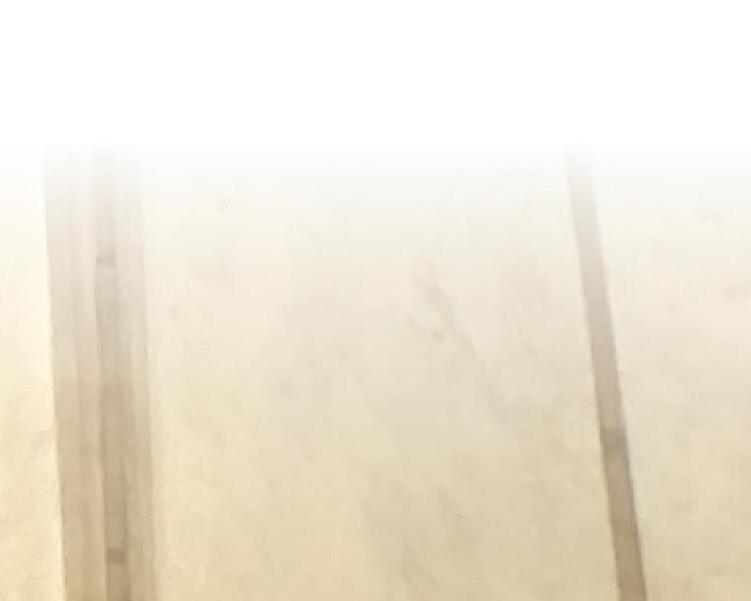
10 minute read
Water brings joy.
by Accordus
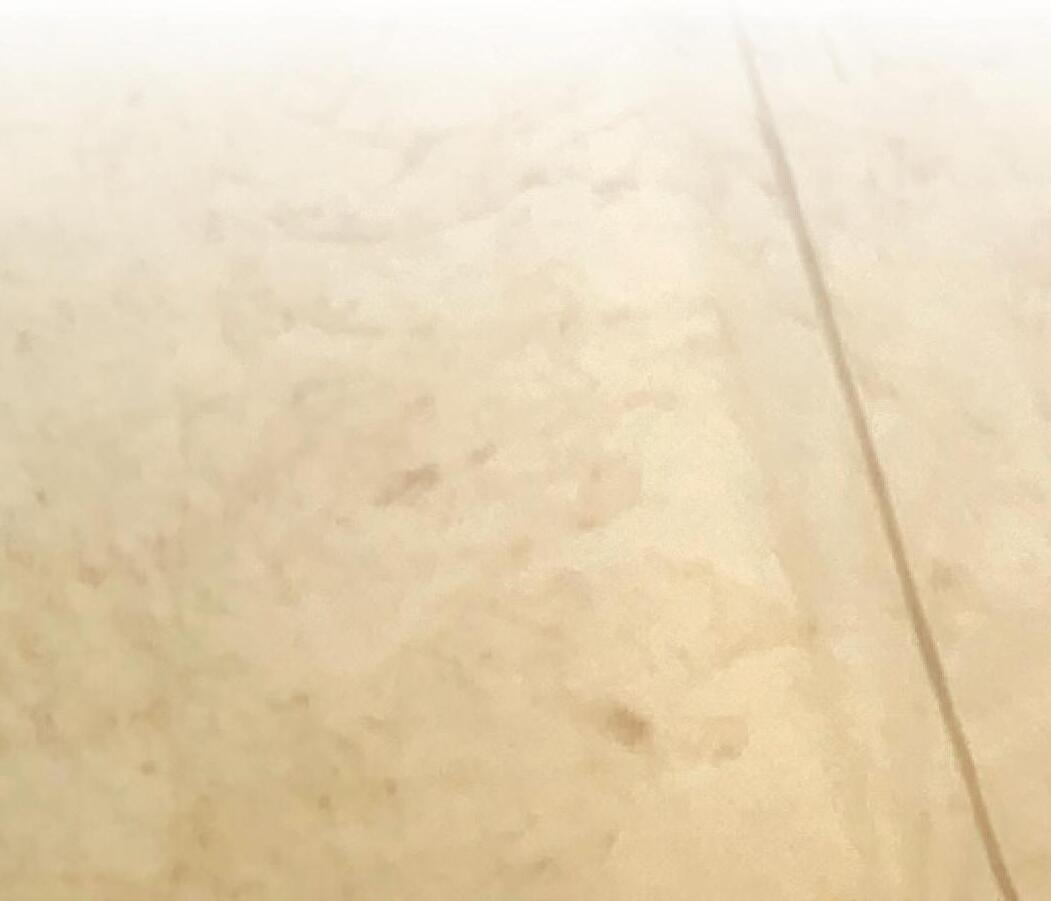
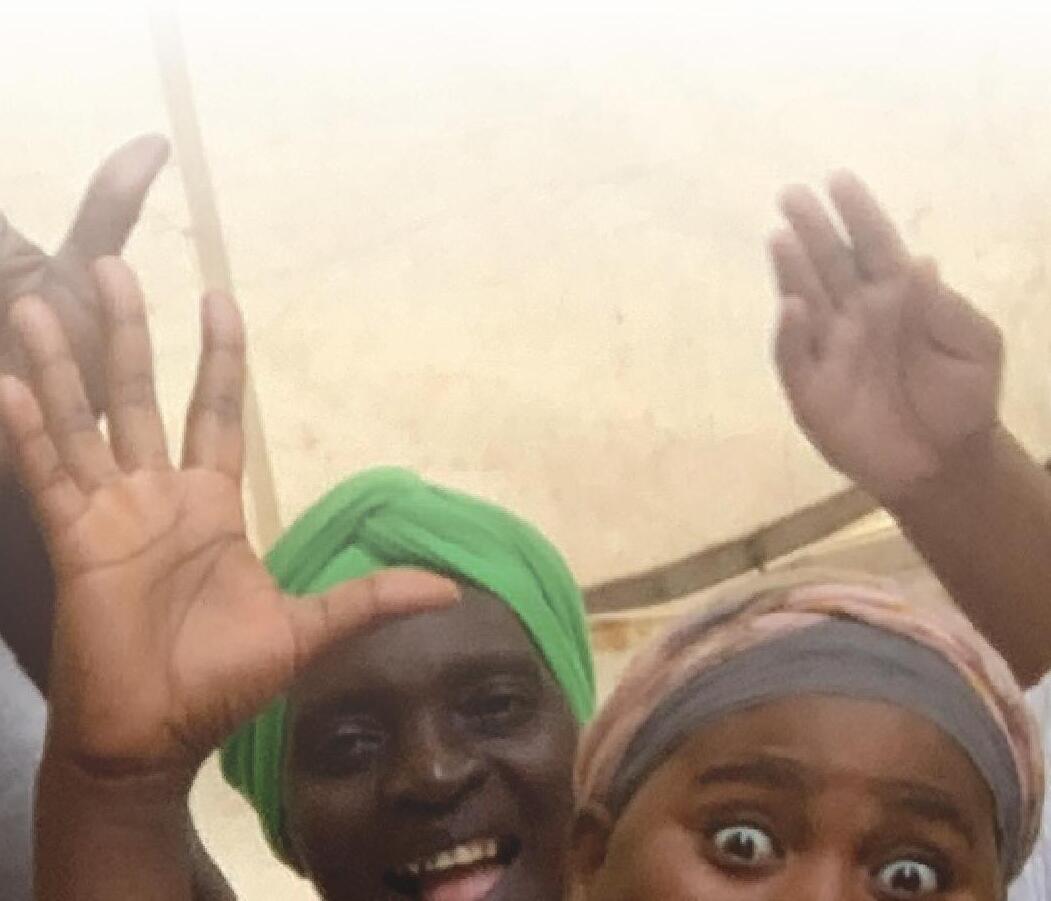
Advertisement
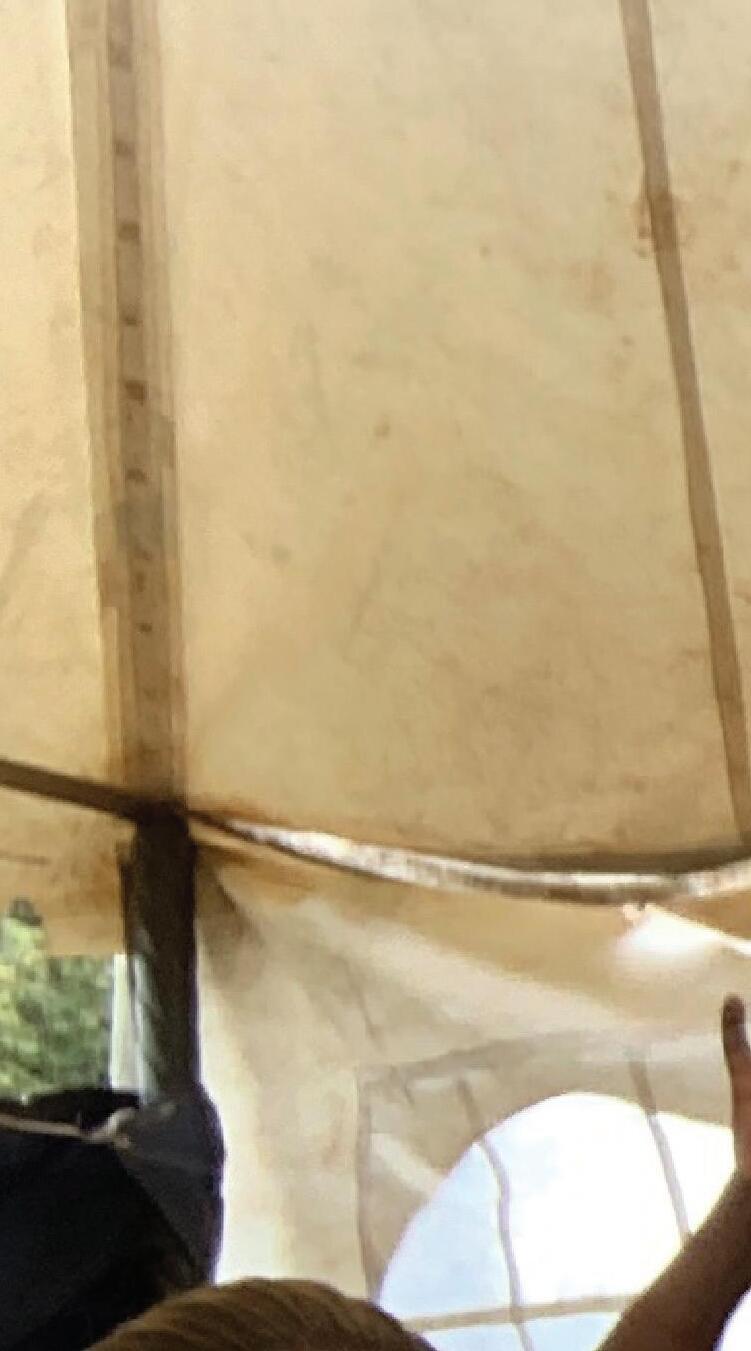
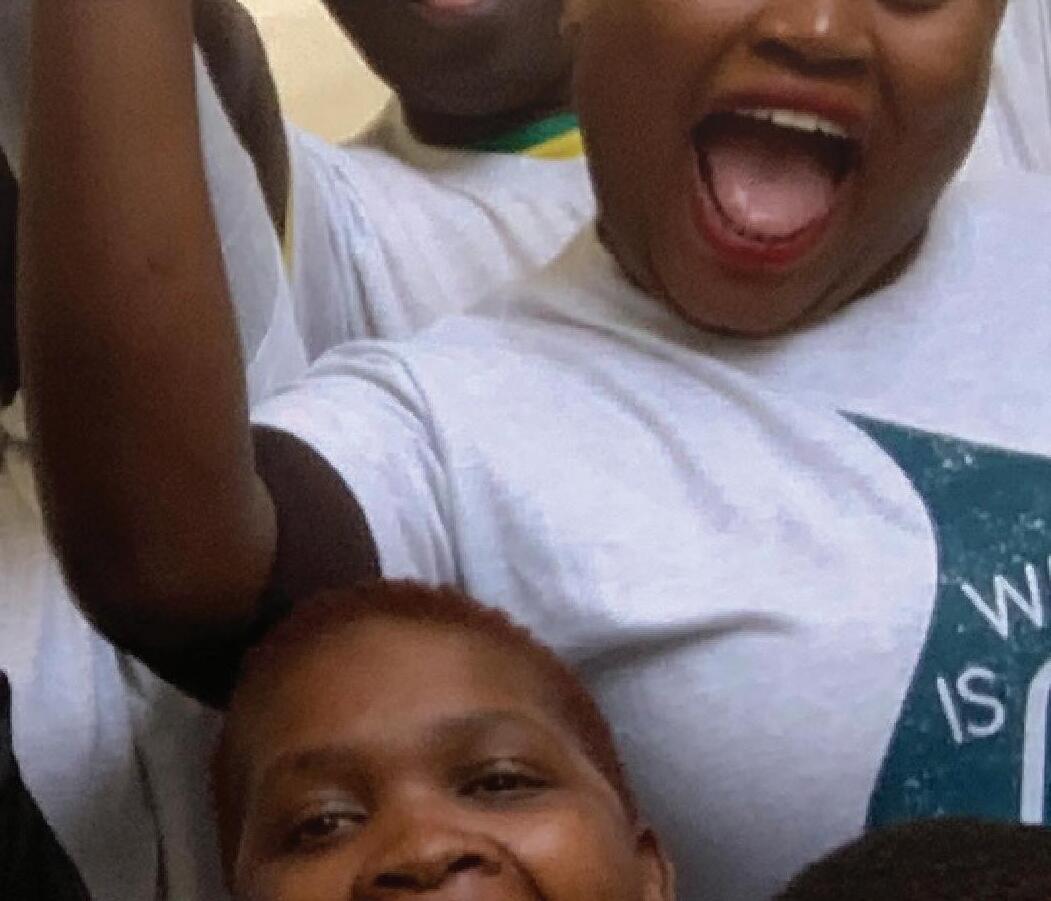
I met Peter in Phakane on one of my first trips and since then he has become a trusted advisor, savvy travel partner, and most of all a dear friend.
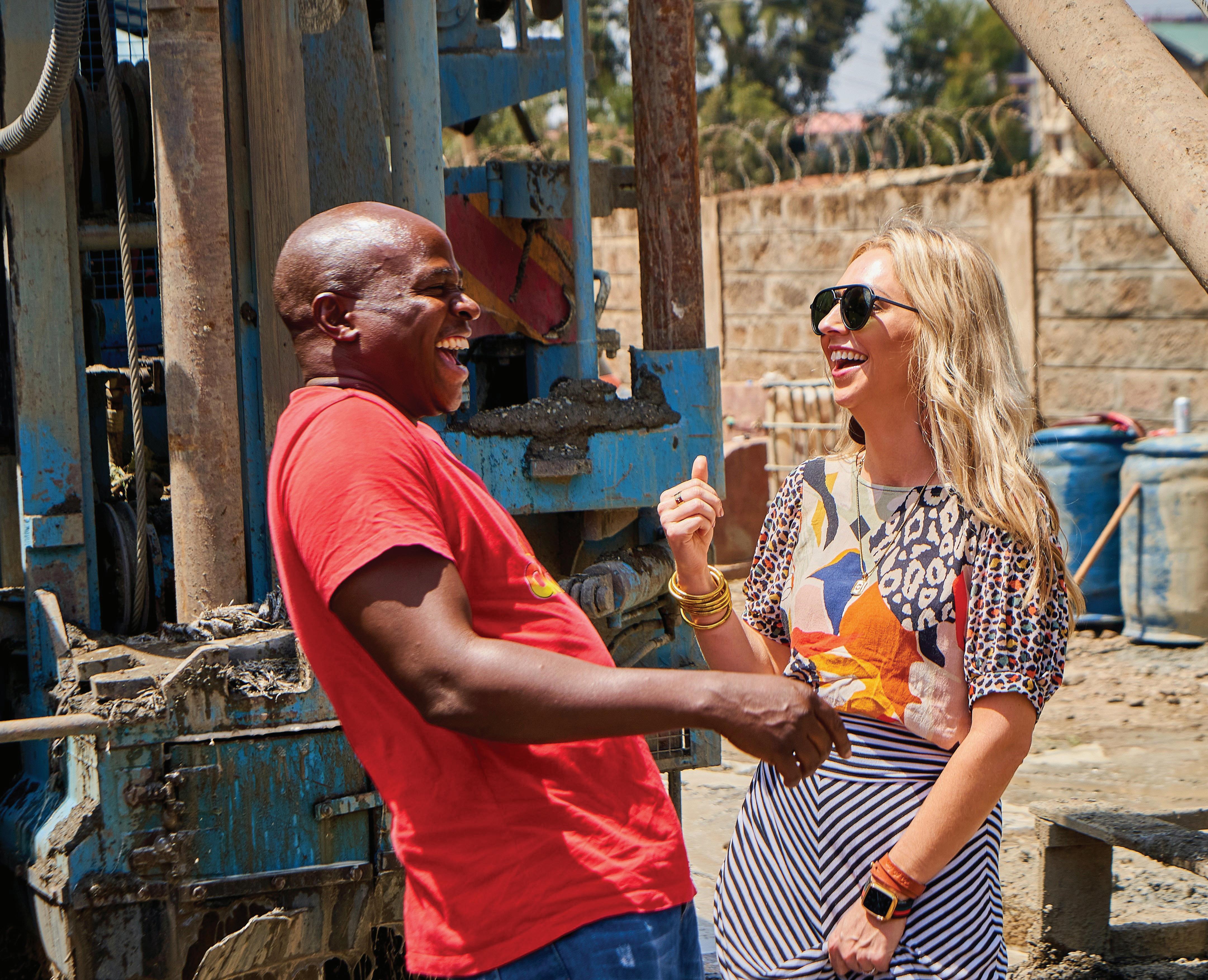
He is 1 of 16 children and grew up in Nairobi, Kenya. He is the child of a minister and came to South Africa to find opportunities. For a living he brokers vegetables from farmers to supermarkets.
He has helped me navigate through different African cultural differences, negotiated deals with me, and has been a spiritual advisor and friend throughout every dig.
Thank you, Peter.
Phakane is a matriarchal community and the grandmothers specifically hold a high place of respect and honor. They are called gogos.
On this trip where we finally dug the well in Phanake I will never forget when one of the typically quiet gogos in the community spoke up. In fact, prior to this moment I dont think she had ever spoken to me directly.
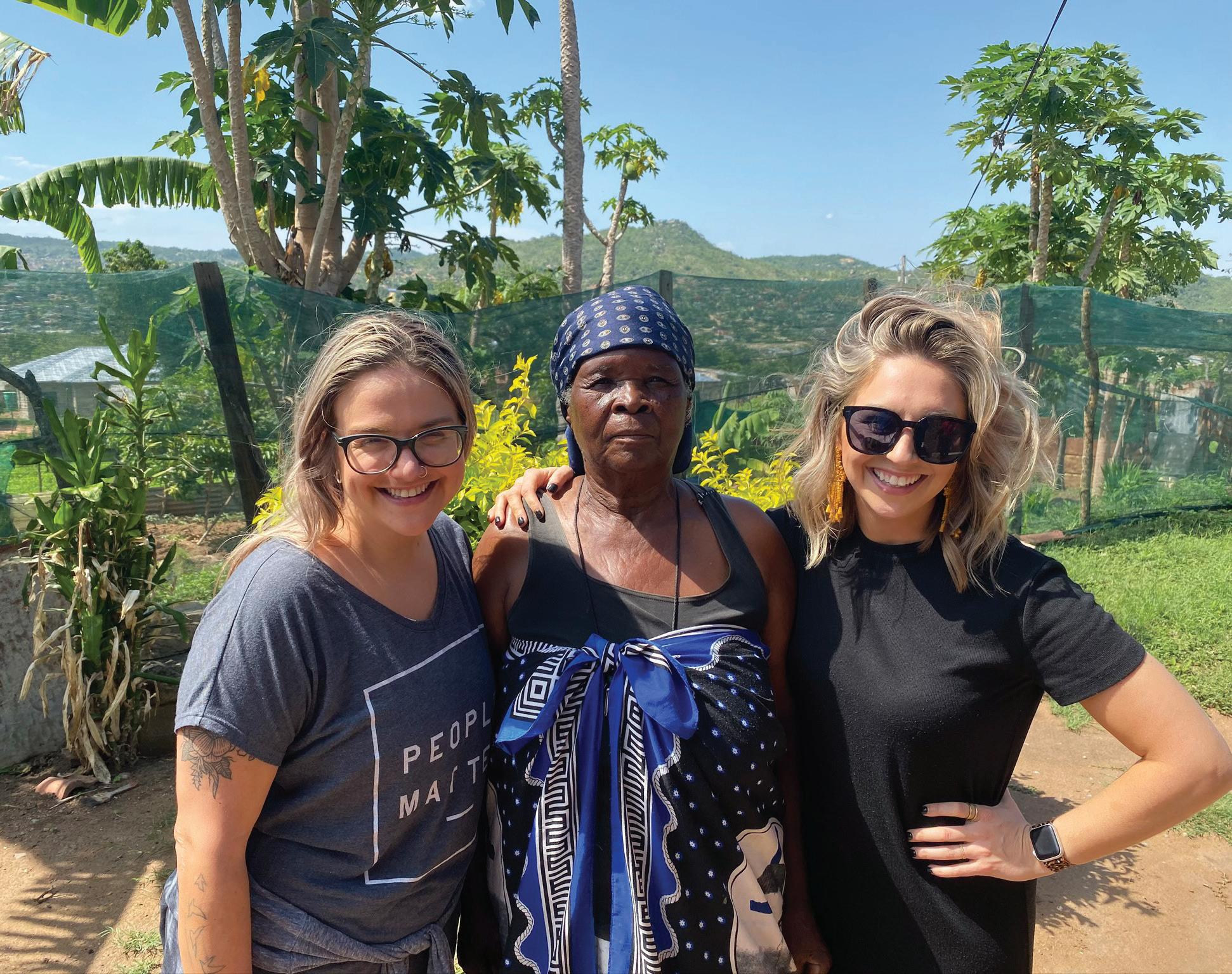
She looked at me smiled, and said, “I thought you would never come back.”
This is when I really started to grasp the power of long-term investment, continuing to show up and come back.
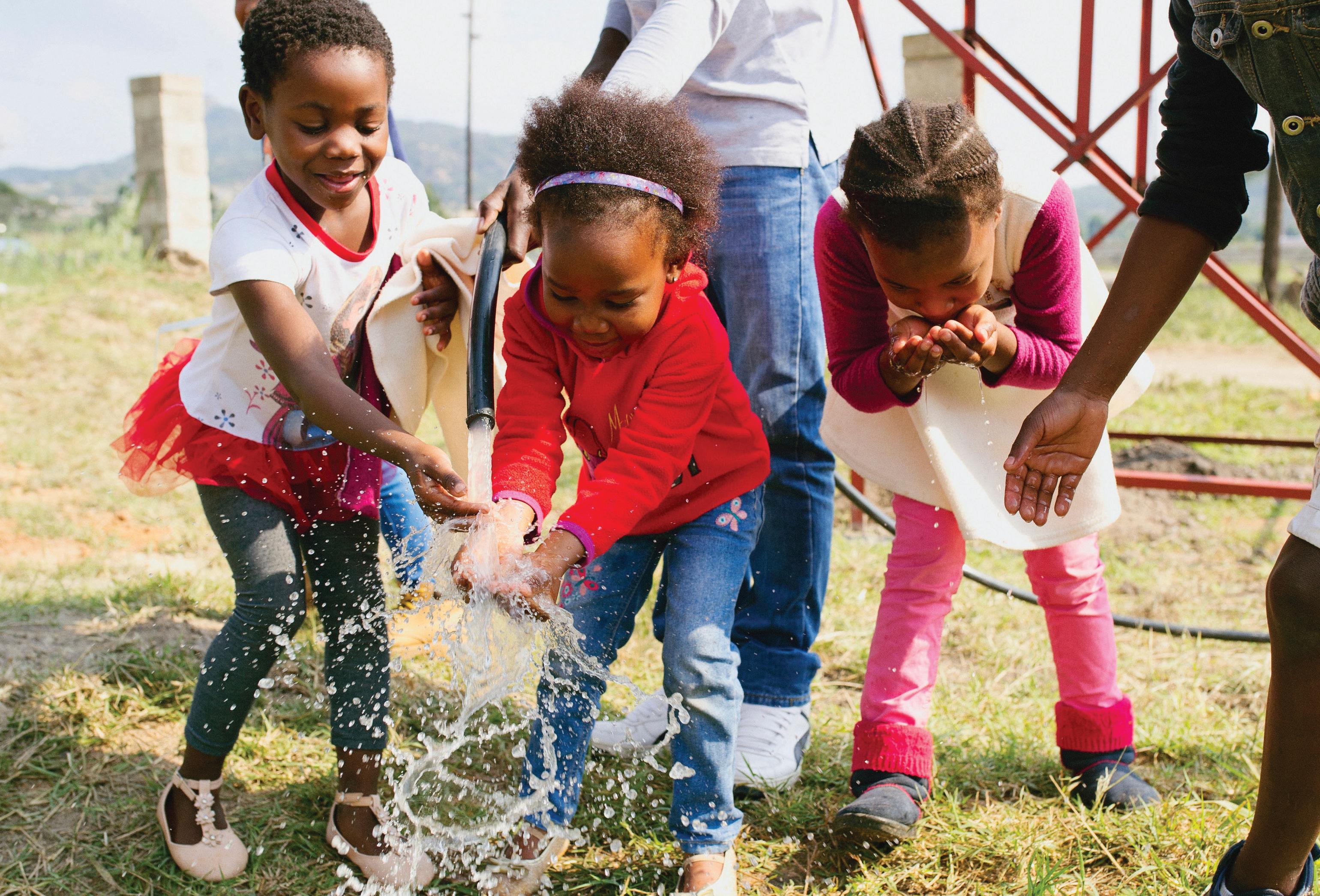
Pastor Noszipho was the first female pastor we had worked with, which surprised me that the church in Africa would have a female pastor, but is a reminder of the matriarchal nature of their culture. The area around the church in Msholozi is densely populated with a lot of blue-collar workers and school-age children.
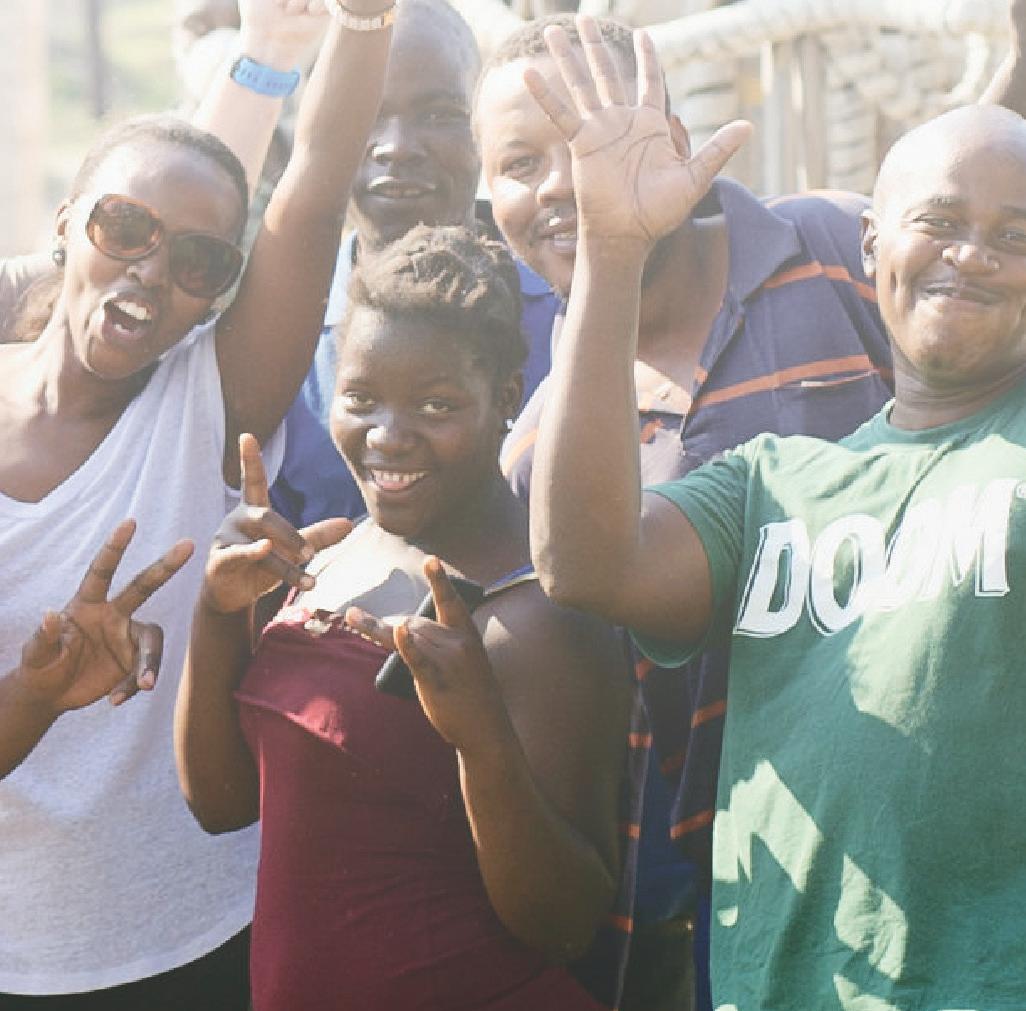
The well there is providing water for 600+ people daily.
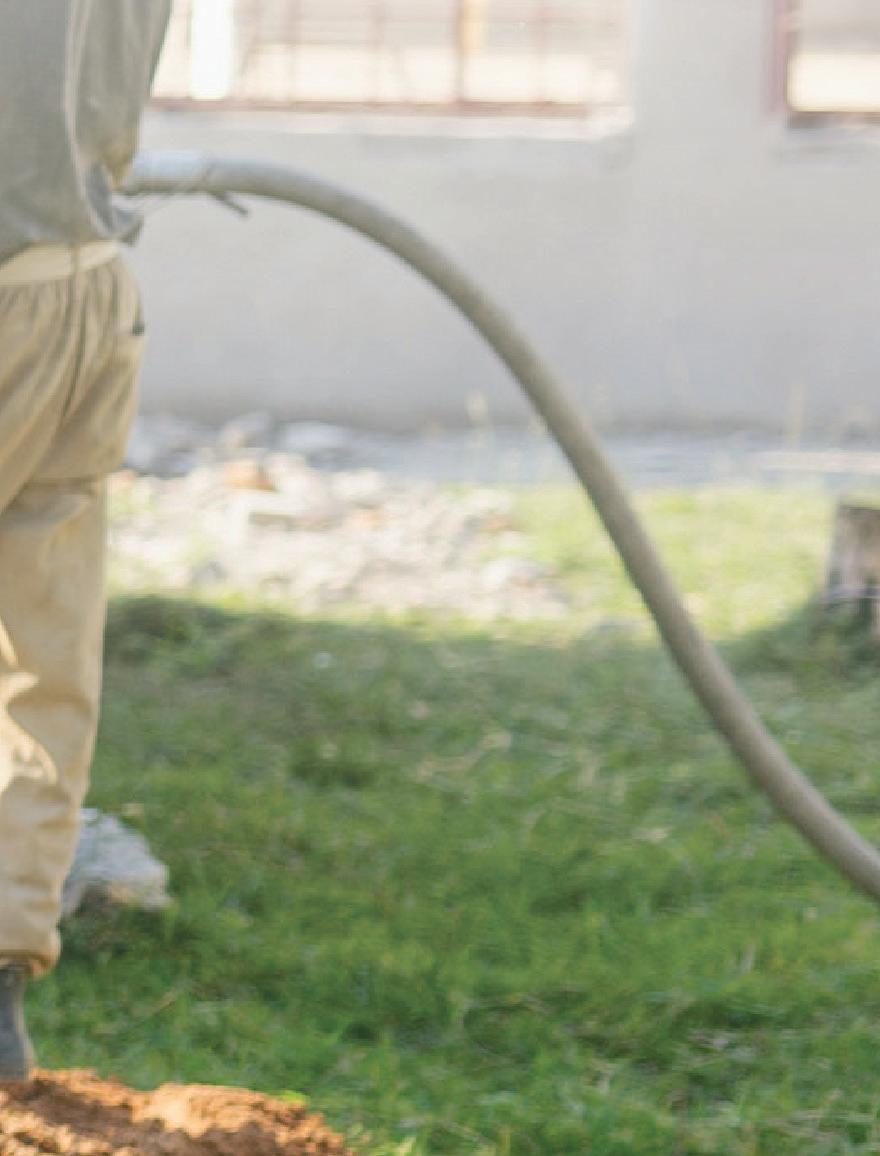
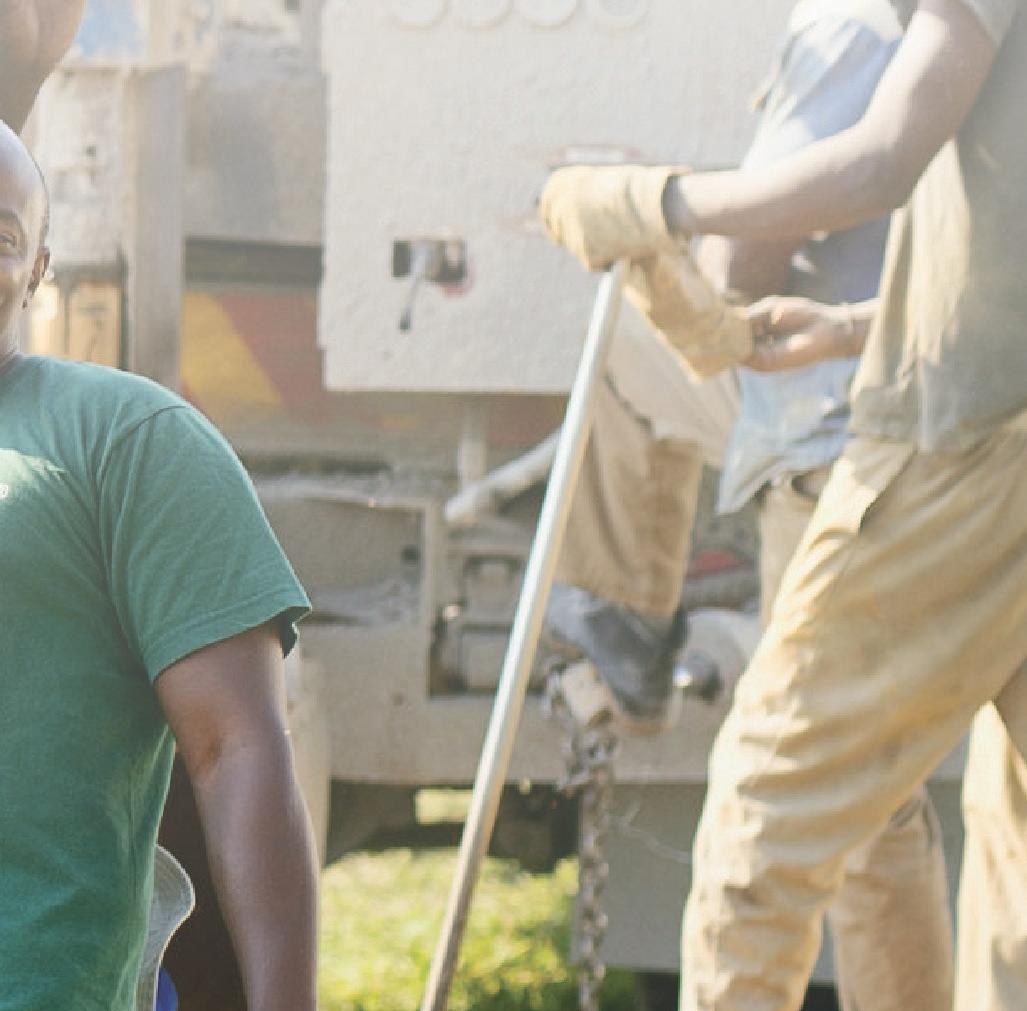
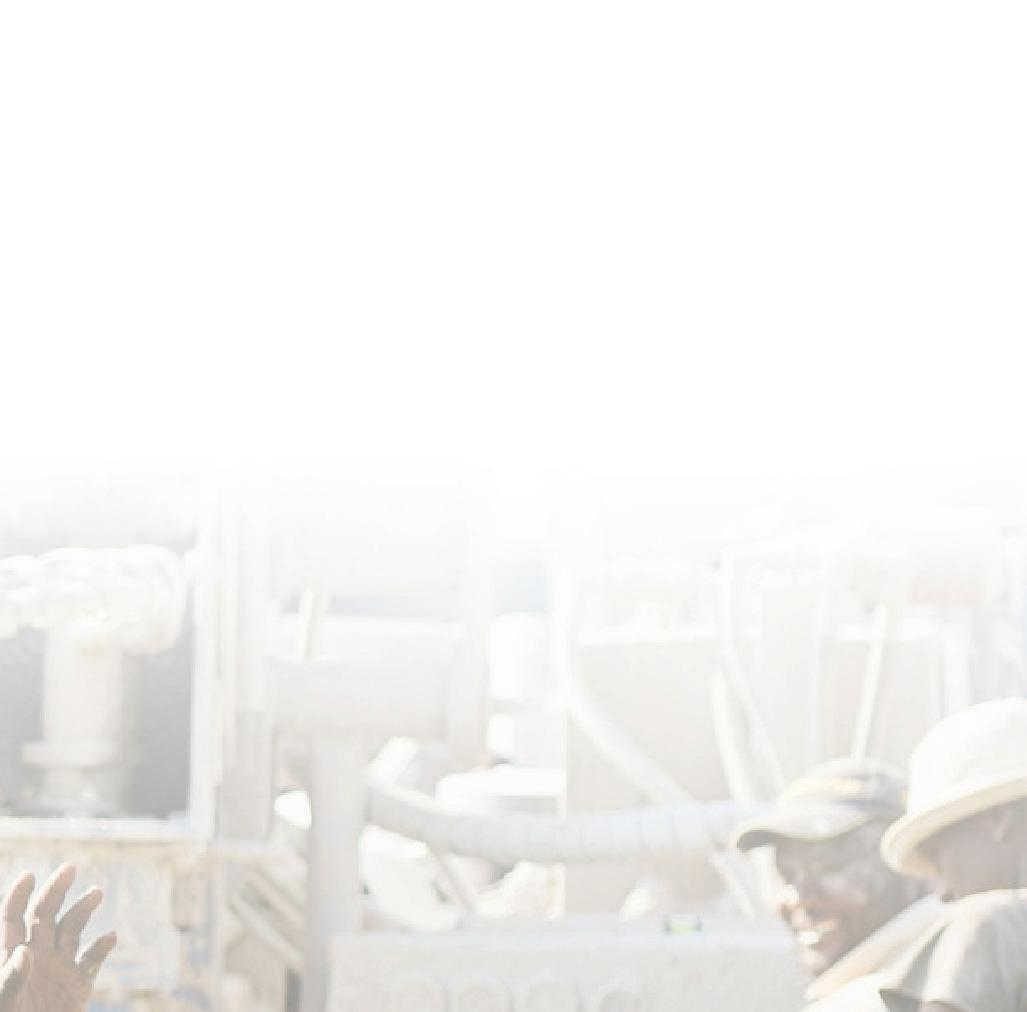
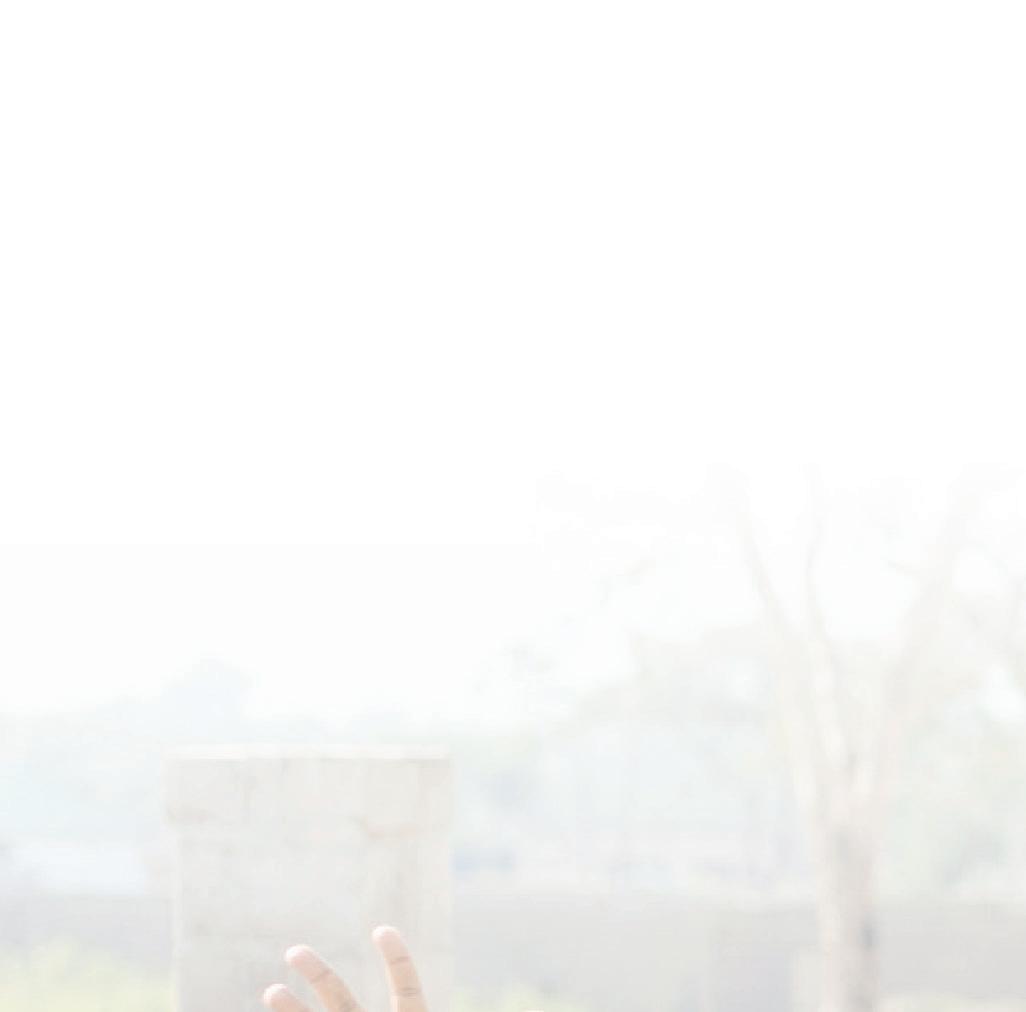
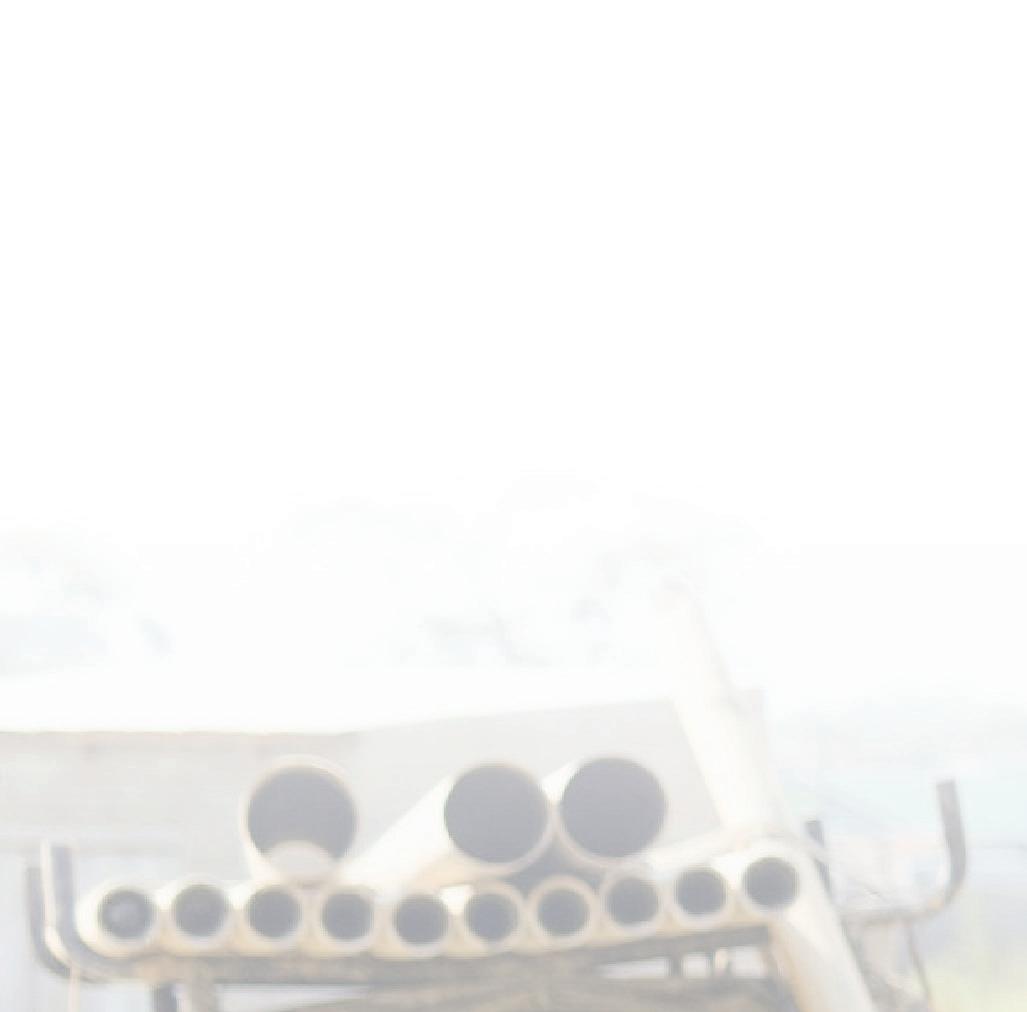
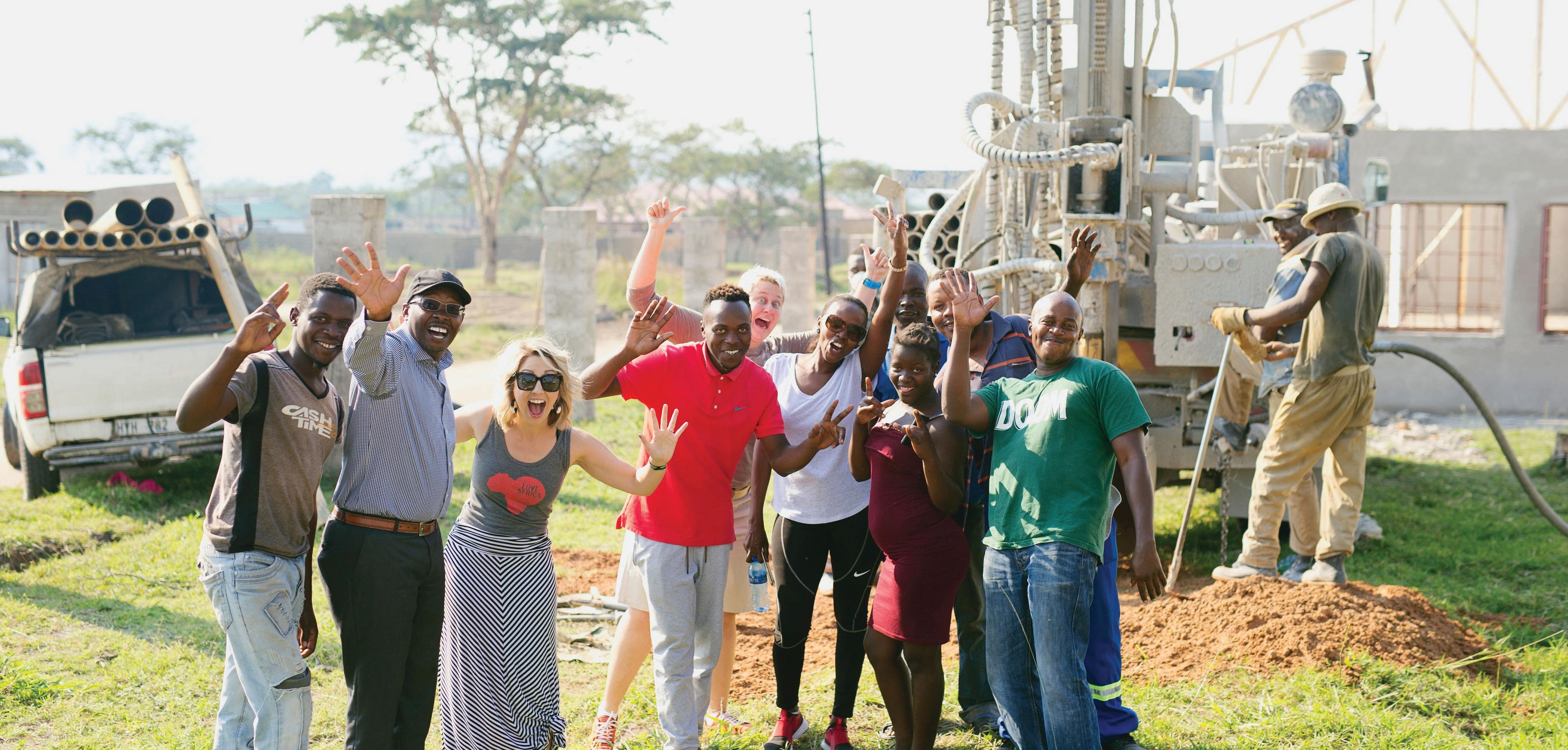
At every project site, there are inevitably kids usually younger as the older ones are in school.
Drilling can be a bit of hurry-up and wait and while we wait we often play. I take soccer balls, bubbles and other toys to enjoy with the children while we wait to hit water.
Much like the children in America, African children love attention, playing games, and laughing. This adorable girl was named Magan and I had so much fun taking pictures, playing and dancing. She held my hand for much of this day in South Africa.
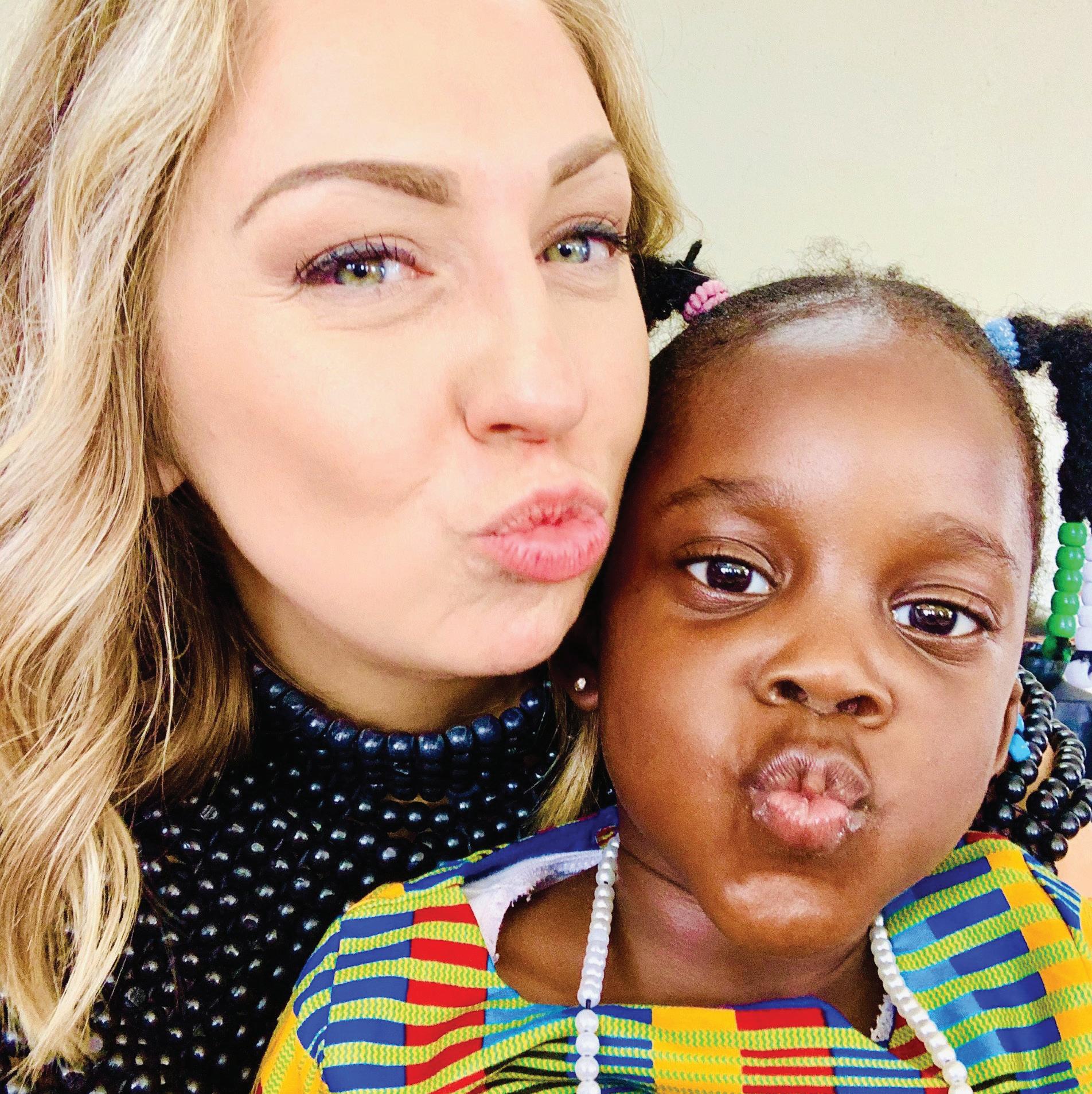
African Food
African food can vary from place to place, just like in any other nation, but I have loved trying new foods and learning how they are prepared at each meal. This meal was in Madagascar and included rice, vegetables and chicken curry- showing the eastern Indian influence on the culture.
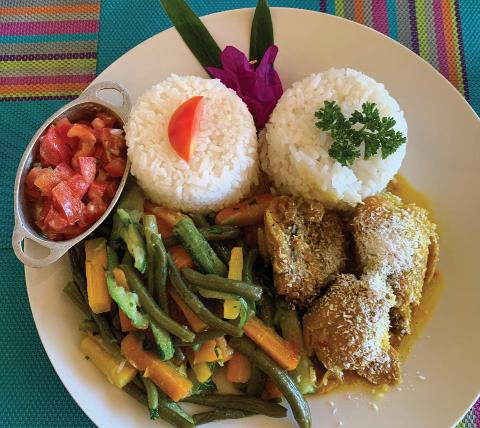
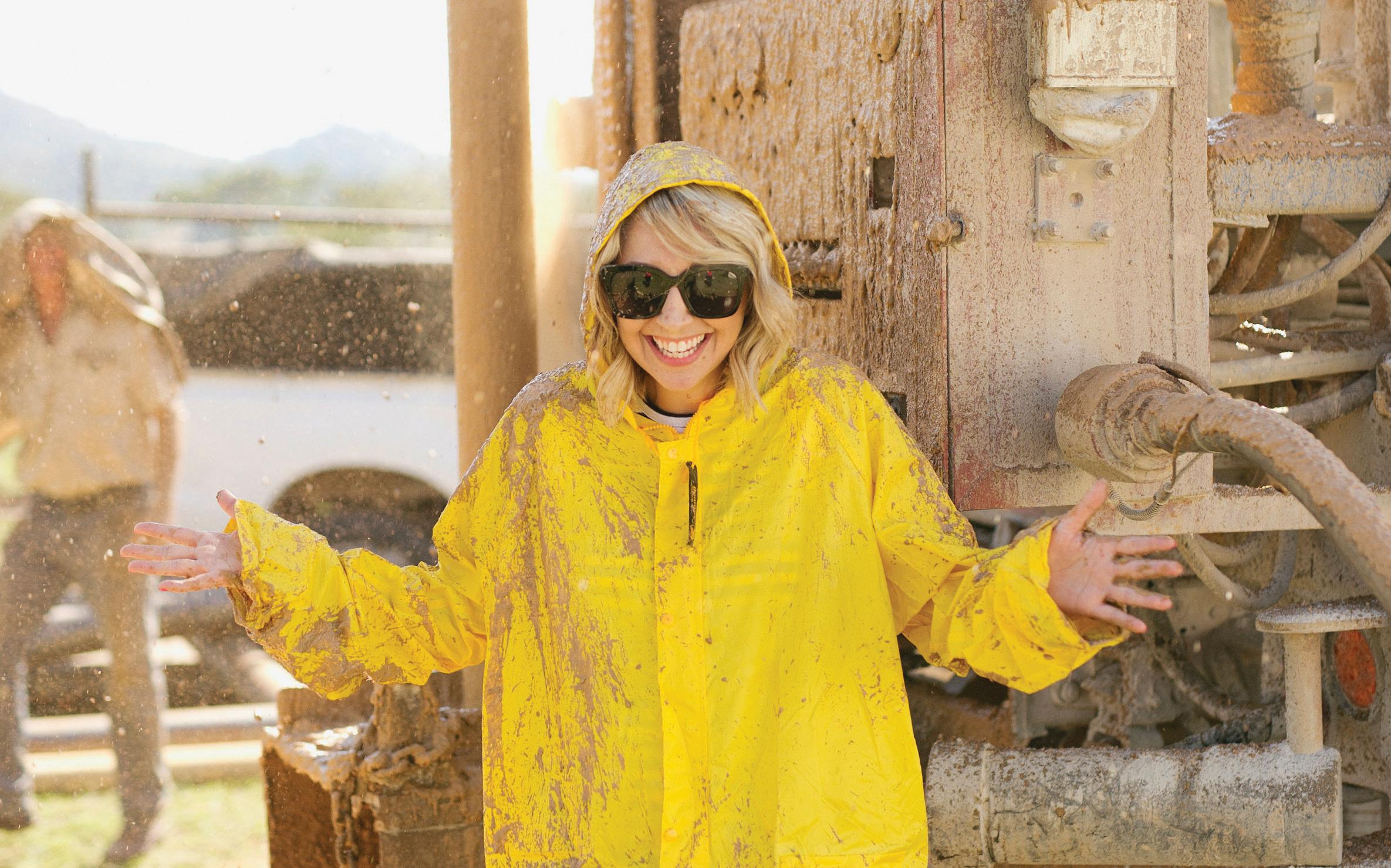
Generations of women’s lives are now changed because of water.
Throughout Africa women and children carry the weight of collecting water. It’s estimated worldwide 2 million hours are spent collecting water every day by women and children.
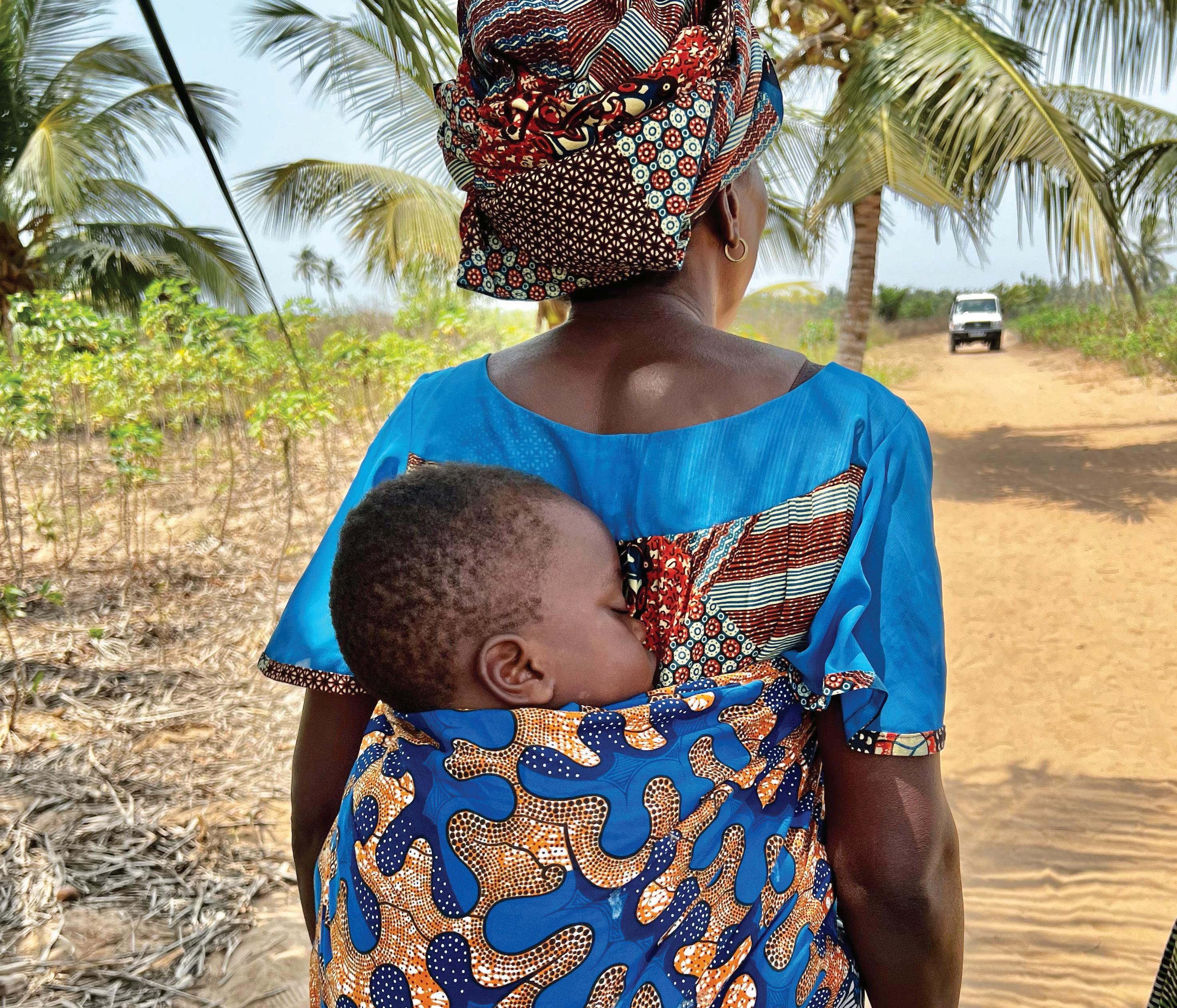
Children miss school and women are hindered from doing much else with their day. Hours and hours are consumed by water.
These wells can change their lives forever. They can dream again and not worry where their water will come from.
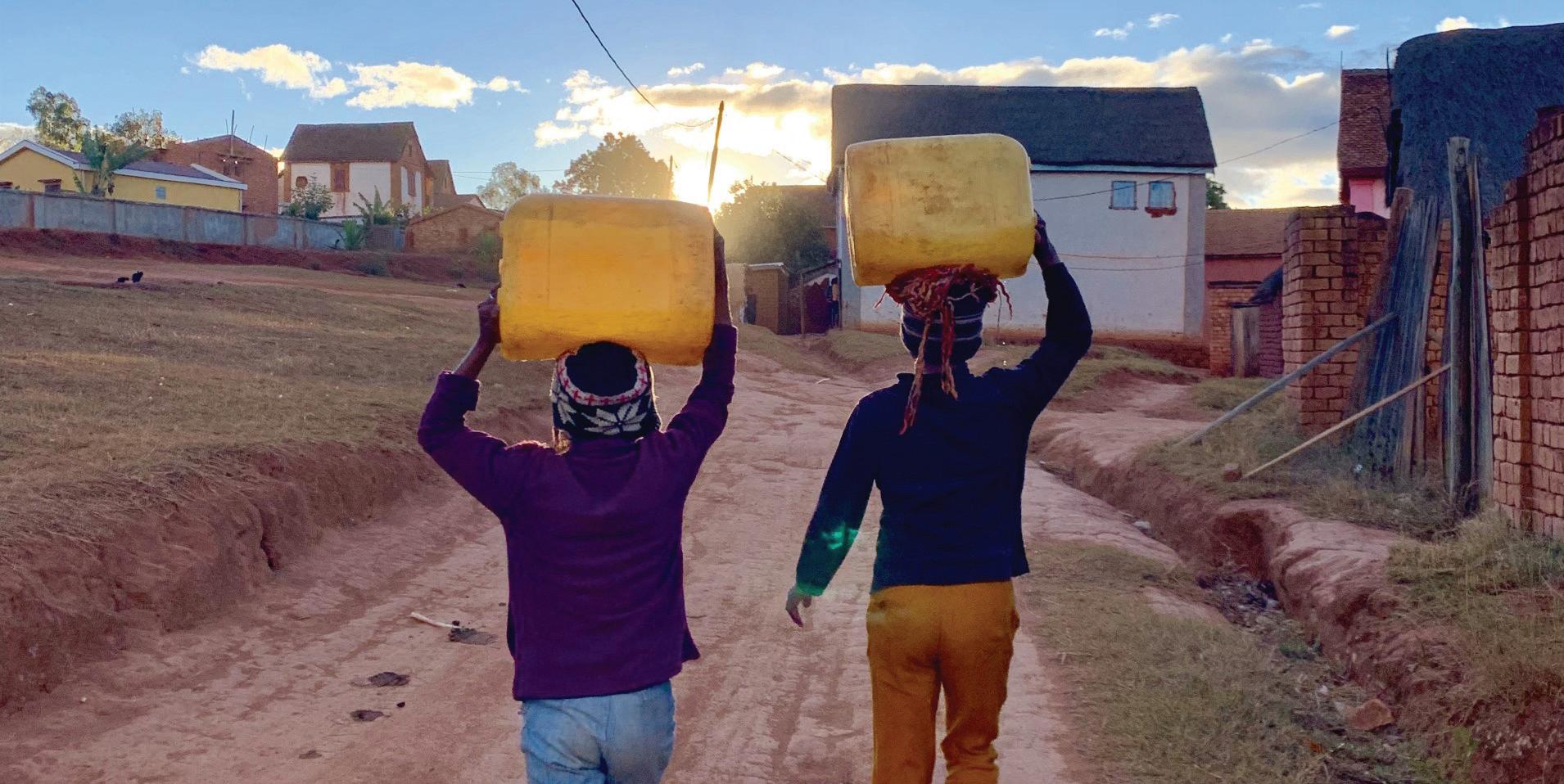
These women are remarkable, and some of them I will never forget. This is one of those women. I remember clearly the moment she looked at me with her baby girl on her back and said,
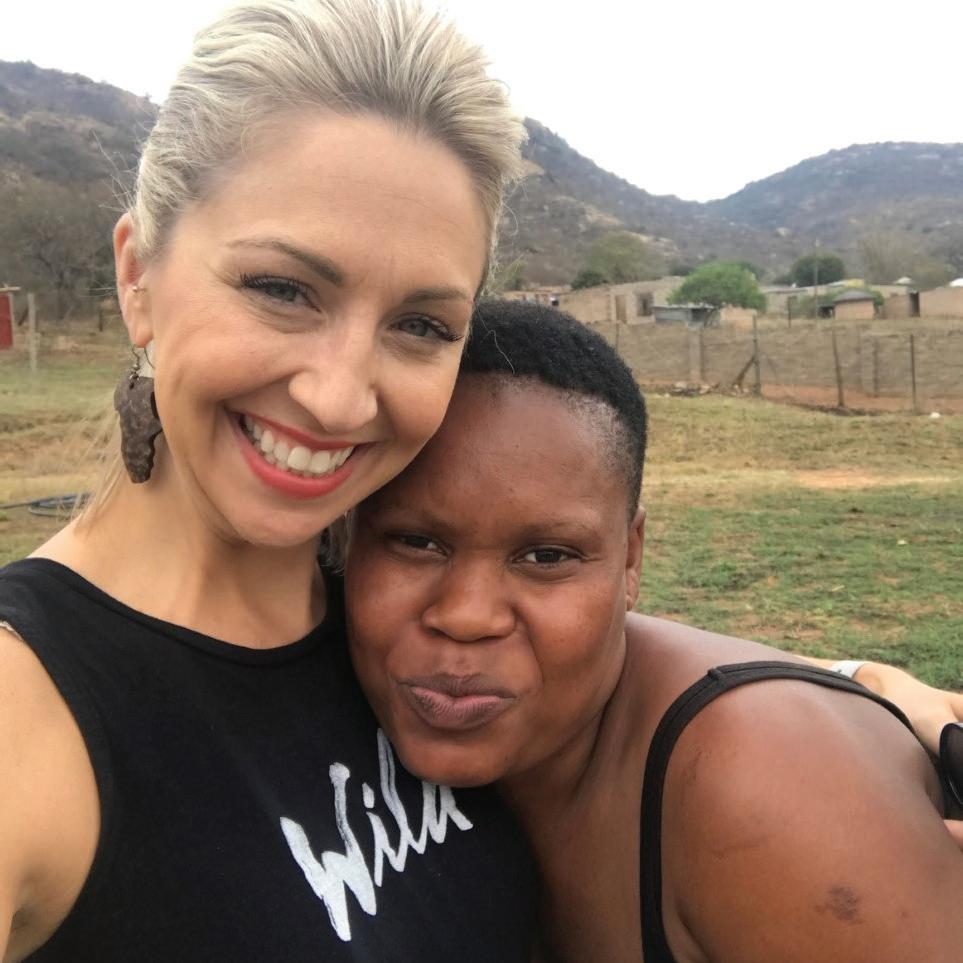
“Now I can bathe my baby at night. Thank you.”
This moment was so powerful and stunning. This child, who she was carrying on her back, would grow up in a new generation where she would have more opportunities because she no longer has to spend her days collecting water.
LOUIEVILLE, SOUTH AFRICA
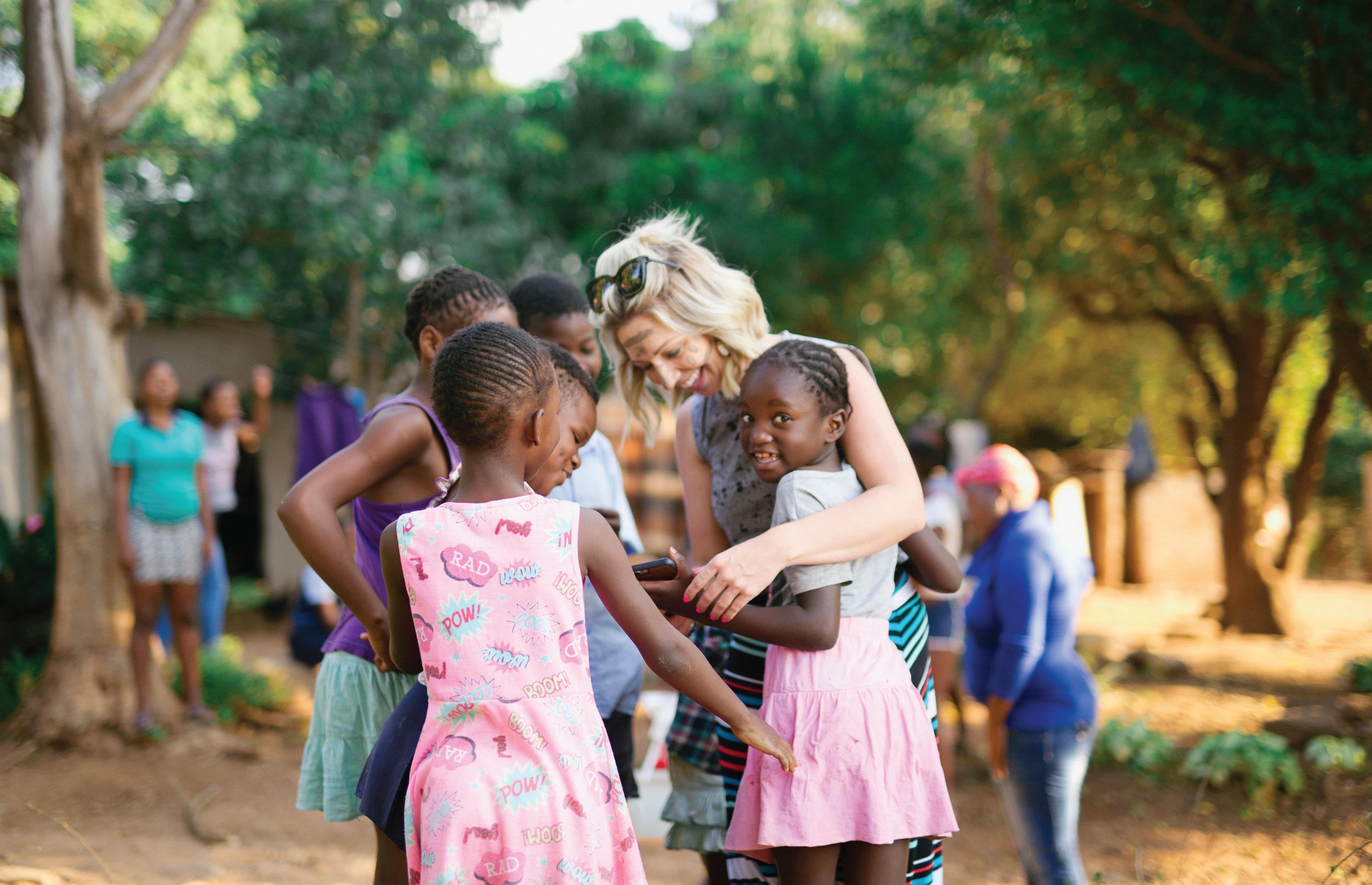
This project in Louieville was at the top of a mountain. At the time, it was the deepest we’d had to drill, and it was quite difficult. But, we finally hit water at 80 meters.
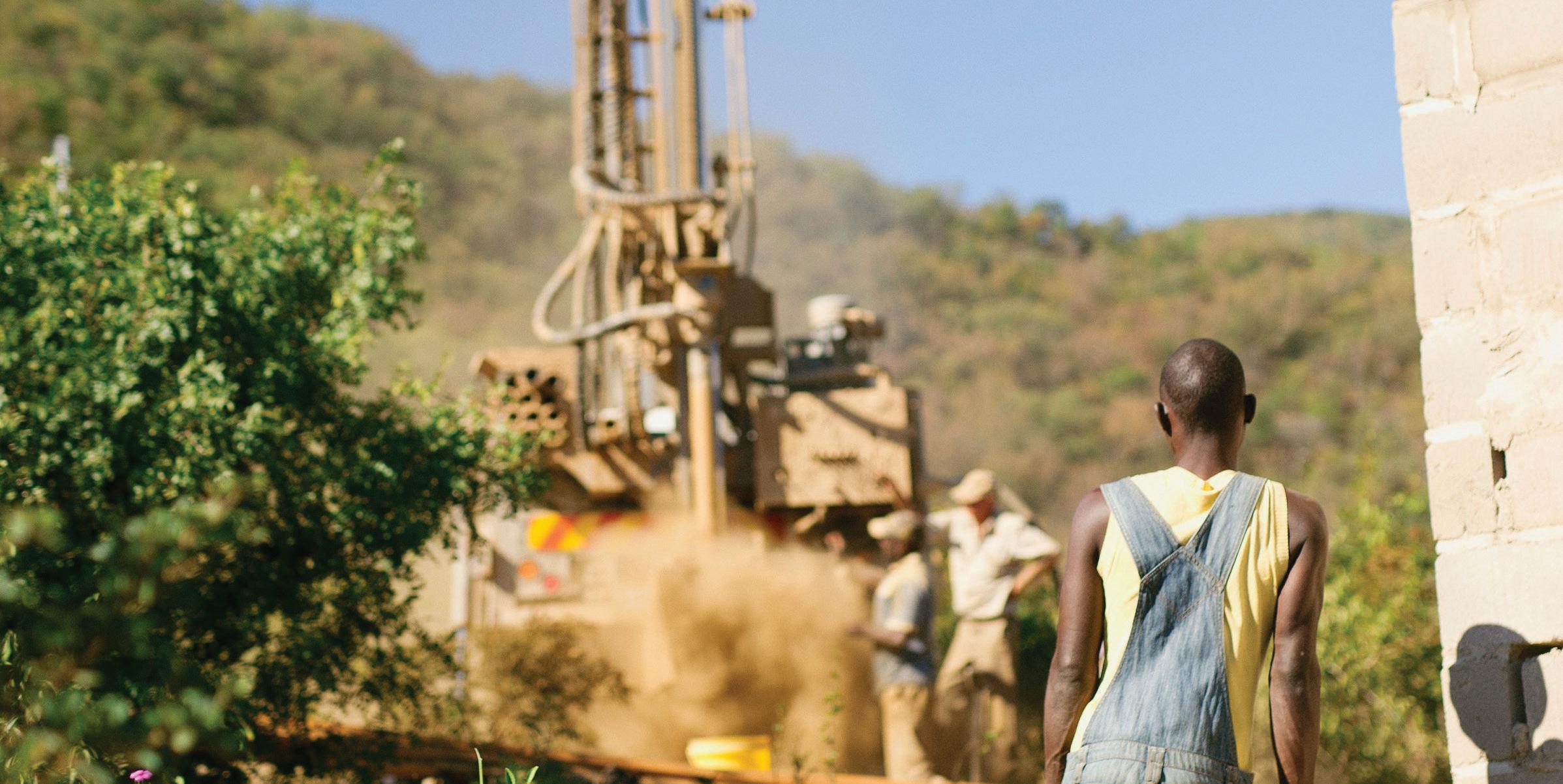
Water witching, also known as water divining or water dowsing, is a practice used to locate underground water. Contrary to how it may sound, it is not a spiritual practice whatsoever, merely has a misnomer name that insinuates.
A person walks carrying the divining rods and the rods will cross over each other making an “x” shape where there is water under the ground.
They also show which direction the water is flowing in the aquifers beneath the ground. We’ve used this practice at several of our sites to locate water.
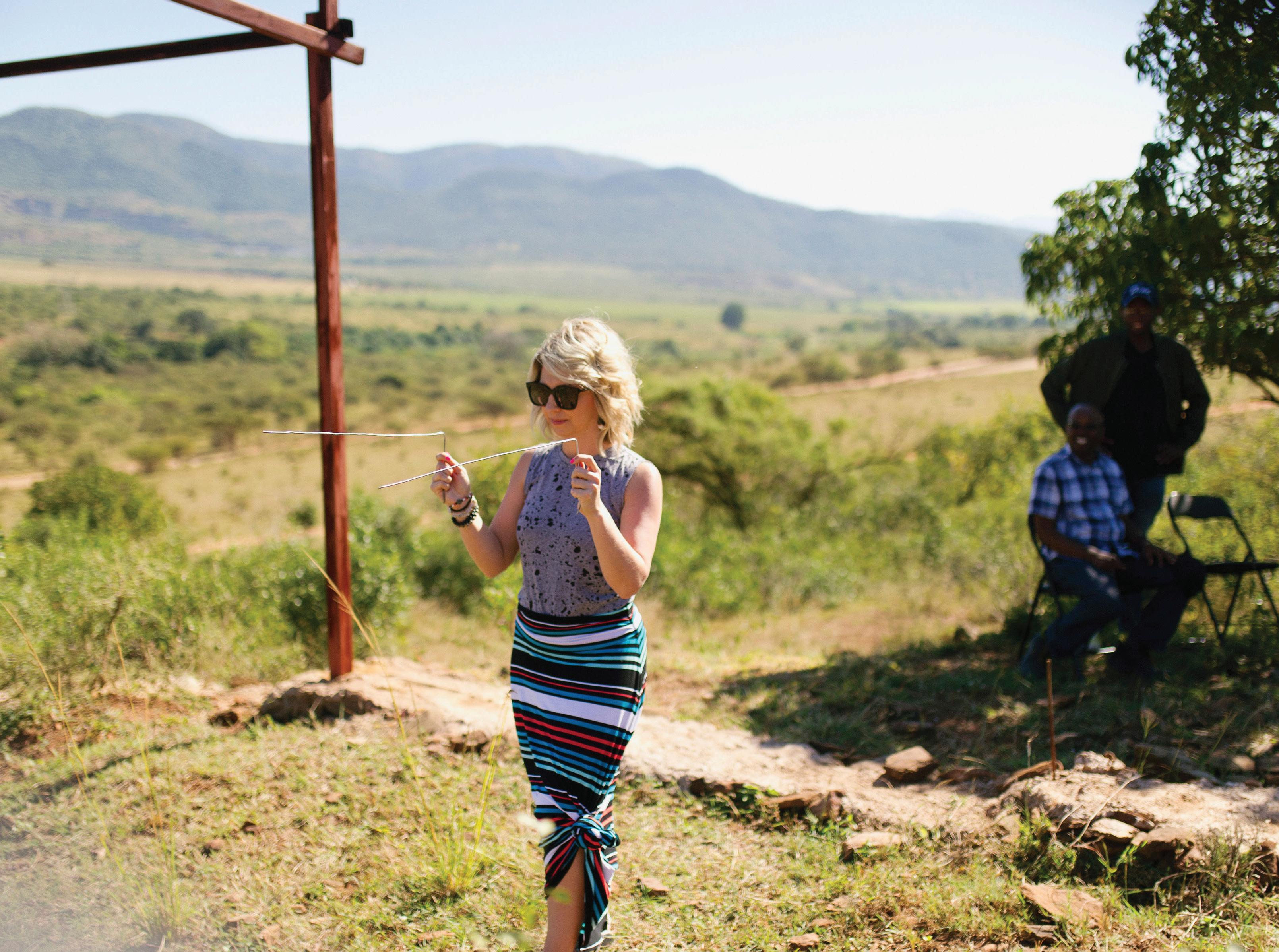
The geologist who taught me about water witching
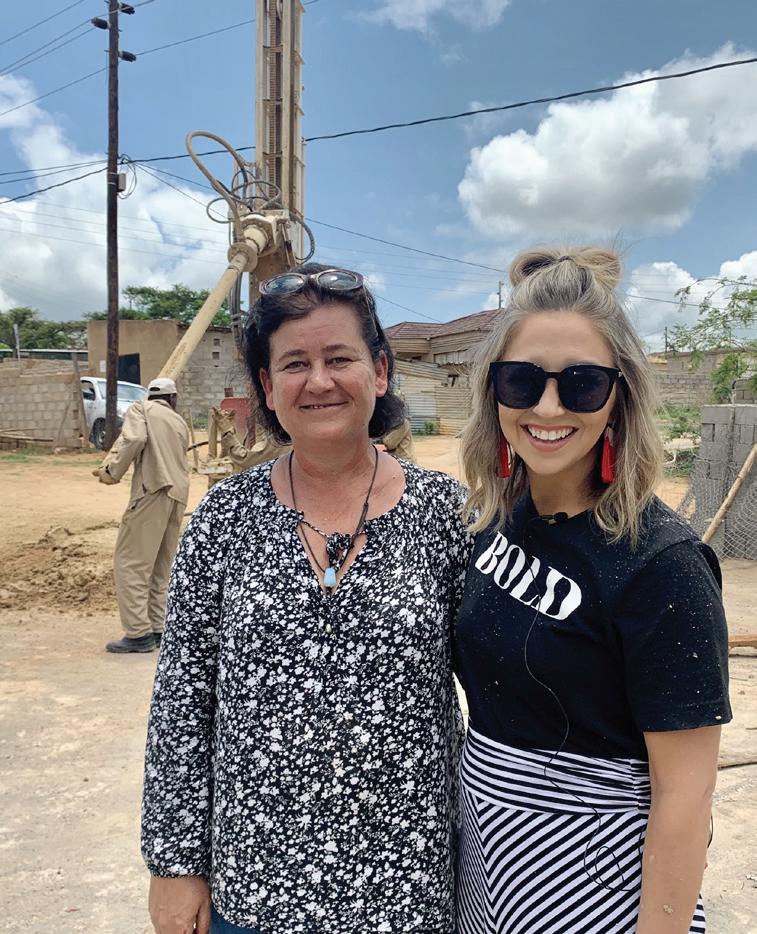
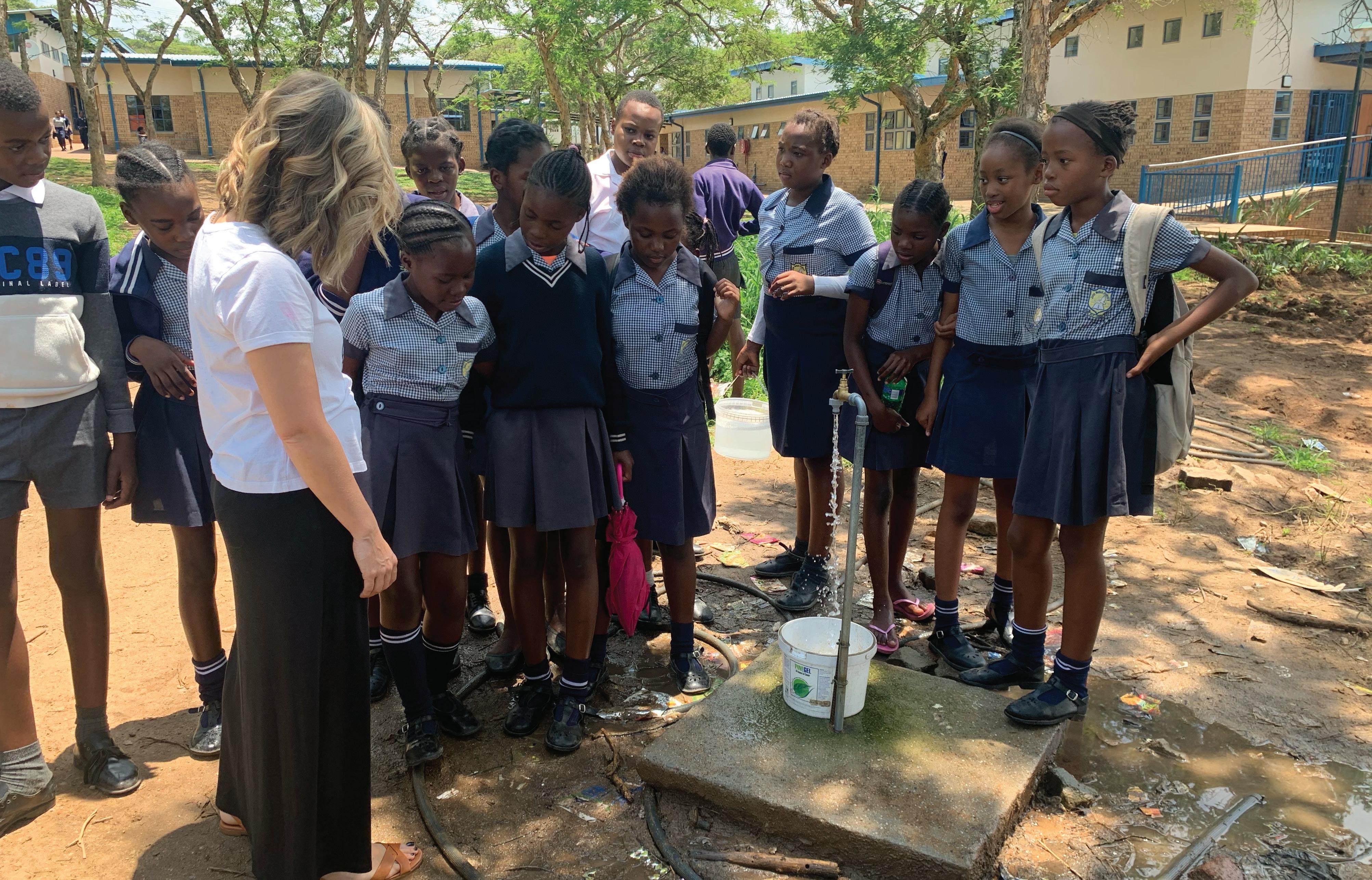
This is the only school project we have done as we typically only partner directly with churches. I made an exception because the school is in close proximity to a church that oversees the school. John Mdluli is primarily for low- income students who have little access to clean, running water at home.
The school has over 1,000 students who now receive fresh water from the well daily.
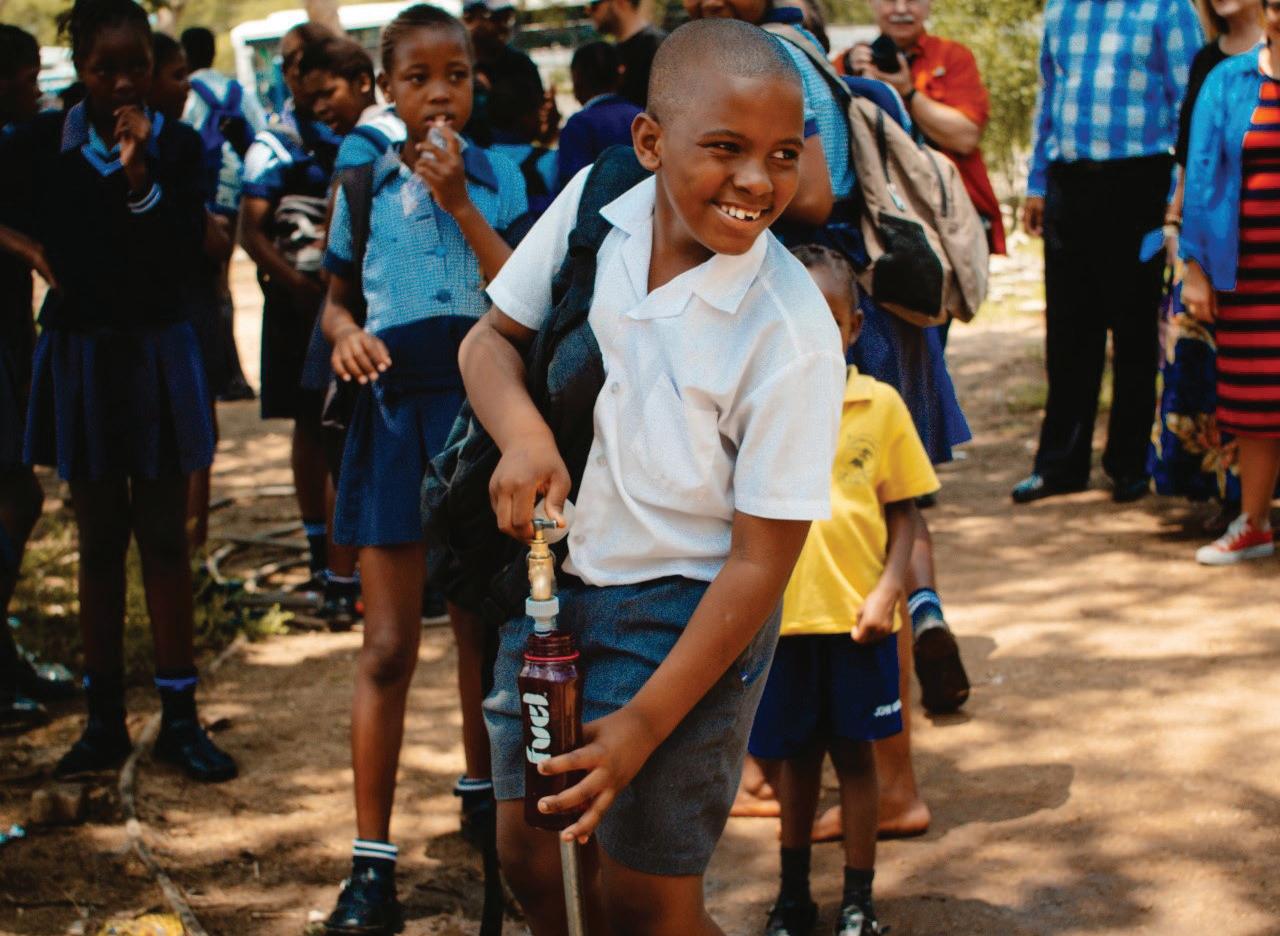
I met Dennis Wevell through a local pastor on one of our trips and he quickly became a dear friend and encouragement to me and 28Bold. A business owner and respected member of the local church and community, Dennis was a trusted confidant.
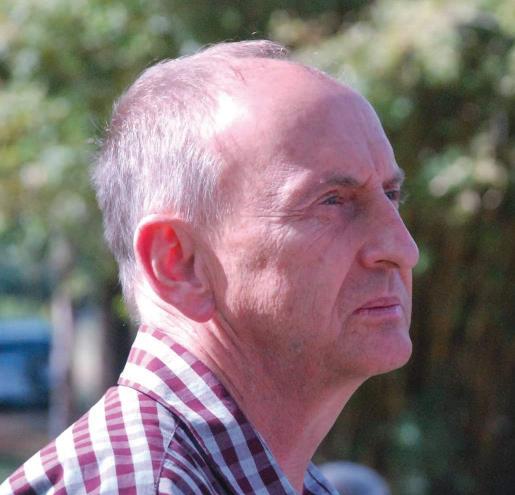
He is also the primary reason we took on the John Mdluli project- because he was very involved in the establishment and running of the school.
As a local business owner, he helped build and grow the school and mentored many throughout the process.
Much to our horror, Dennis passed away in February of 2023. His legacy lives on through the work of 28Bold, the John Mdluli school, and beyond.
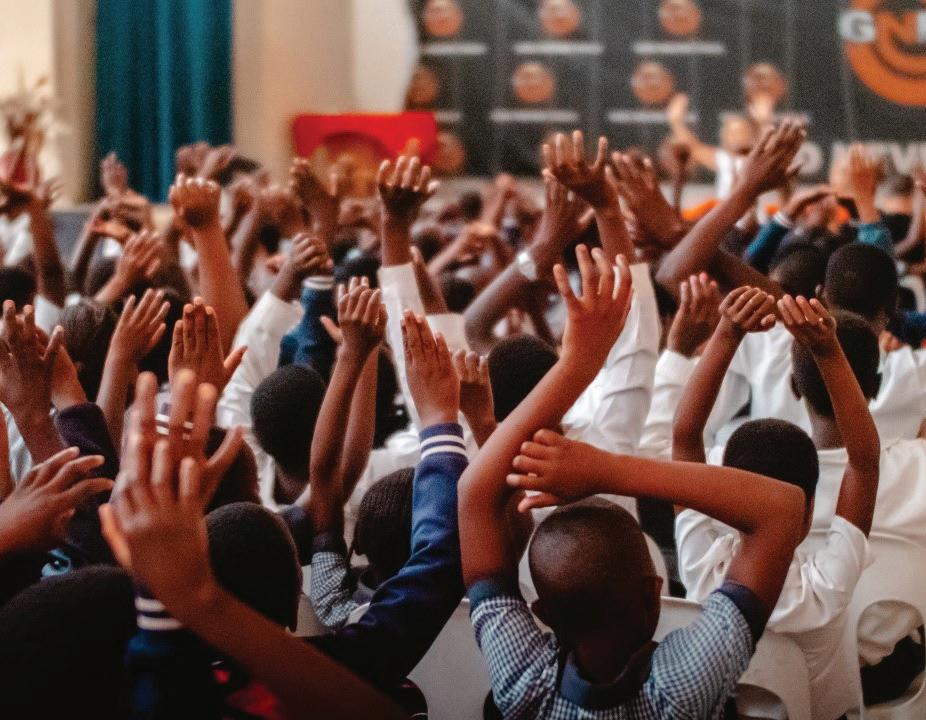
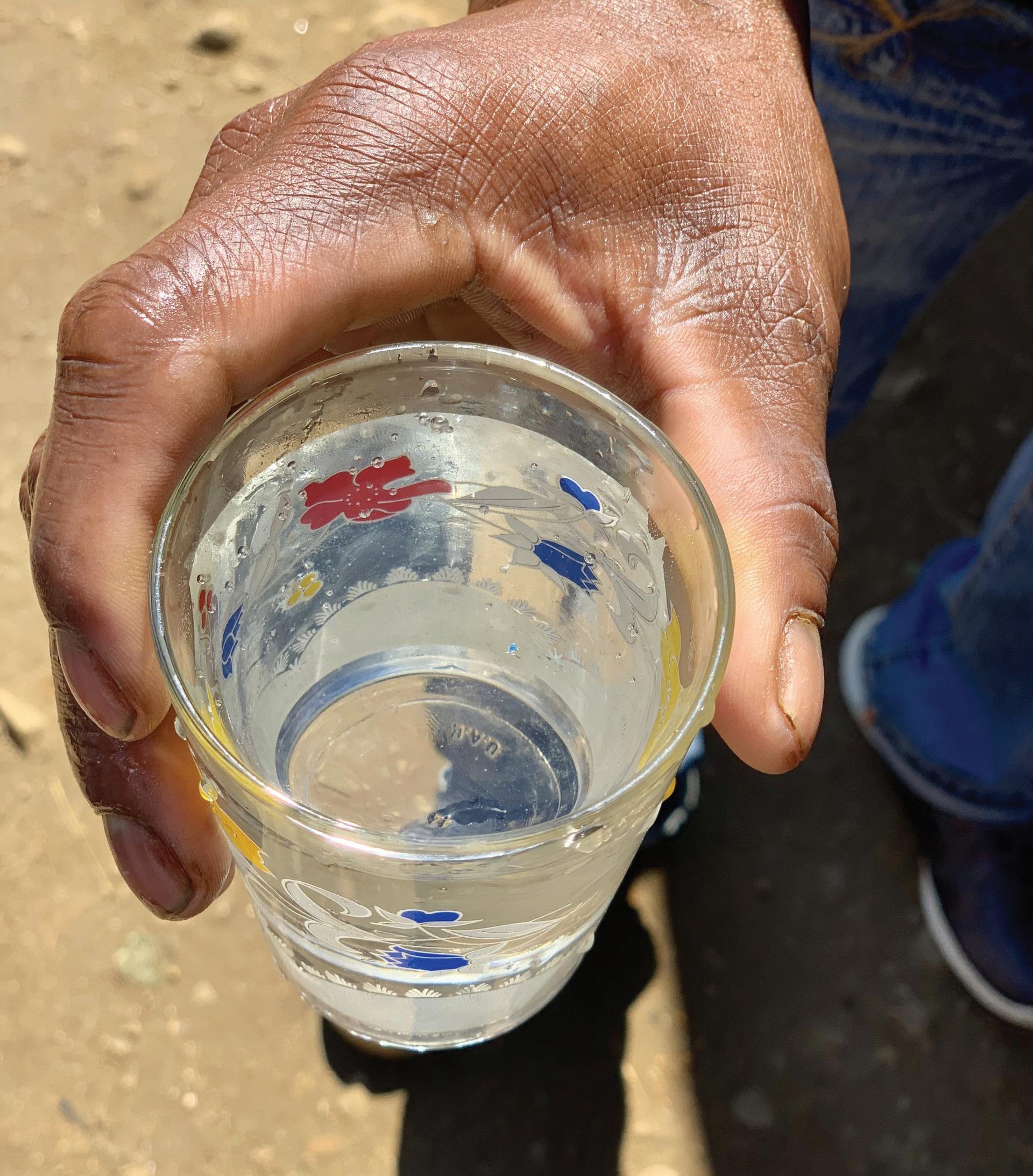
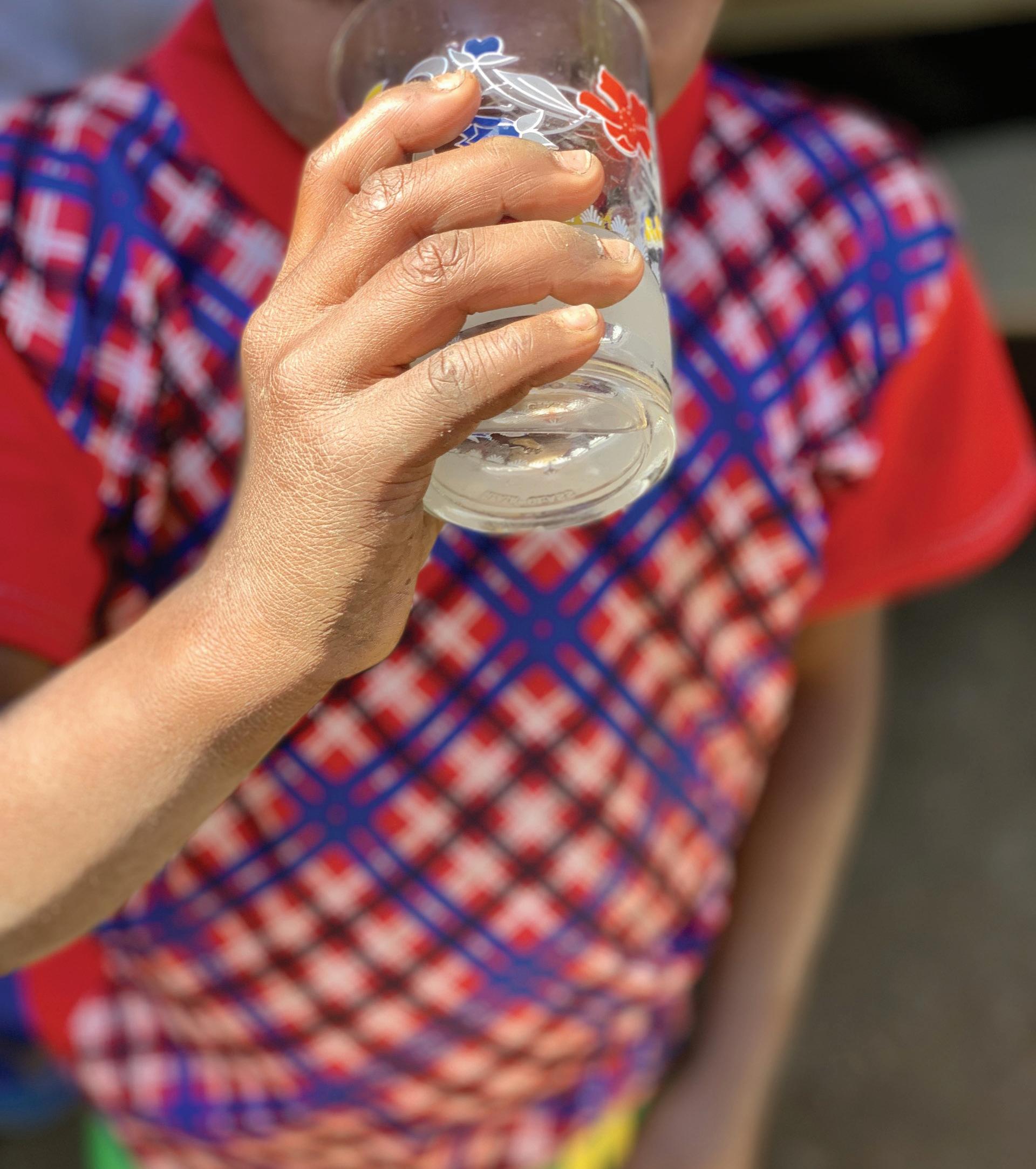
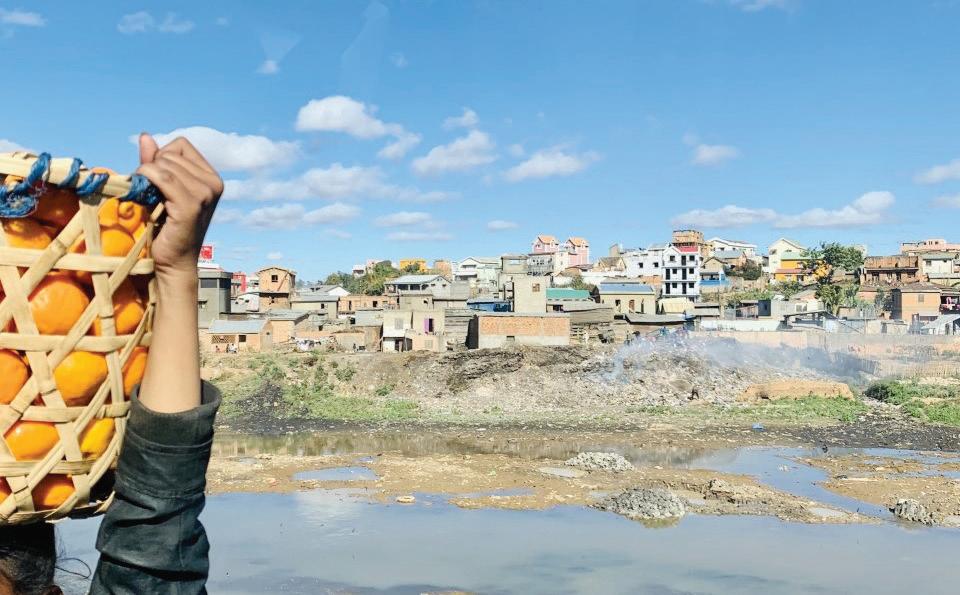
For this project, we worked with Pastor Dinah. He oversees many churches in Madagascar, some in the city and some in the rainforest. This project was at his personal church in the city of Antananarivo, the capital of Madagascar affectionately referred to as “Tana”.
Under Pastor Dinah’s leadership there is a bible translation group working on translating the bible in all the dialects in Madagascar- people groups that have never seen the BIble written in their language.
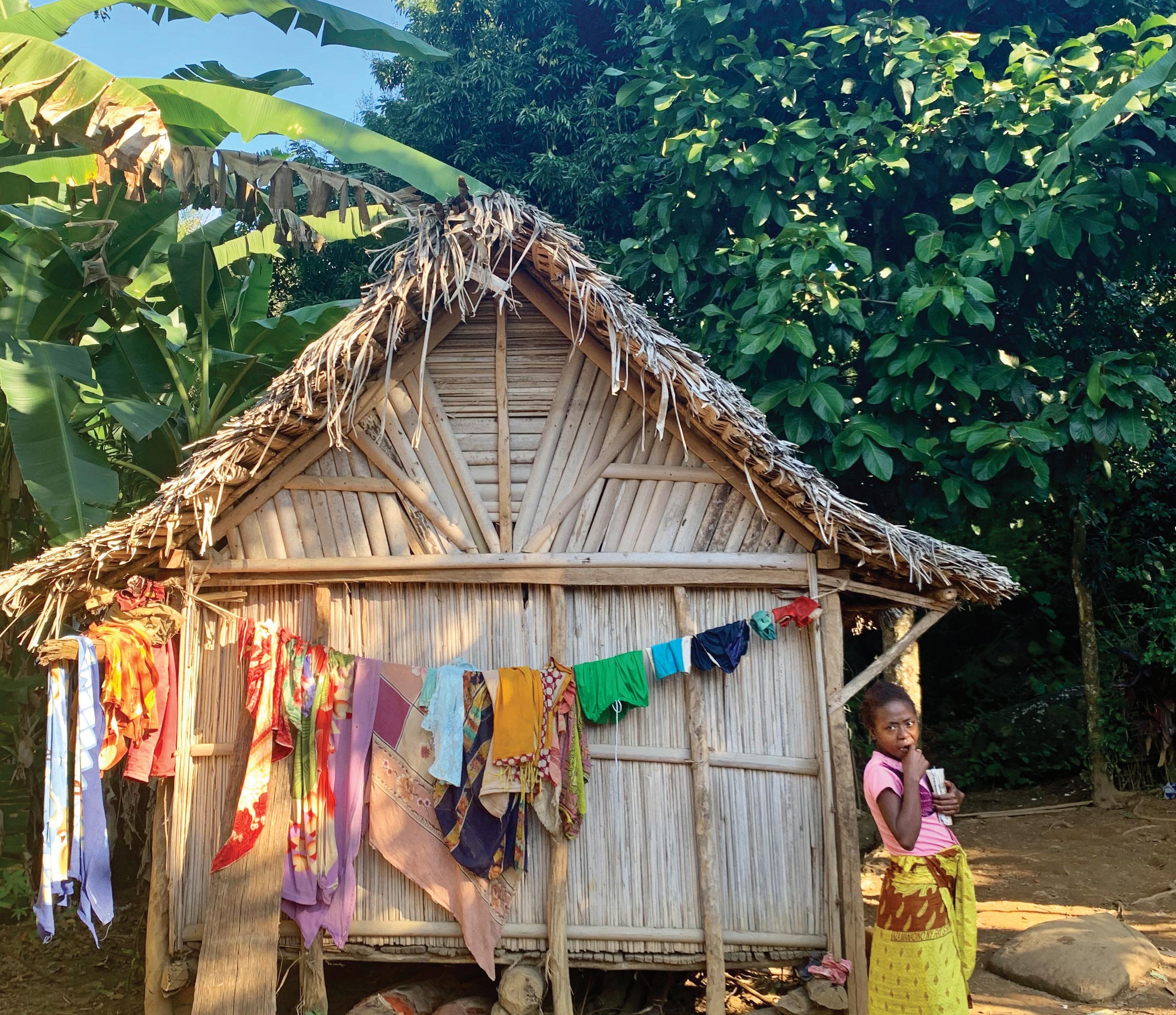
This was a fun snack- girls in the rainforest of madagascar grew corn, popped it and then made them into popcorn balls. They were so excited to present us their prepared snack and it was delightful to taste!
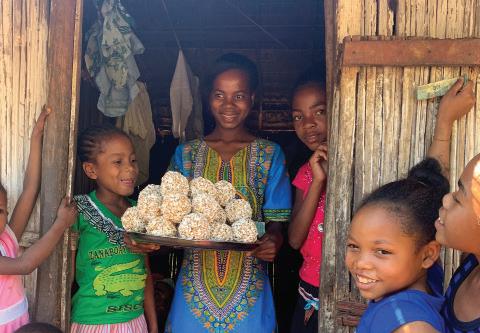
The rivers at Lemur Park in Madagascar.
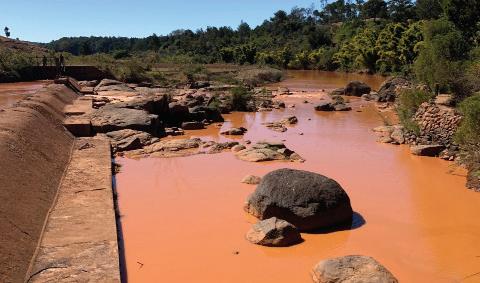
When we arrived in Madagascar we already had an estimate for drilling in hand as we always do before even committing to a project. However, after we got there, the driller wanted to increase the price quite significantly. He said he wanted to ensure the water was going to flow, but I felt like he was being dishonest. We went back and forth for hours with Peter translating.
Although he and I spent many hours negotiating the day before, we couldn’t come to an agreement. I thought we weren’t going to be able to finish the project.
The next day he called and said he had gone home and told his wife all about the situation.
His wife then told him he needed to repent and ask for forgiveness. She reminded him he needed to do this unto God and not unto man.
We ended up drilling at the original price. He asked for forgiveness and the two of us reconciled. We had a great relationship for the rest of the trip.
Once again, a great reminder never to underestimate what God can do in the hearts of people to advance His mission.
Did you know you can tell how close you are to hitting water by the soil? The texture and amount of water signifies if water is close... Here we are testing the soil.
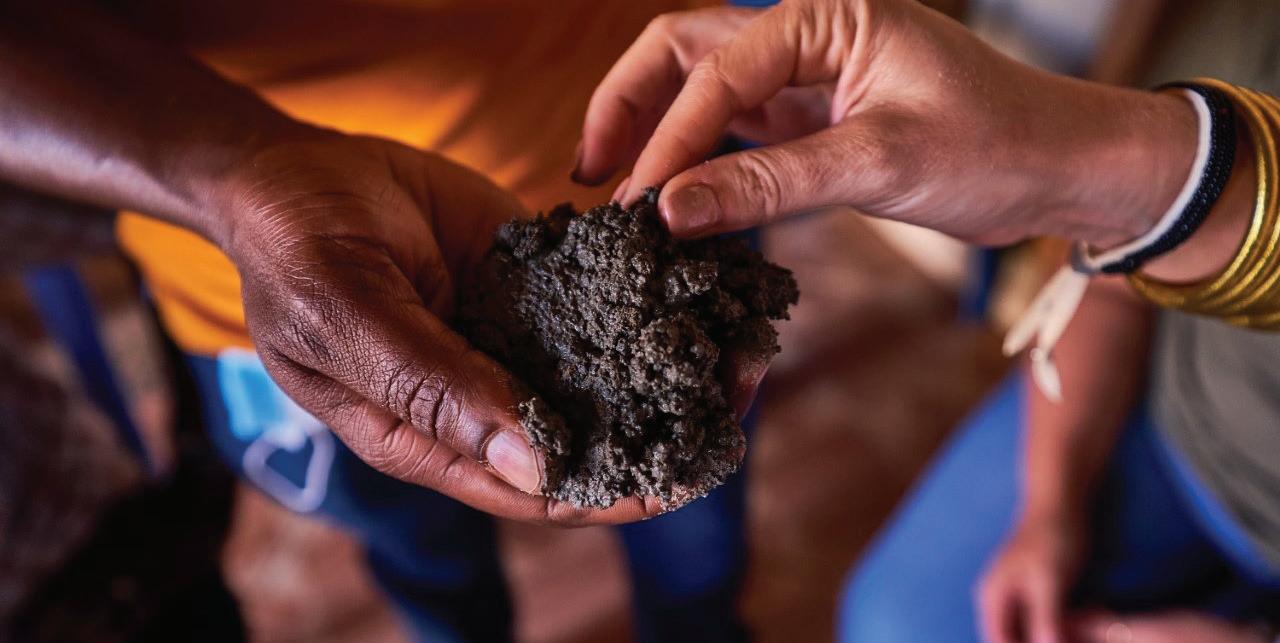
What do you think?
Are we close?
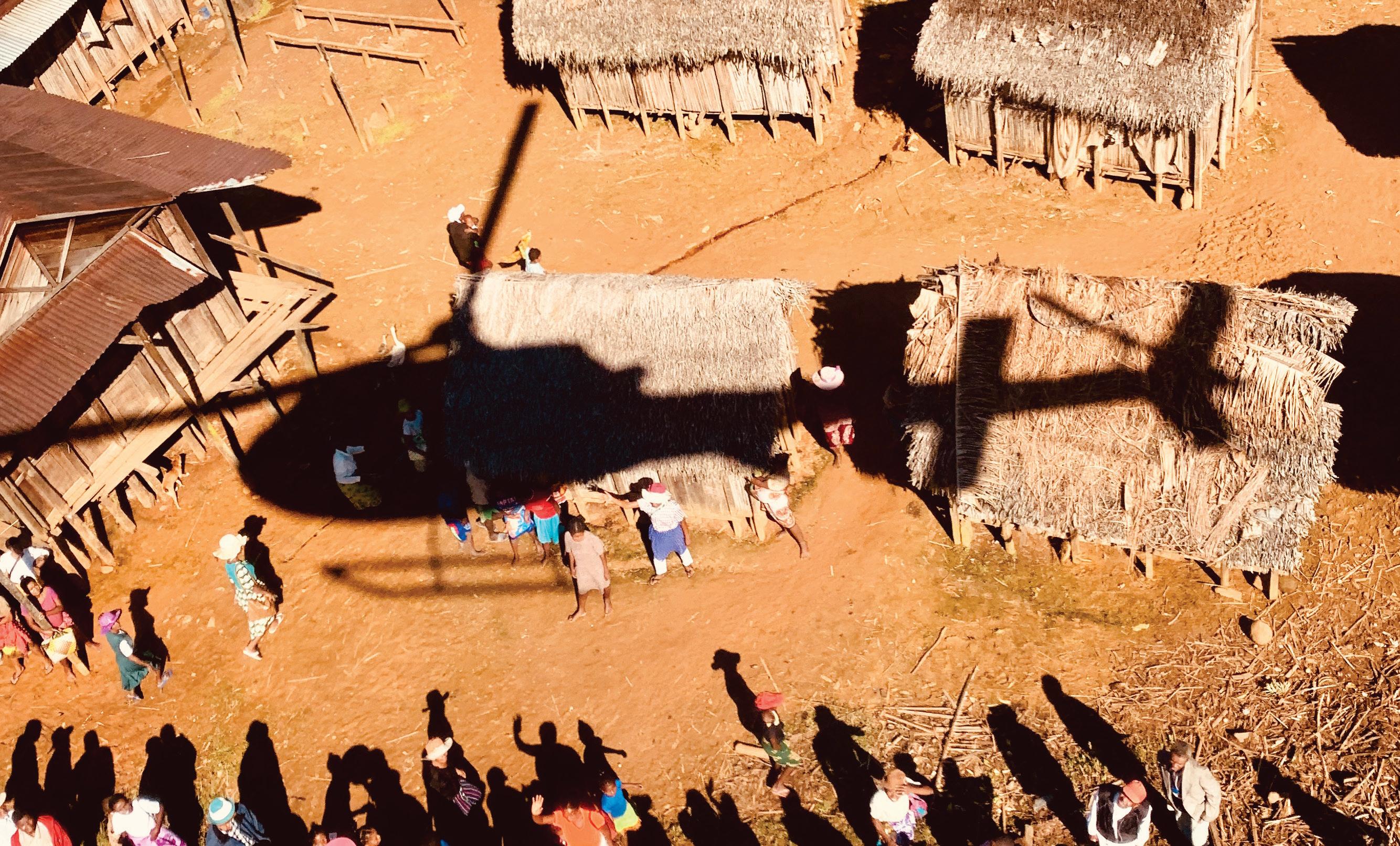
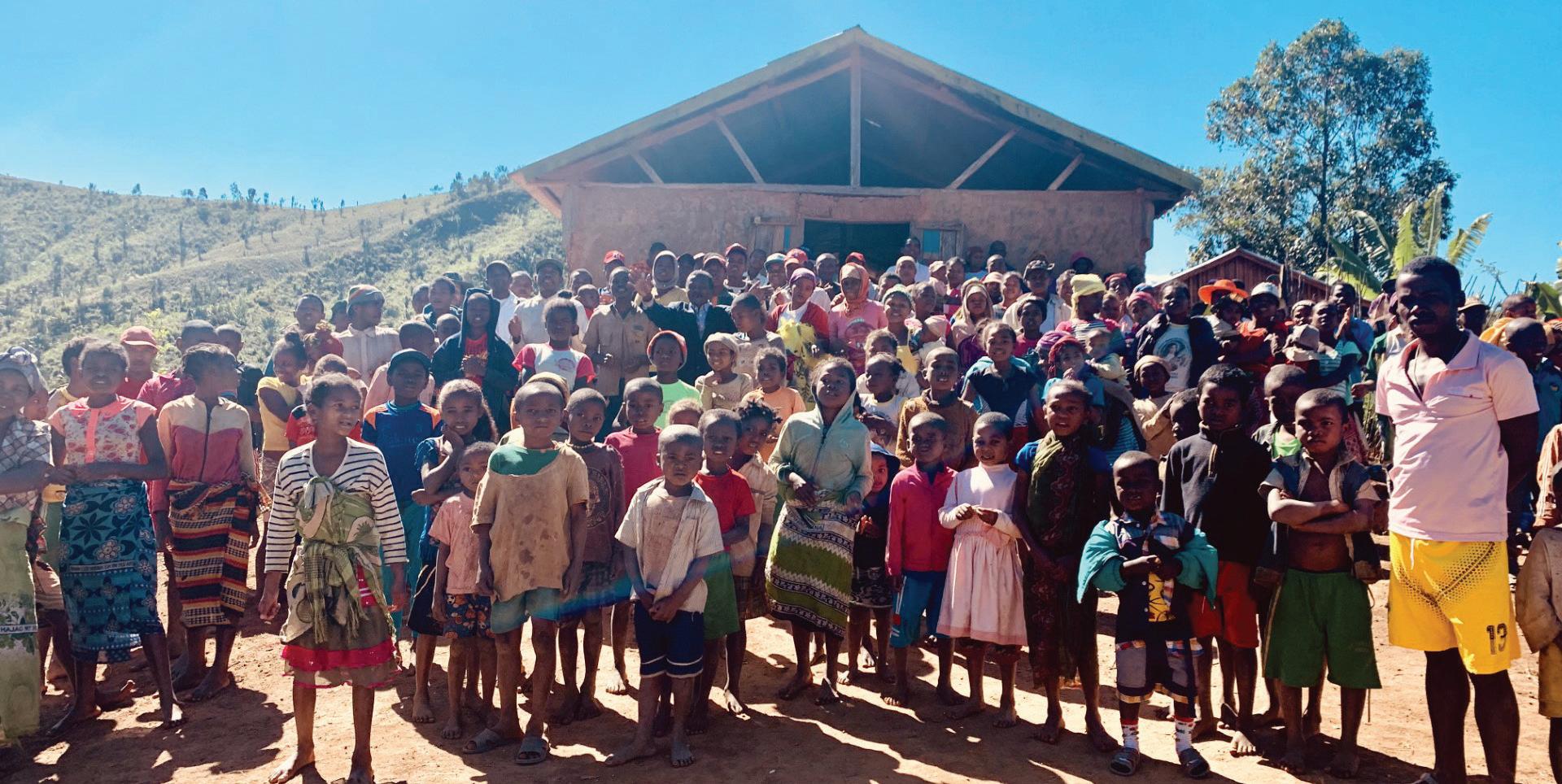
We partnered with Heli-Mission to reach the areas that were only accessible by chopper or foot.
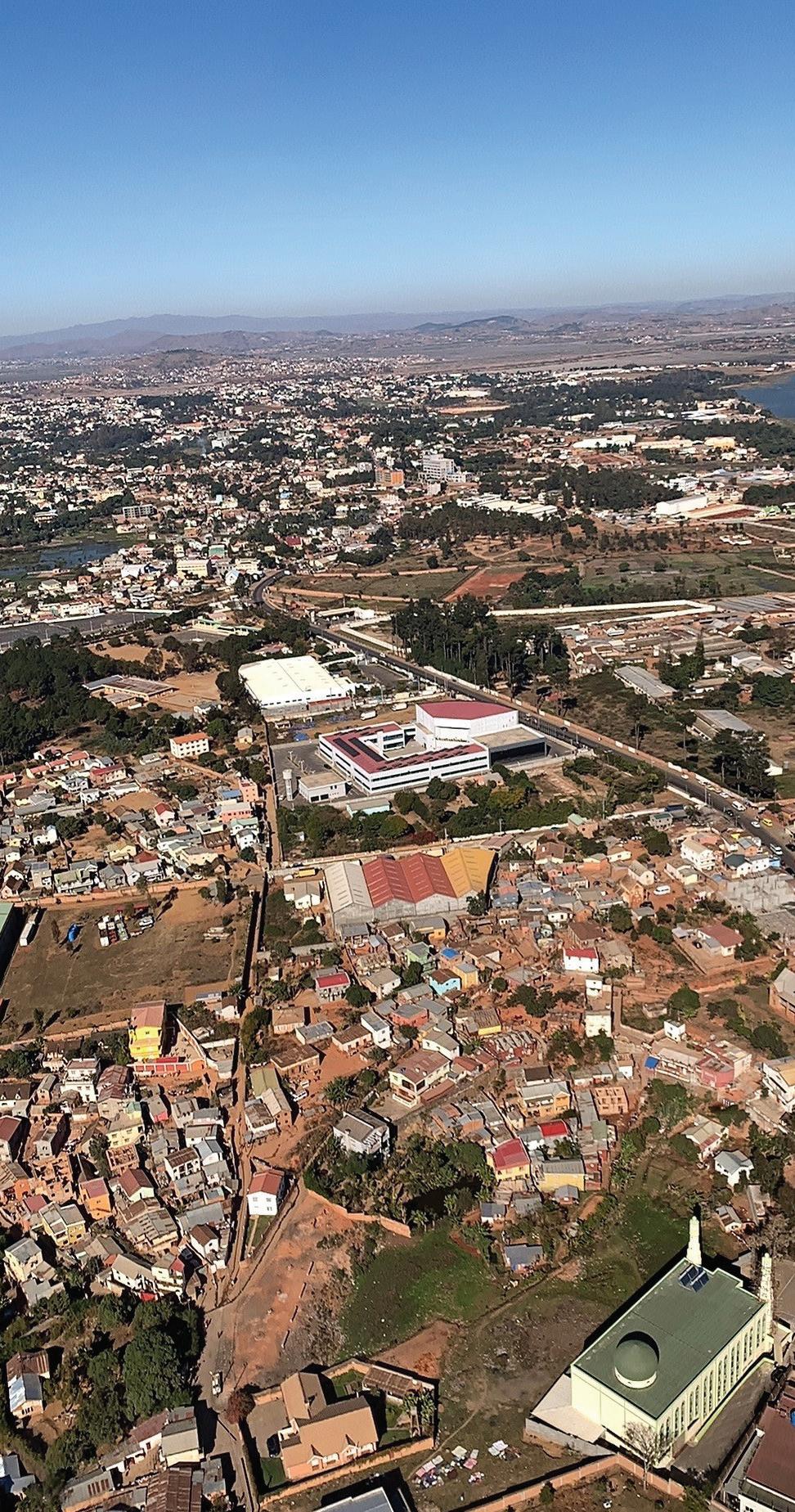
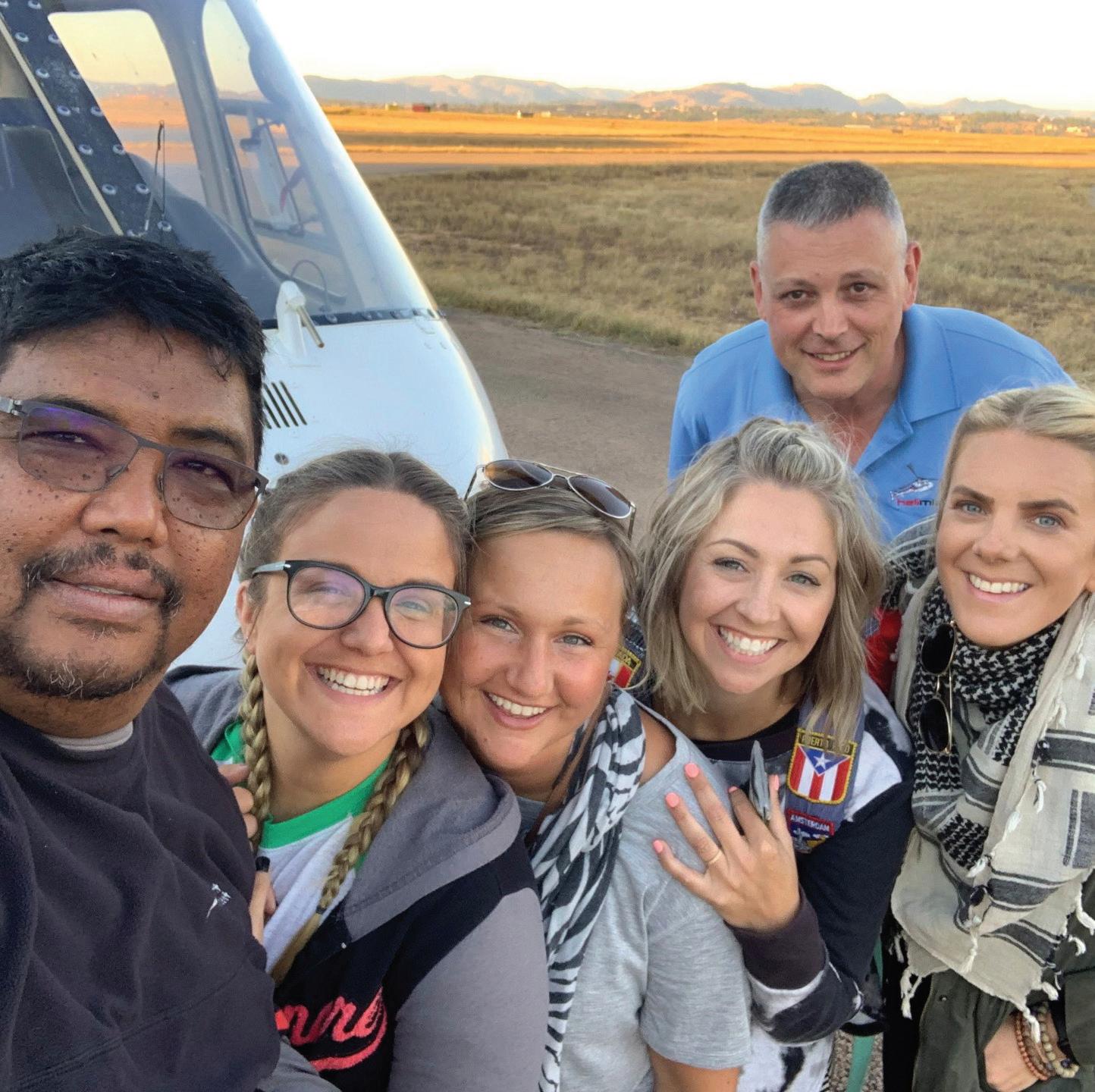
This project was unique because we had to reach these locations by chopper. Because of the difficulty of access, we could not dig a well.
People traveled on food for up to 3 days to reach us and pictured here is Pastor Dinah demonstrating how to use the filters.
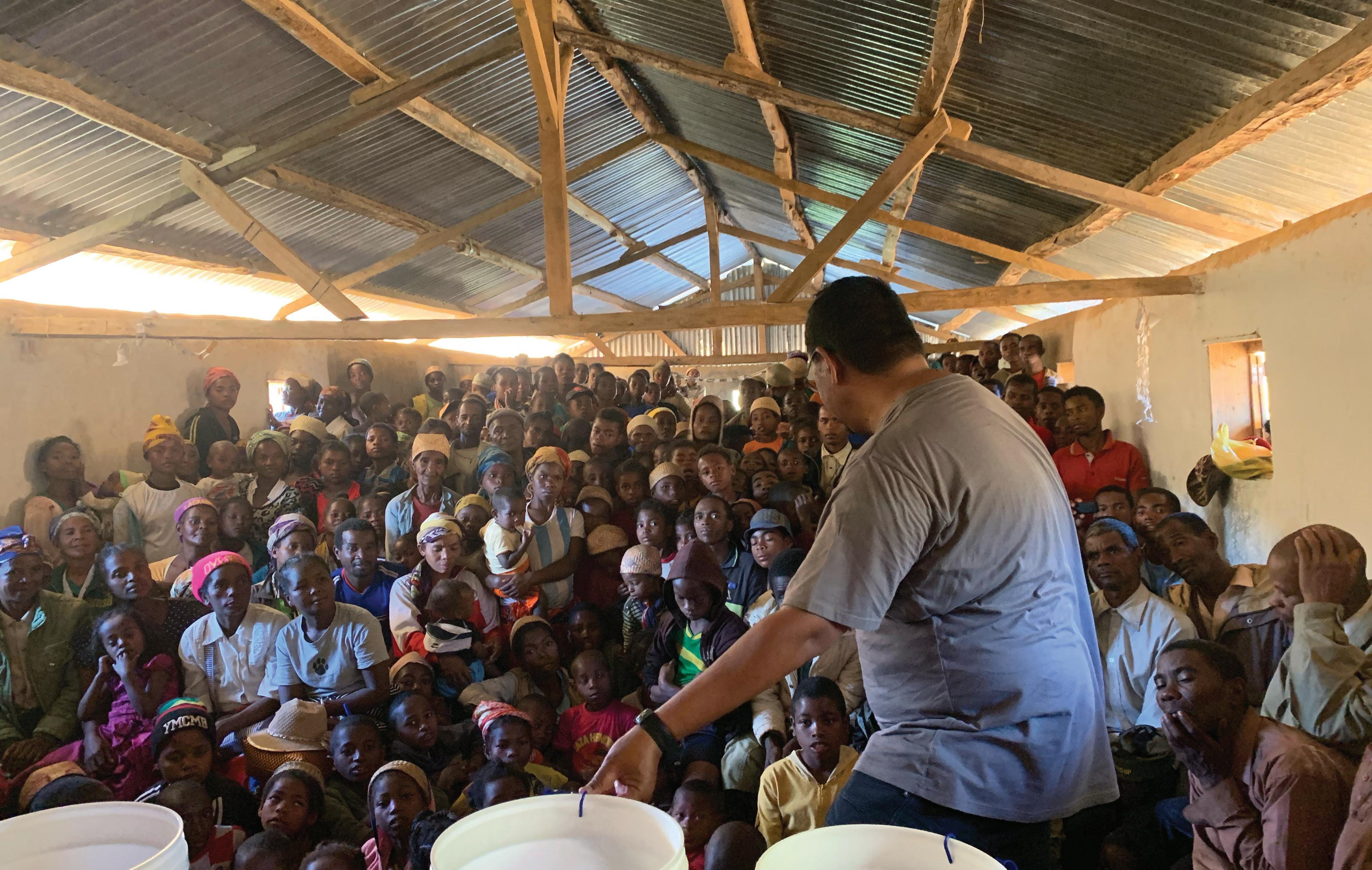
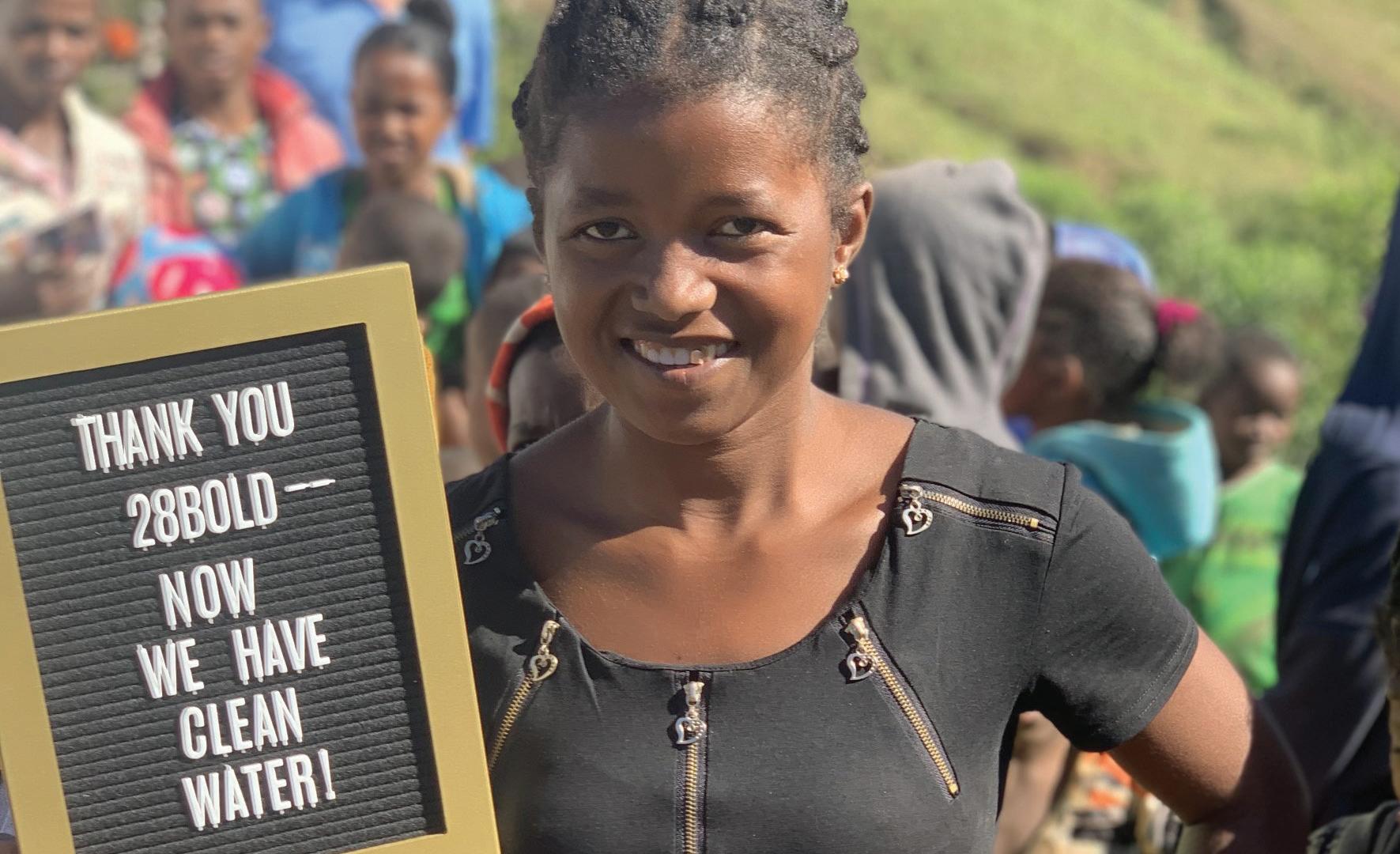
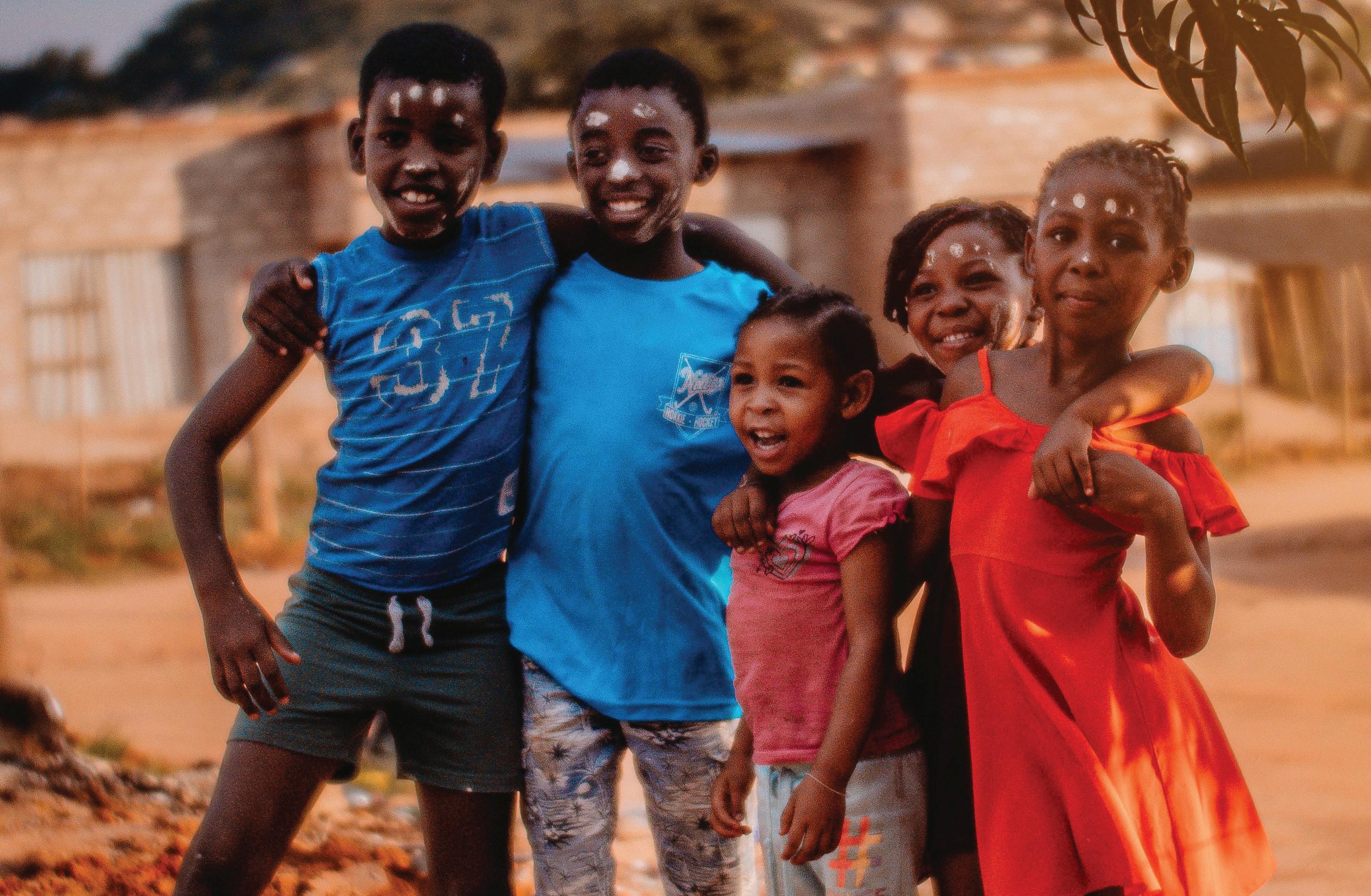
My family came to Africa.
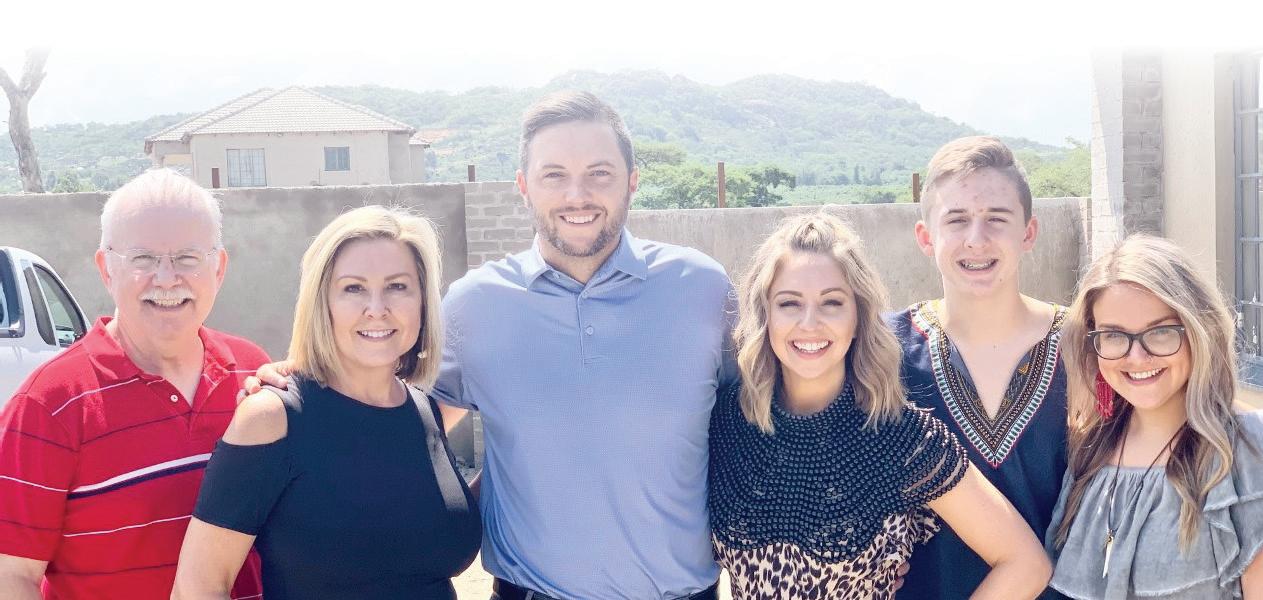

This project in Msholozi was really special to me because my family came. My mom, my dad, my husband, my oldest son, and my sister came with me and it was so special to show them the full spectrum of 28Bold. They finally got to see the mission and vision come to life and it was such a special way to celebrate our American Thanksgiving holiday that year.
We sang at Nelspruit Lighthouse that Sunday for worship and David gave a brief message on being a generous giver. It was cultural Sunday for the church, so the church members were dressed in their native tribal attire. Lunch was served- making bellies and hearts full.
I’ve had the honor of taking my older son, Harrison, with me to Africa three times. It has been such a joy to watch him experience the world and see the disparities between the world he lives in and the world beyond him. I have faith that traveling with me has taught him so many intangibles and grown his heart for others as he grows in his relationship with Christ.
I was delighted on our first trip (pictured) he didn’t hesitate to play with the kids, help prepare a meal, or move equipment. He has been given the gift of helping, and I love to see him honor our Creator with that gift. He, like I, has also taken on the phrase, “I
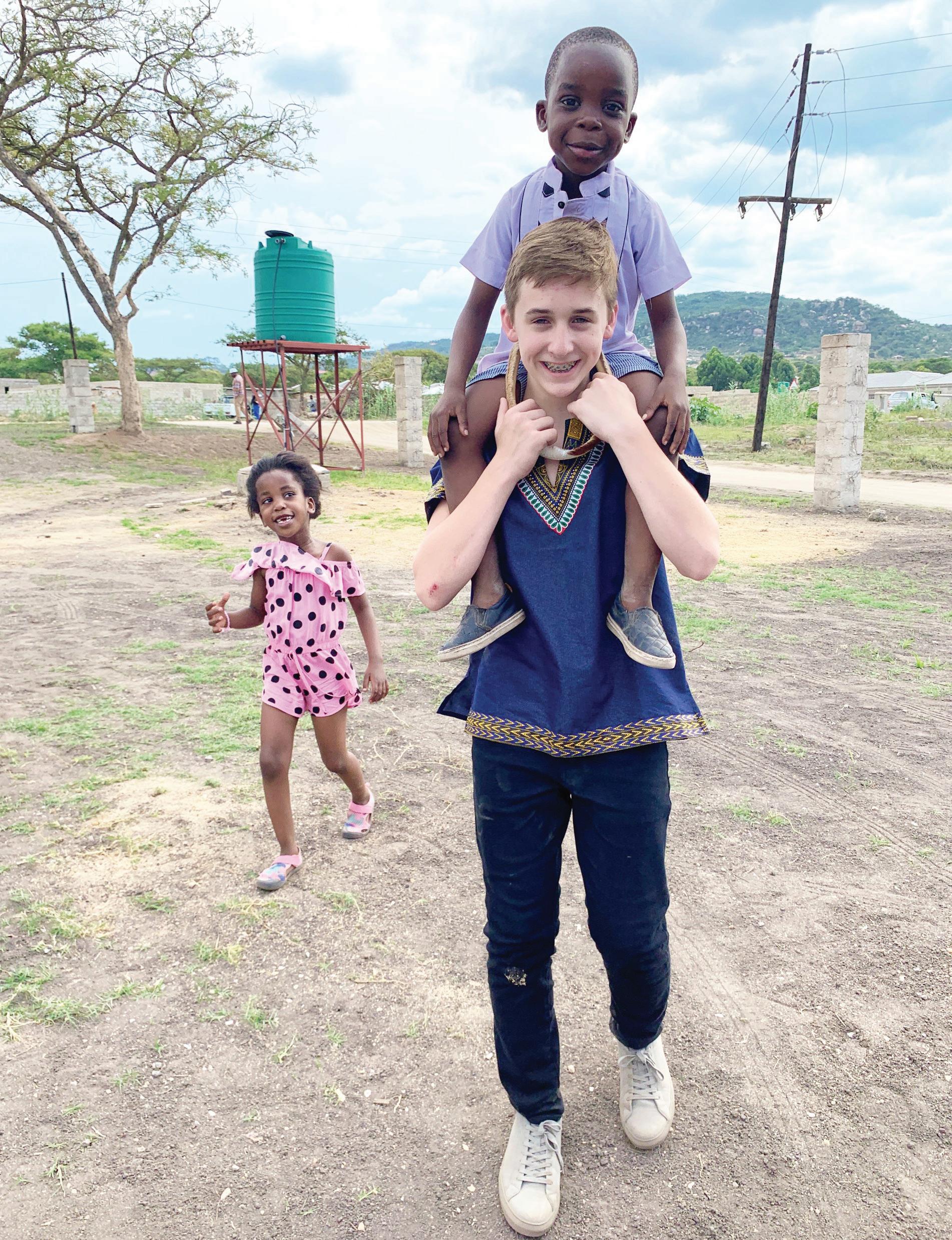
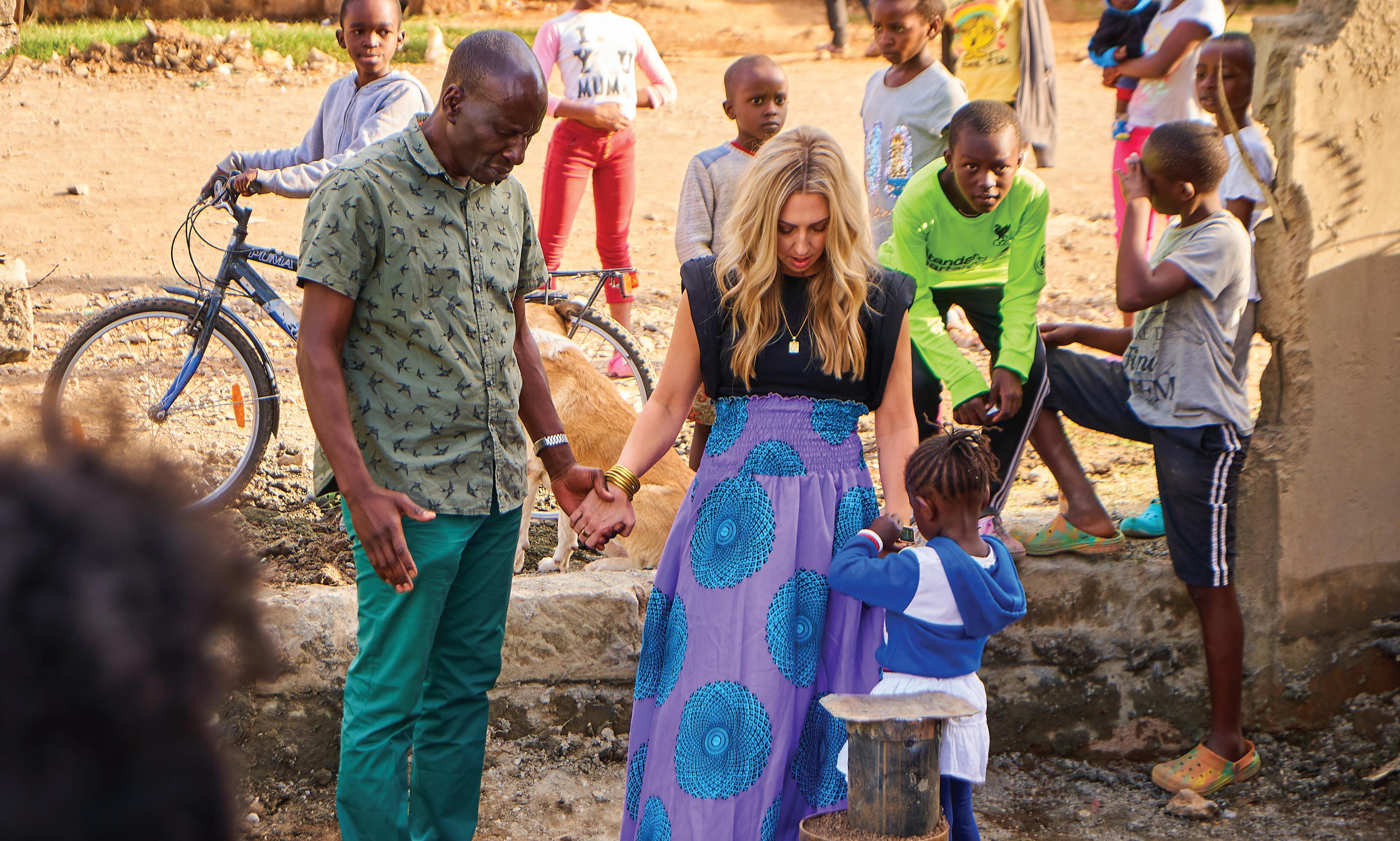
I met Pastor Denis through my sister who had been to Pastor Denis’ church many years before. When I wanted to make new relationships with pastors in Africa my sister thought of Pastor Denis. He pastored a church in Nairobi, Kenya connected to the Church of God denomination. We began drilling in September of 2021- the first project after the pandemic slowed everything down. Prior to September, Peter and I had already clocked hundreds of hours preparing for the Nairobi well. Kenya proved to be extremely complex to navigate with permits and many prerequisites to drilling. Peter, born in Kenya, arrived there a few weeks before I did to visit with his family he had not seen in so long and prepare for us to drill when I arrived.
Myself, my sister, a photographer and videographer all flew to Nairobi in September, but got stuck in Paris due to visa issues. I had been to Kenya a few years prior, but it was after that (and right before this trip) they required Americans to obtain a visa many weeks prior to travel. This landed us in Paris for the weekend, but truthfully there was no guarantee we would even be able to leave for Kenya. Through MANY miracles we received our visas around midnight on Sunday night and our rescheduled flight left Monday morning. I was so anxious to get to Kenya I hardly slept.
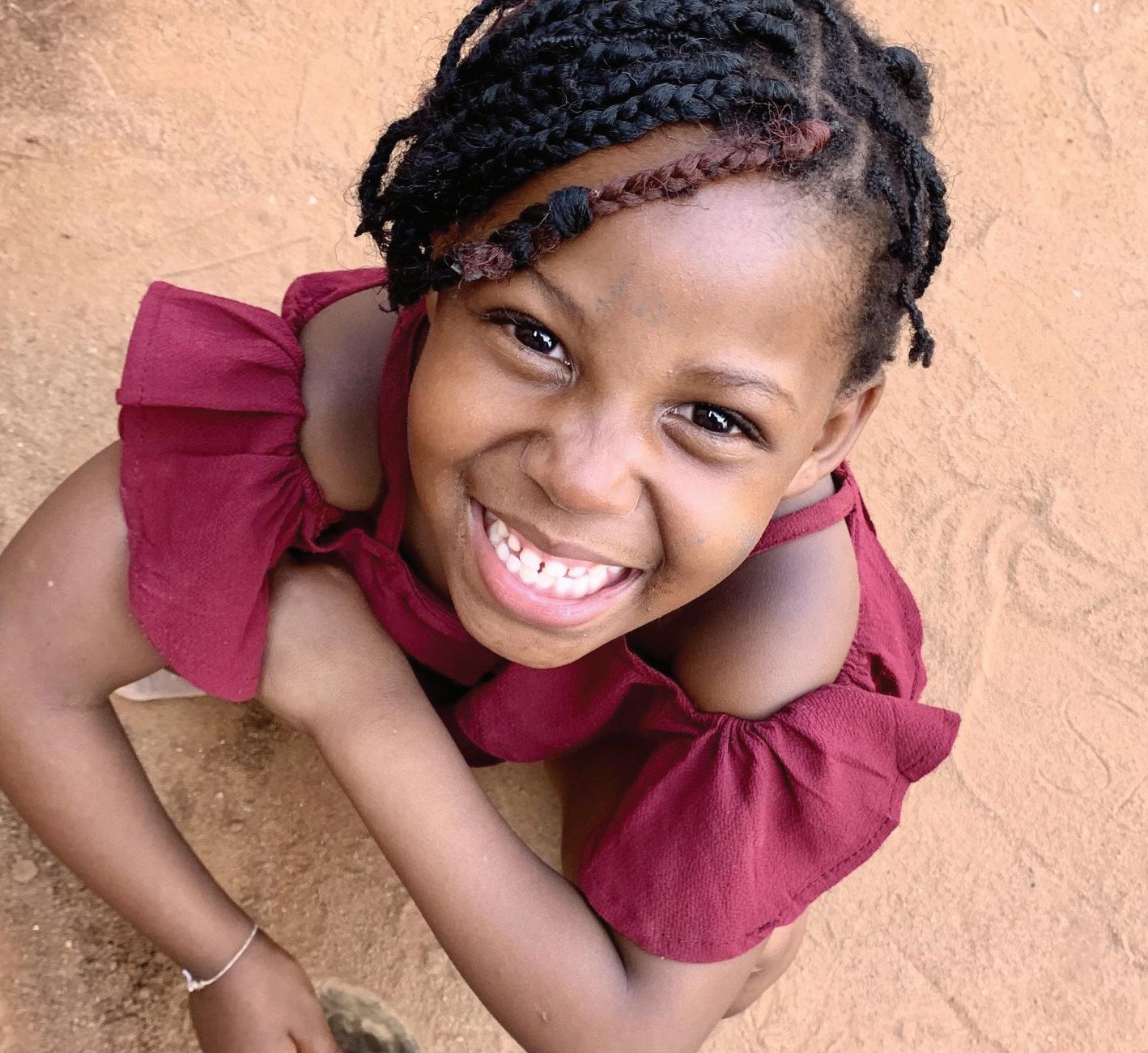
Even though we missed Sunday church many of the congregants from the church came by for a visit while drilling was going on. Every day Pamela, Denis’ wife, would prepare us lunch and we would take afternoon coffee or tea. It was a lot of waiting as the drilling went on for days.
About 200 meters down, the drill bit broke.
Translating from Swahili, it was explained to me that they were going to attempt to use the drill even though the bit was broken and by all experience that had learned we should really pull the drill back up and start over. The drillers continued to drill and we reached water at 260 meters. We celebrated and laughed and I felt so relieved. Little did I know that it would be Easter of the following year before we would be allowed by the Kenyan government to use the well.
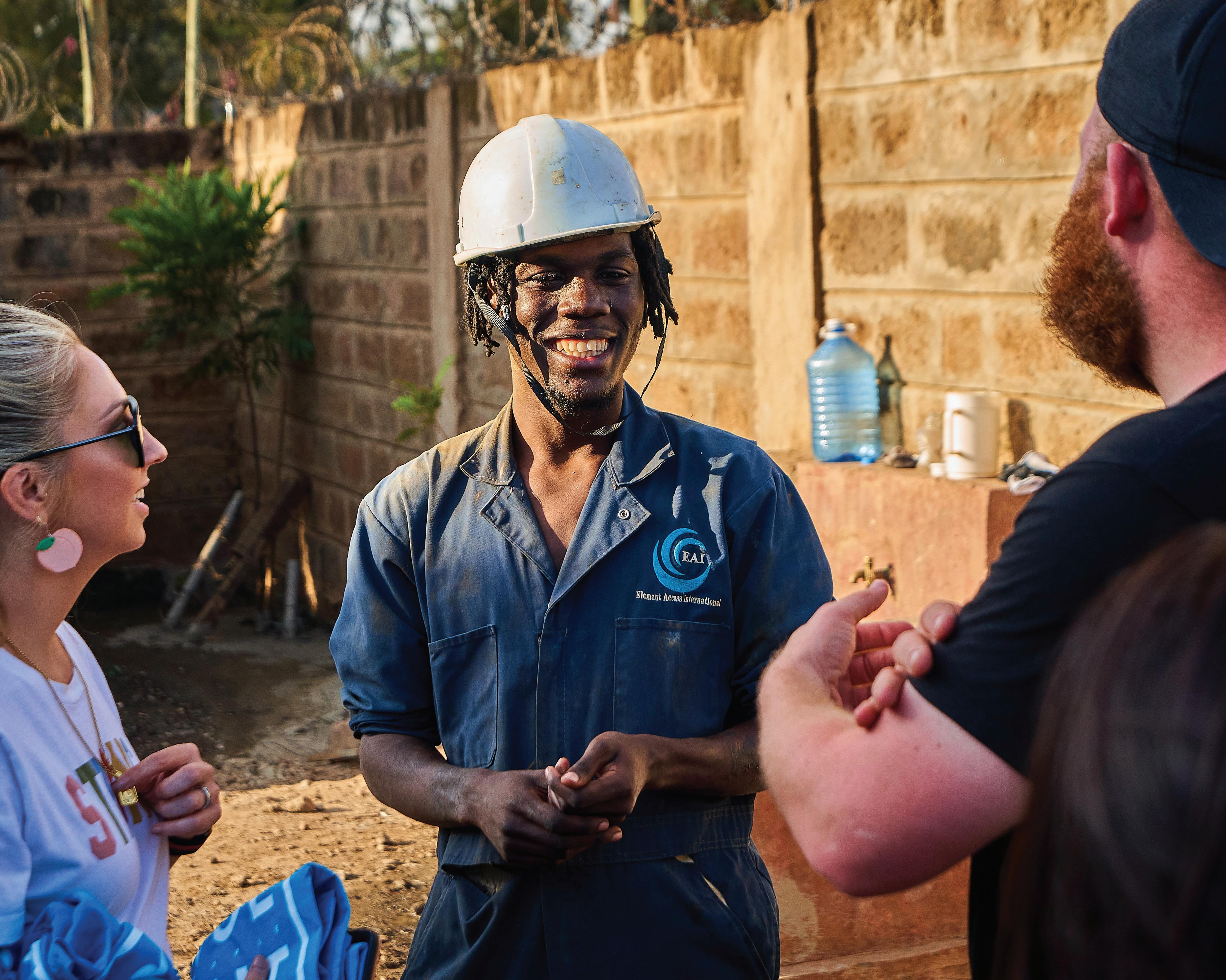
As the weeks turned into months and Pastor Denis and I communicated I could feel his desperation rising. The well was functional, but the government had to come to the property and grant permission to utilize the power source or else we would be in violation of the law. We discussed solar panels as an alternative option, but the price was outrageous. So, we waited. Finally, the day before Easter 2022 the Kenyan government granted the rights for us to access the power source and distribute water.
On Easter, the line for water wrapped around the block.
Pastor Denis’ team strategically spoke to people waiting in linesharing the Good News, connecting it to the parallel of clean water and so many lives were changed that day.
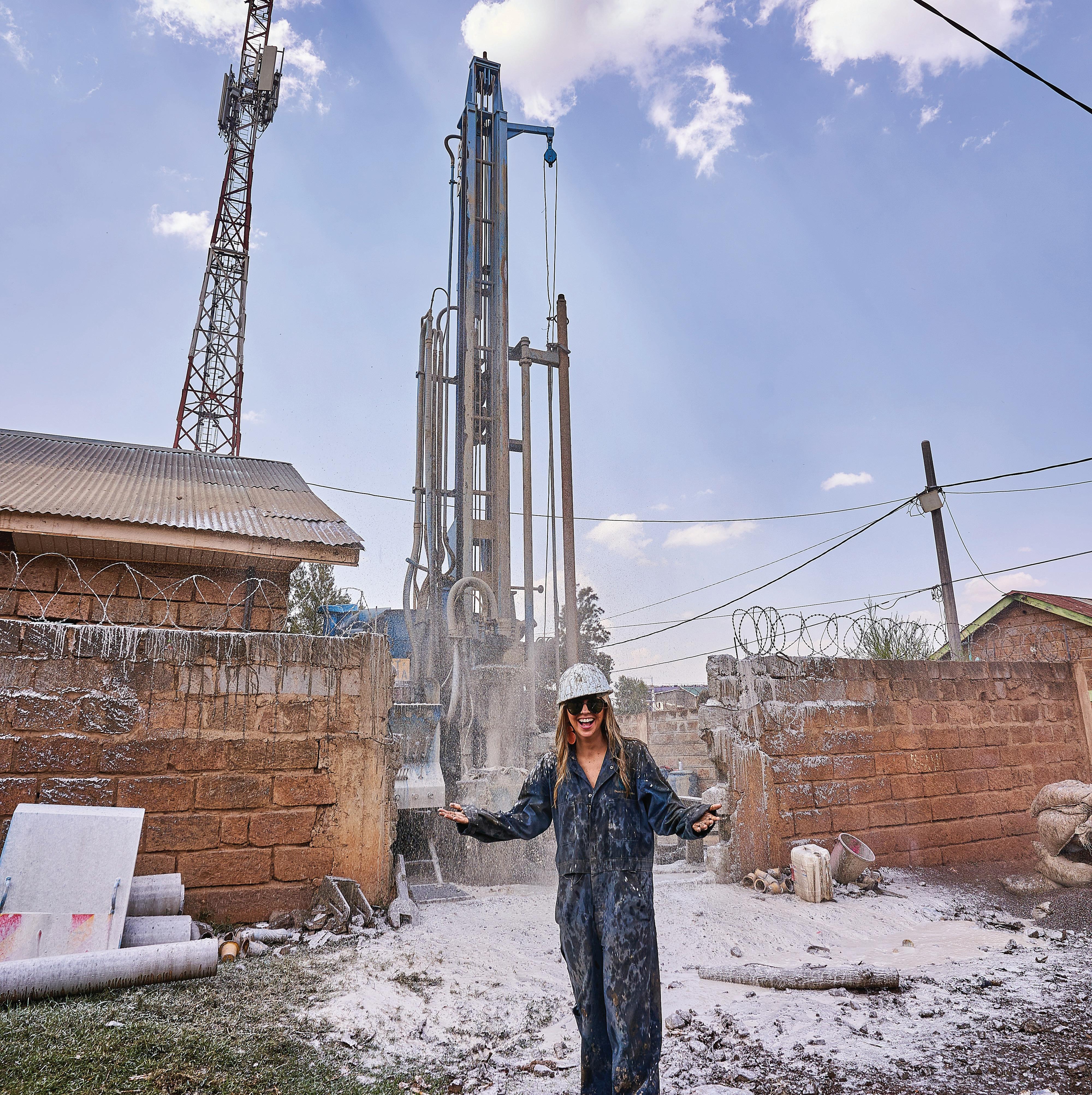
This project was by far our longest and most costly project primarily because of regulations from the Kenyan government.
Despite the challenges, we were so grateful to be working alongside Pastor Denis Pamba. He has become a great friend and mentor to us at 28Bold.
Denis is so faithful and persistent in his care for our work.
He has done an incredible job of leveraging the well at his own church for Gospel growth, and he has helped us with several other projects across Africa.
He, his wife, and three kids live on the church property in Nairobi.
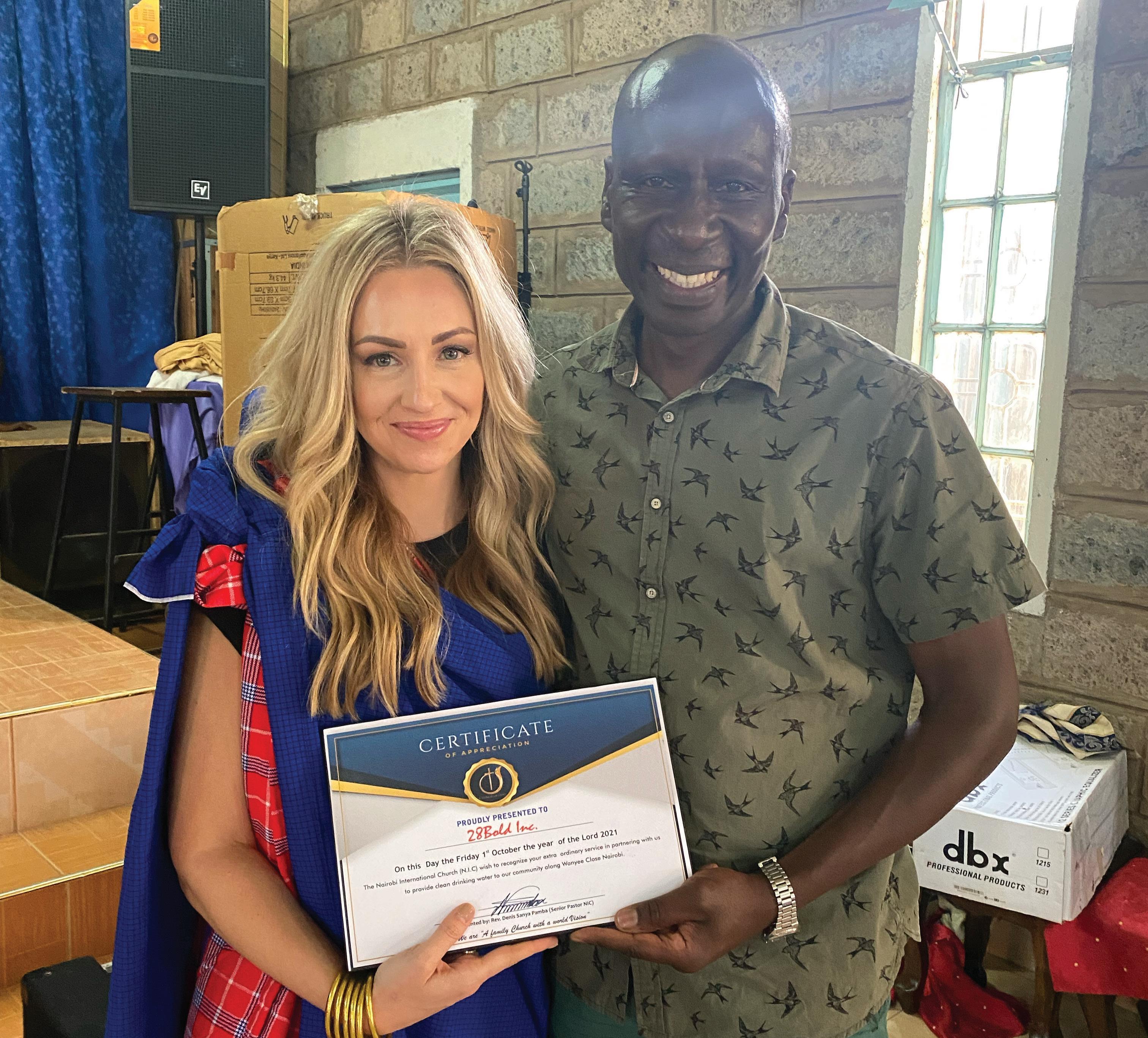
The church, led by Pastor Denis, has done an incredible job of using the well as an opportunity for outreach and sharing the gospel.
You can see here their tent and volunteers set up here praying for people as the line wraps around the church.
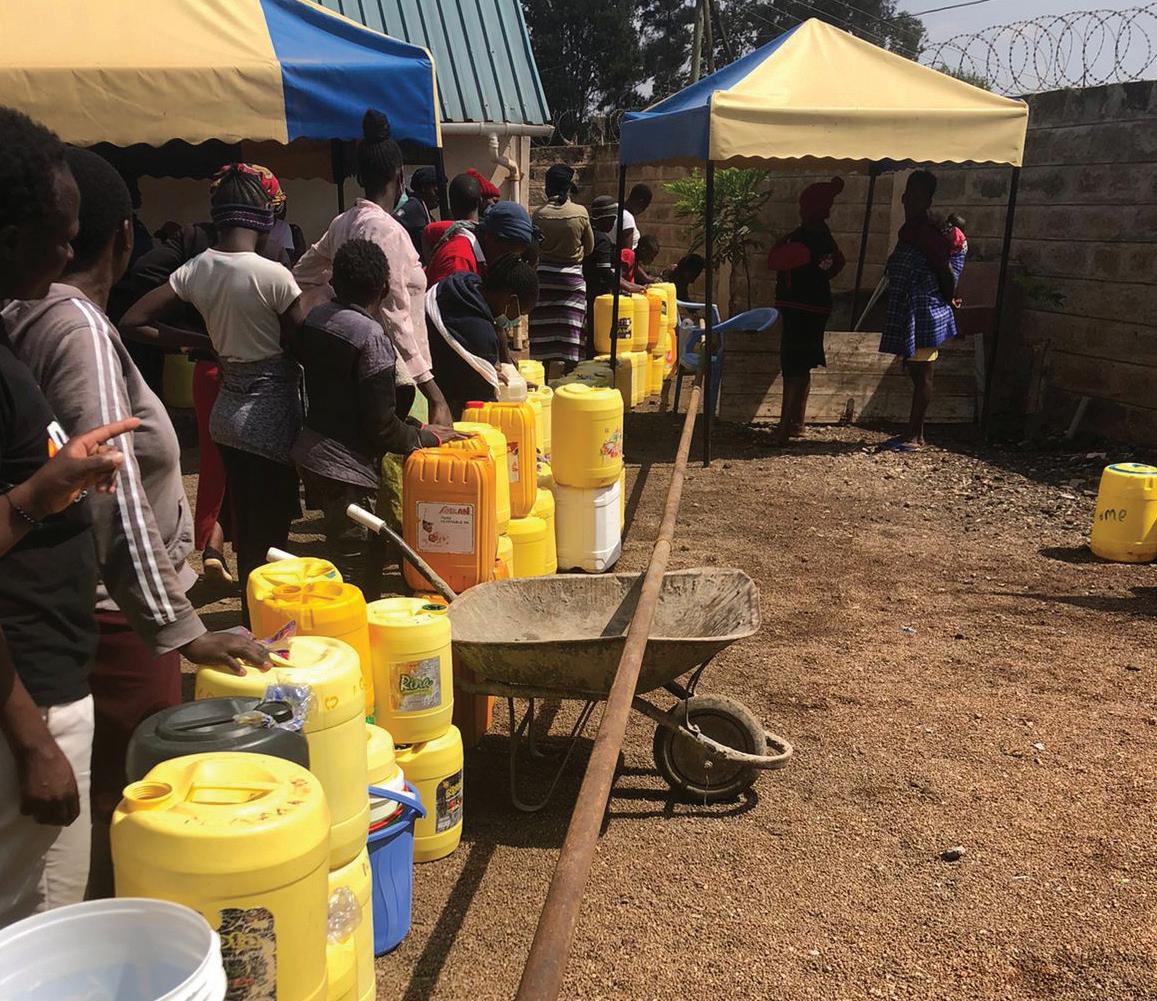
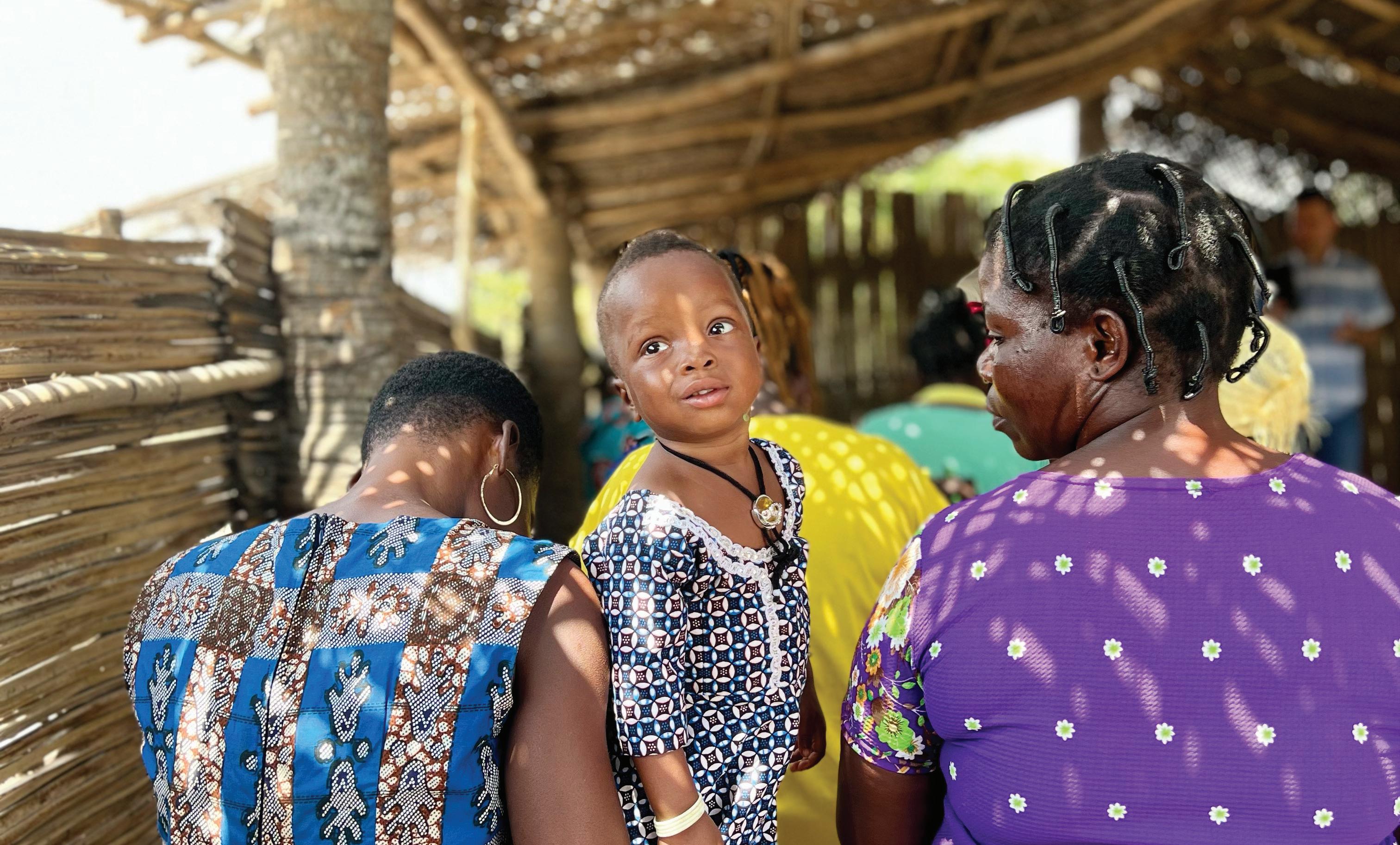
Our partnership with the 6 Degree Initiative in Togo has been a work of God. From the beginning of 28Bold, our desire has been to see lives changed not only by meeting physical needs but also meeting spiritual needs. We want to see people come to know the true living water – Jesus. 6DI has proven to be a strategic and aggressive partner- all for the Mission.
The 6 Degree Initiative plants churches amongst the unreached people groups of Togo and Benin. Their goal is to raise up 190,000 disciples in these unreached places. We are so grateful to be partnering with them in this mission. Just outside the 10/40 window- the area of northern Africa, Europe and Asia that has the majority of the world’s Budhists, Hindus and Muslims, the opportunity is endless for the impact of the Gospel in West Africa. So many people have not heard the message of the Good News.
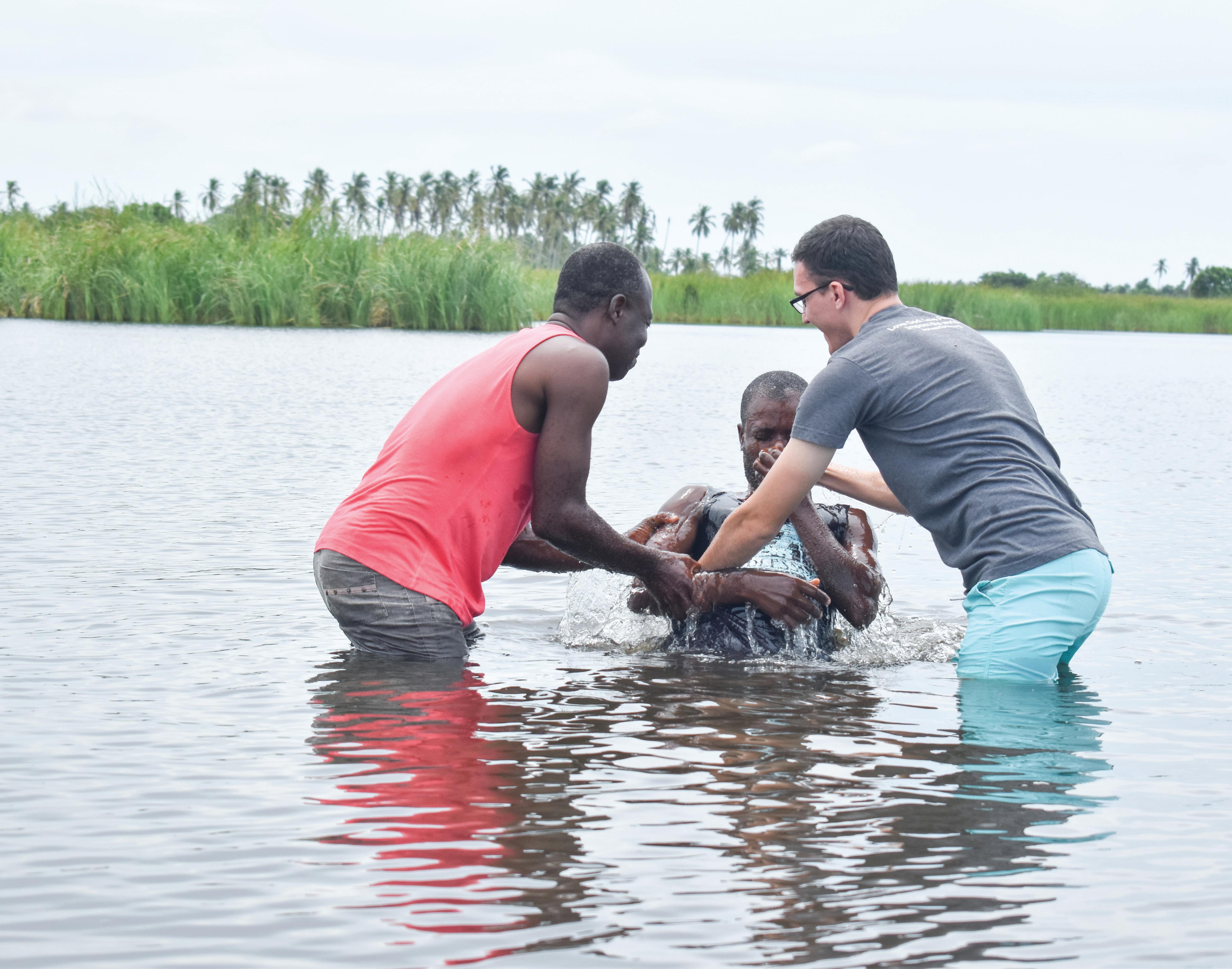
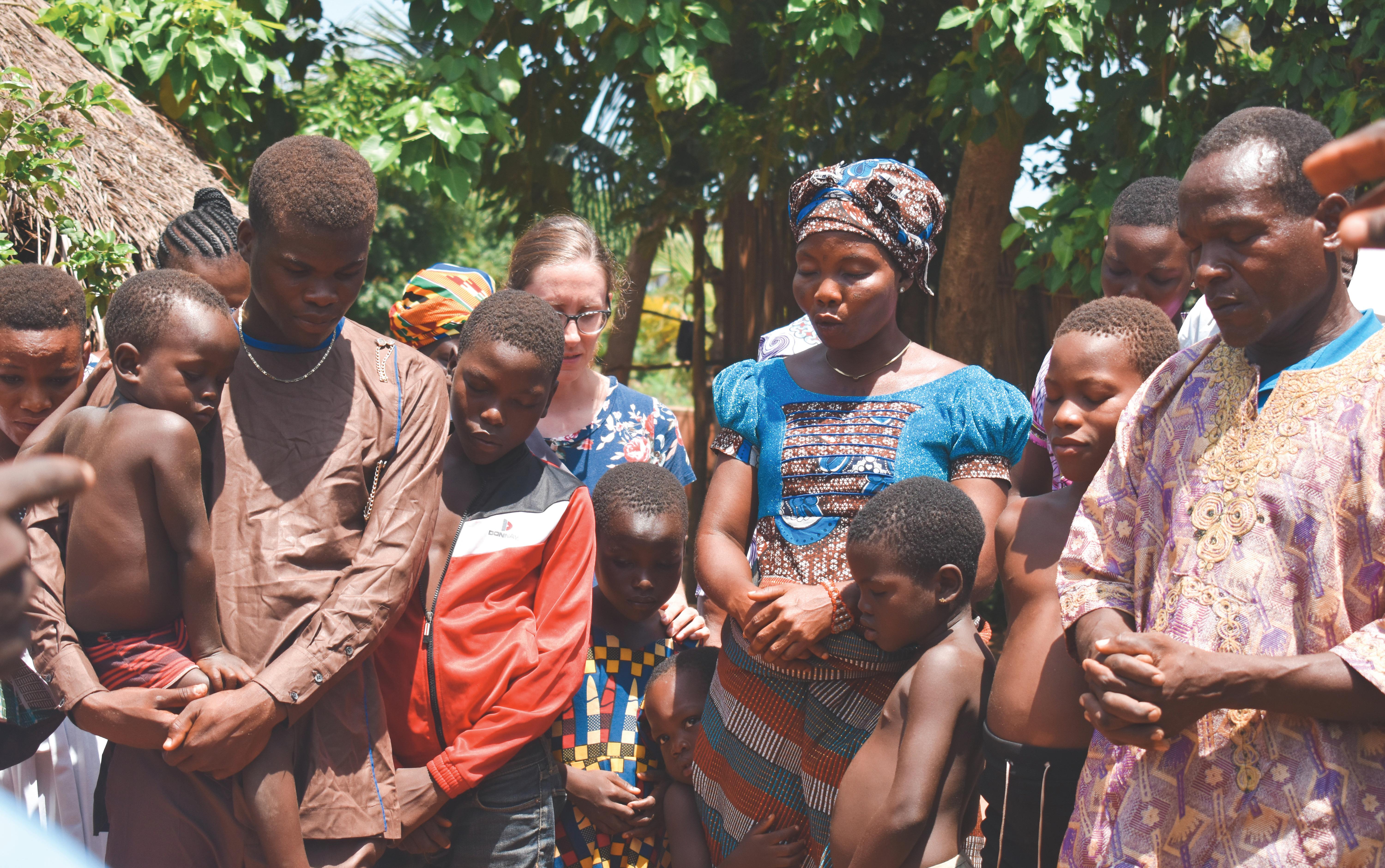
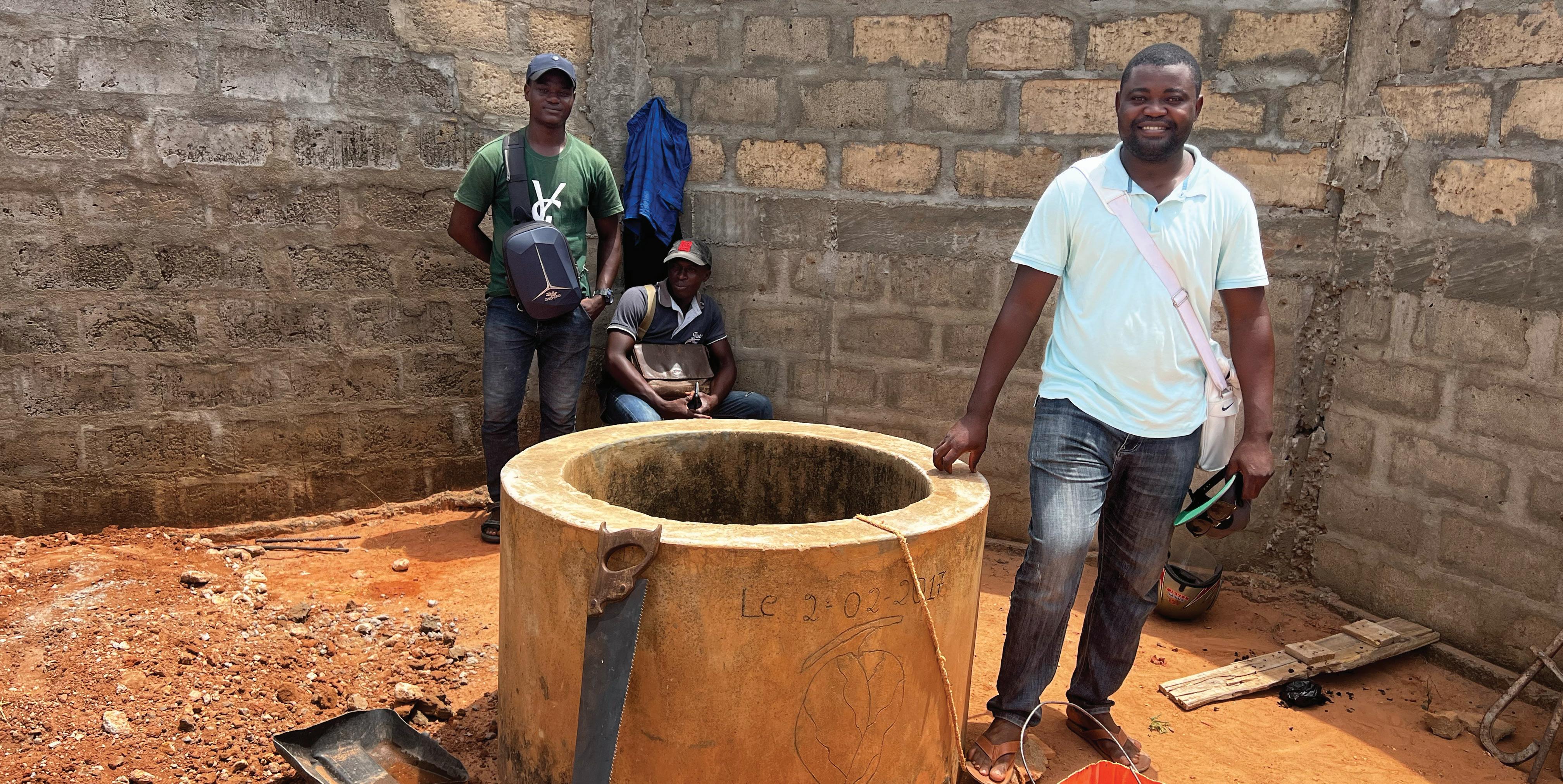
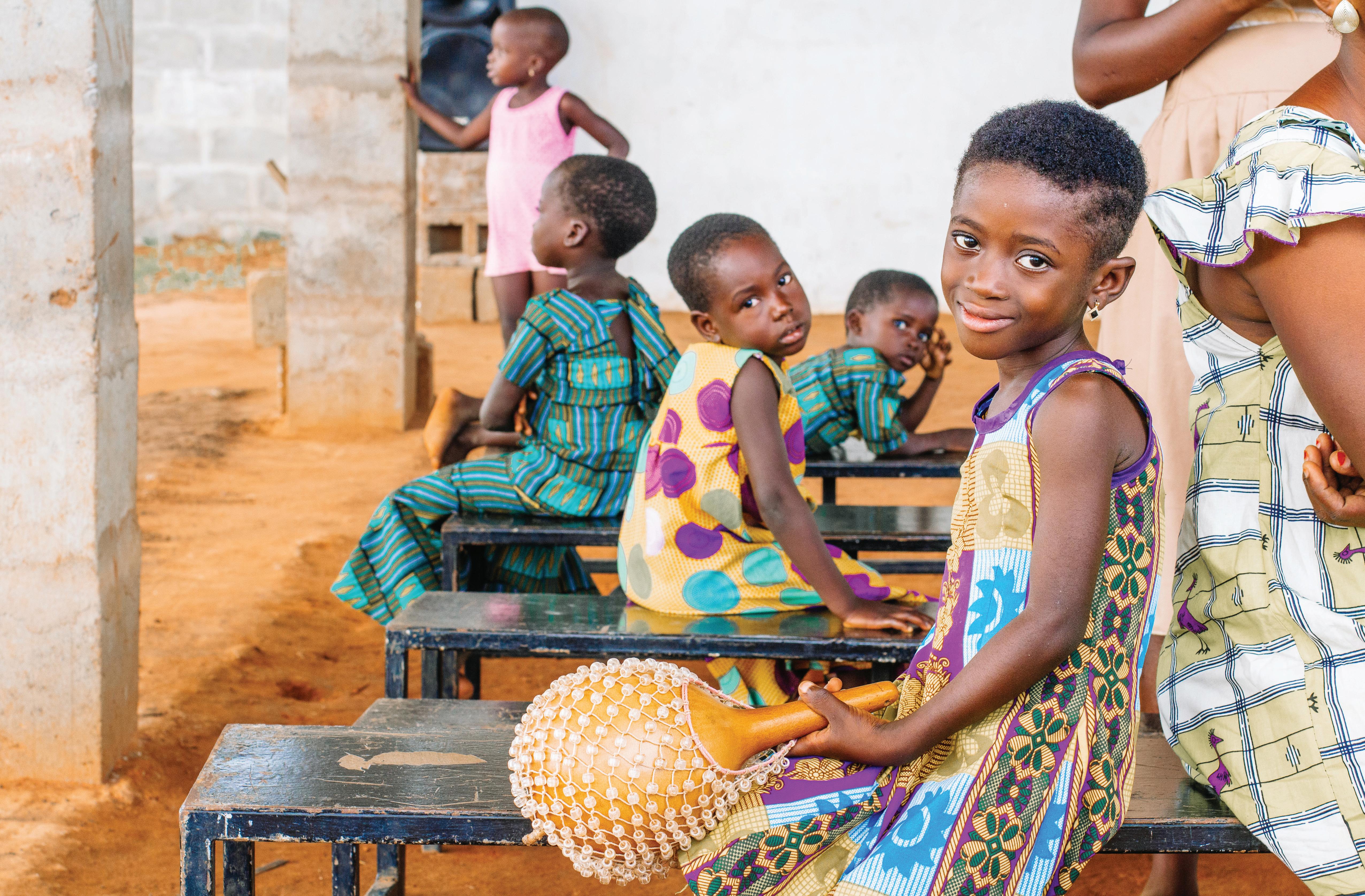
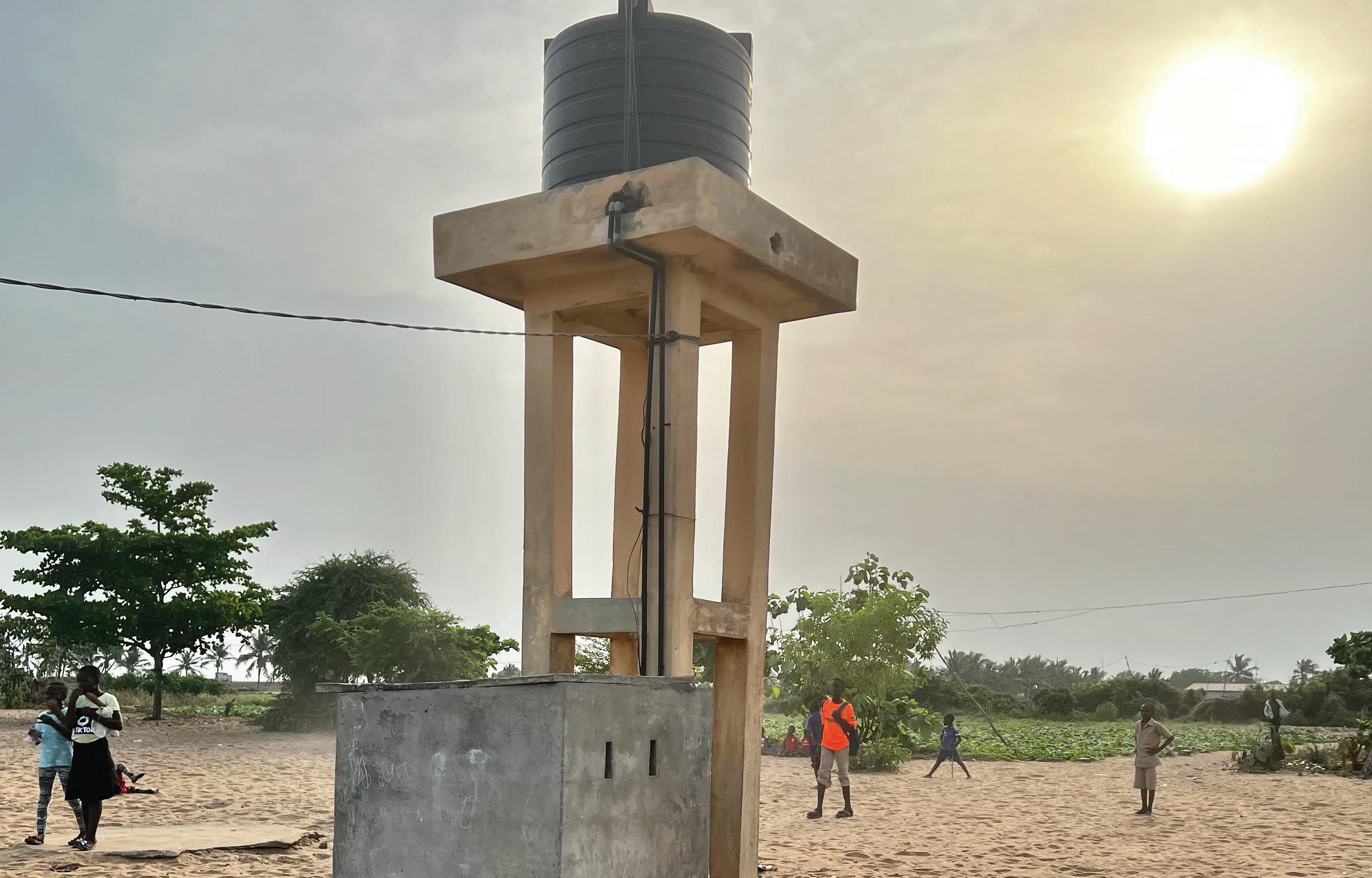
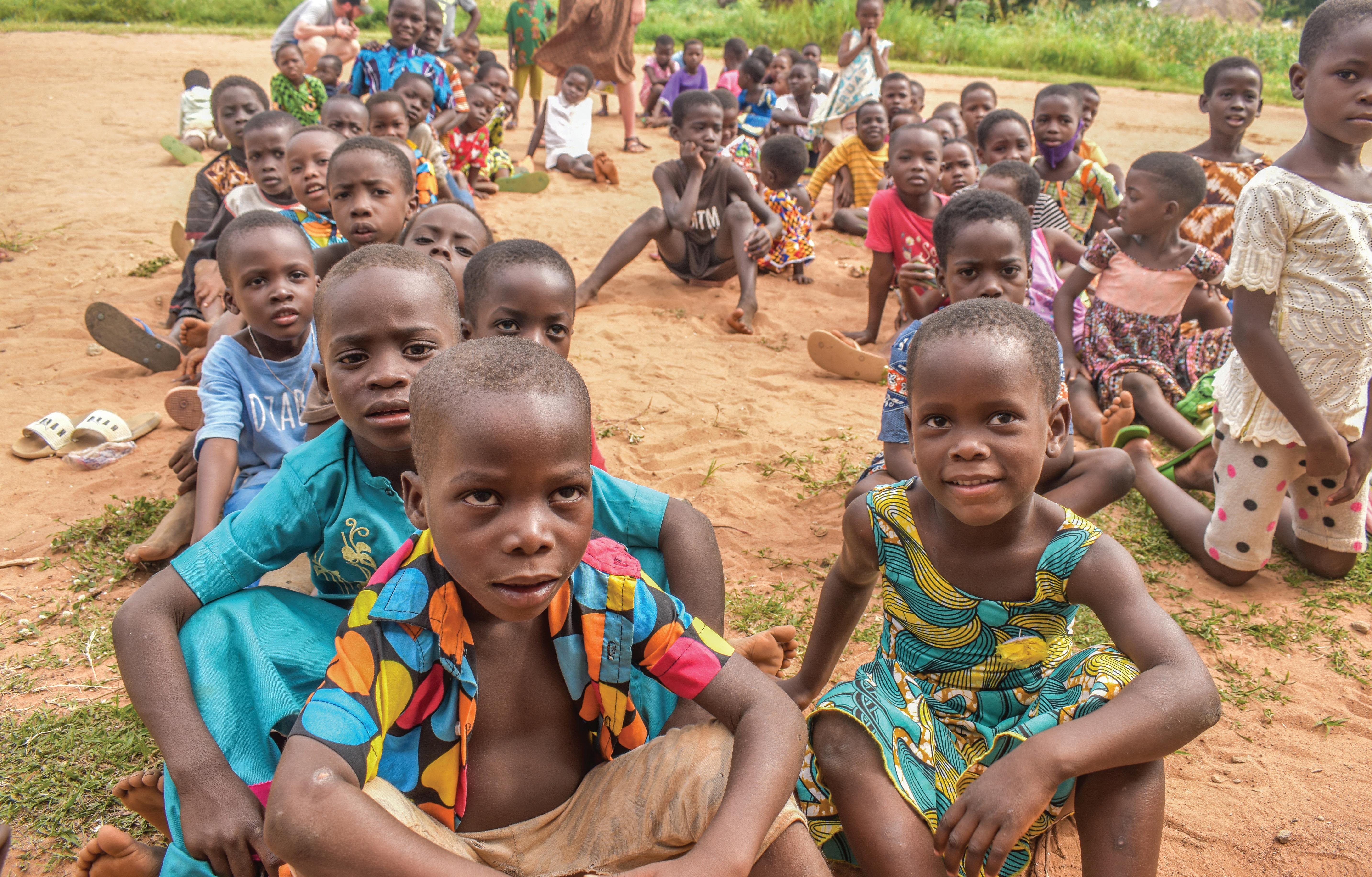
Seeing a community changed, sicknesses decreased and stresses eased is a gift I fully cannot explain-the impact is real and tangible.
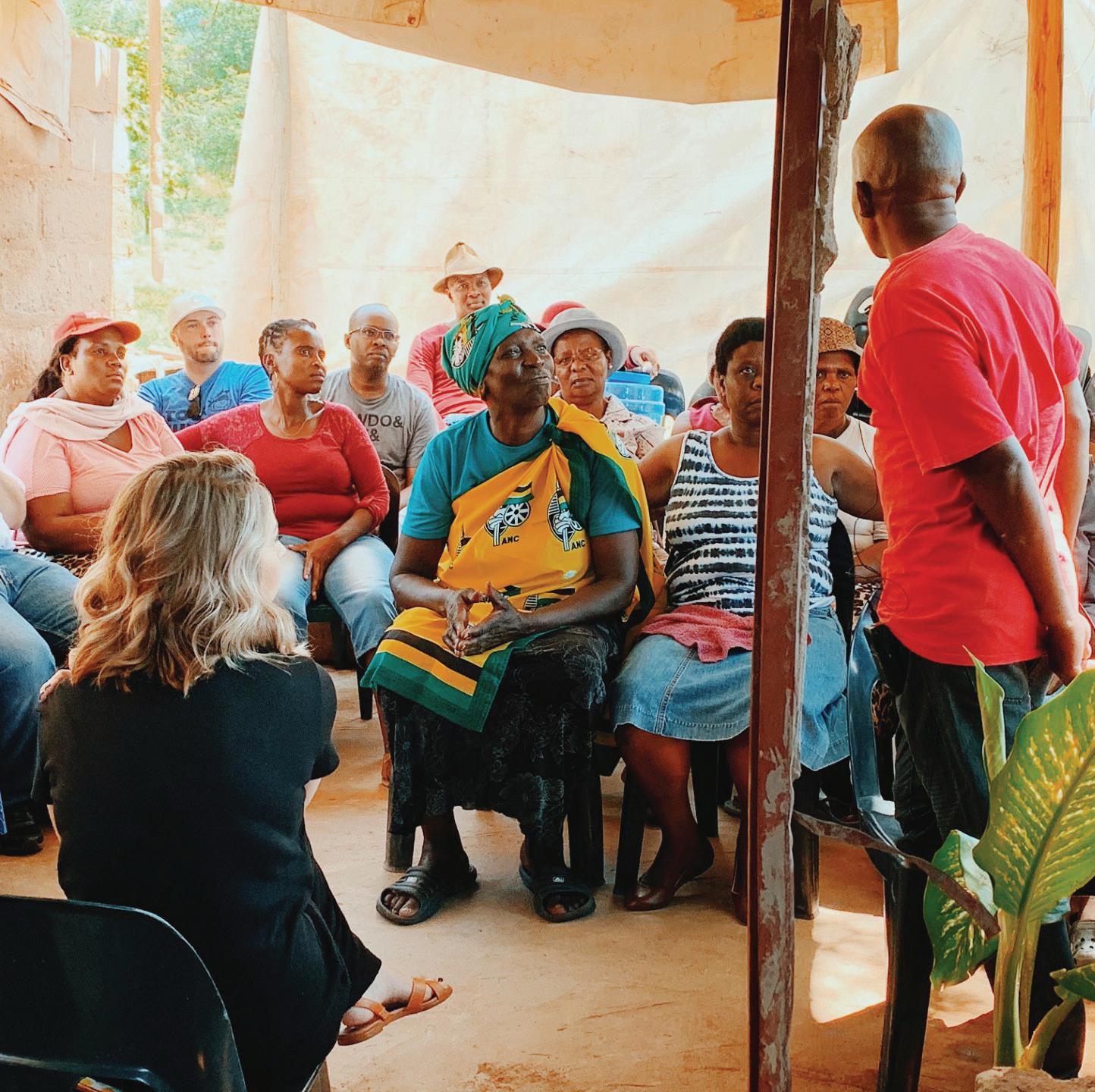
However, it’s not always that easy. Some projects have needed repairs or upgrades in order to handle the increased water demands for things like toilets or sinks and I really didn’t anticipate that dynamic early on.
Overall, the joy and smiles are real and it’s one big happy reunion when I get to visit because a generation has been changed forever with reliable access to clean water.
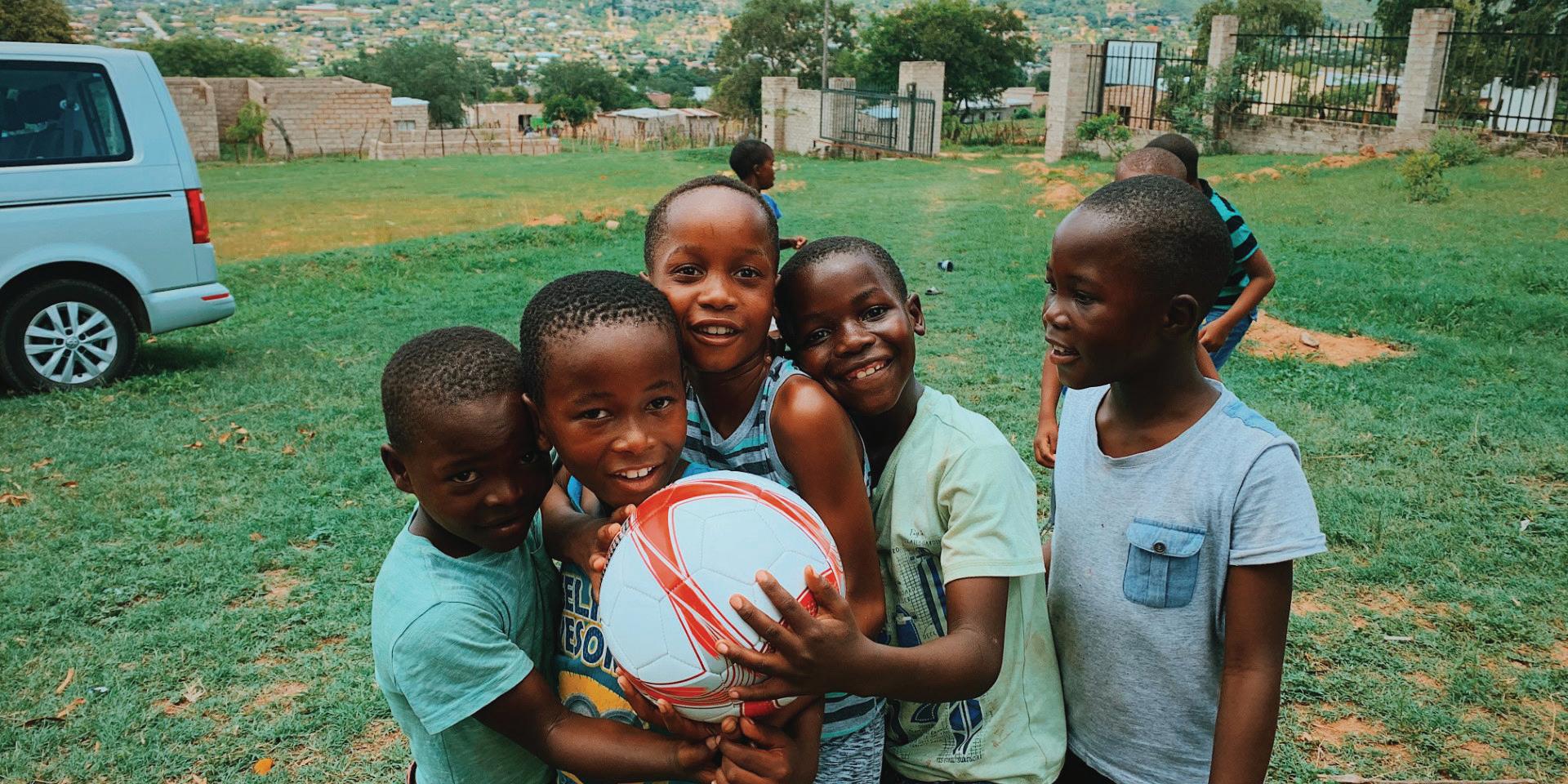
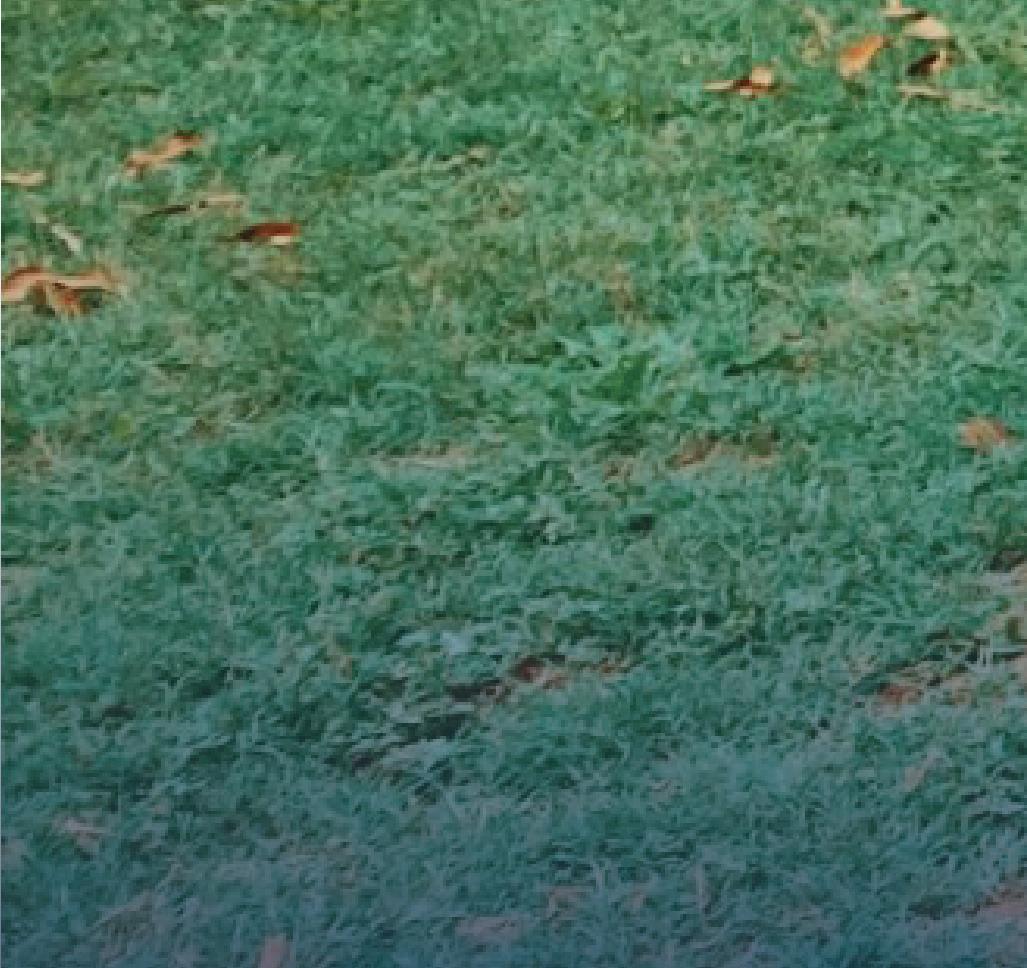
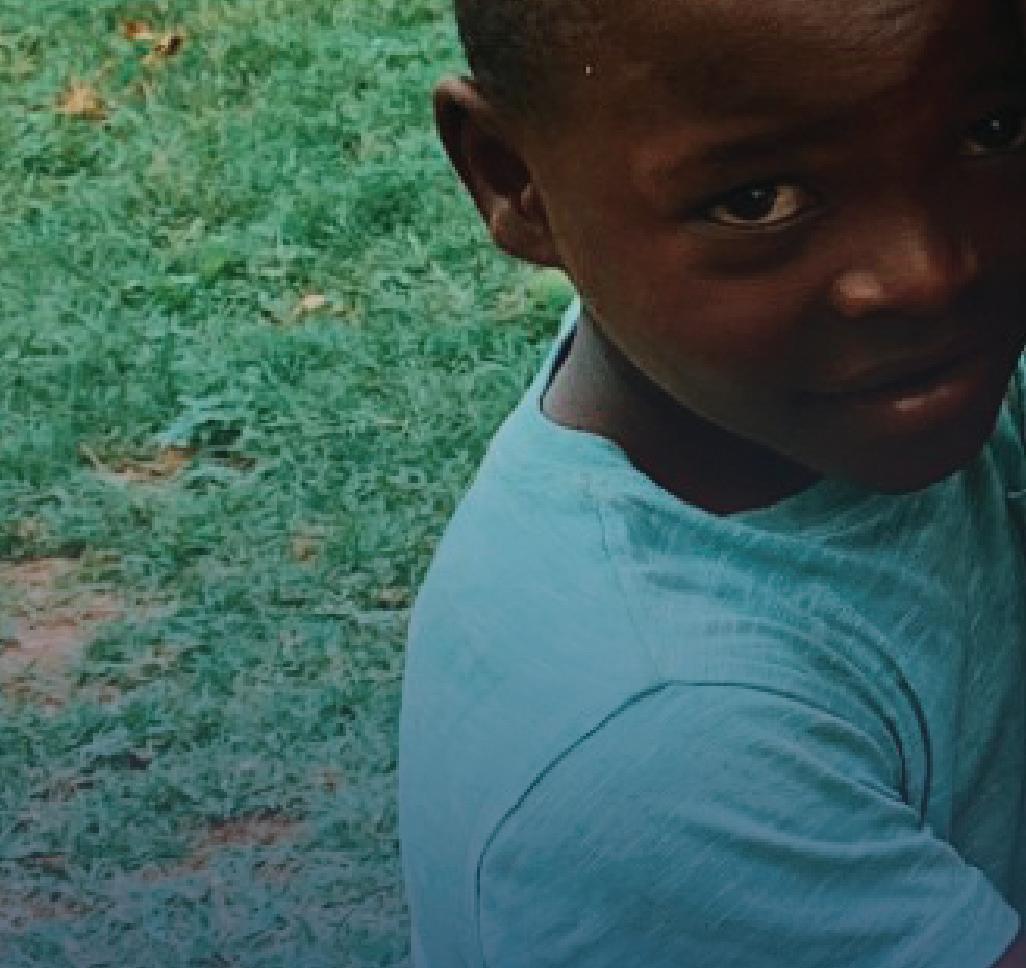
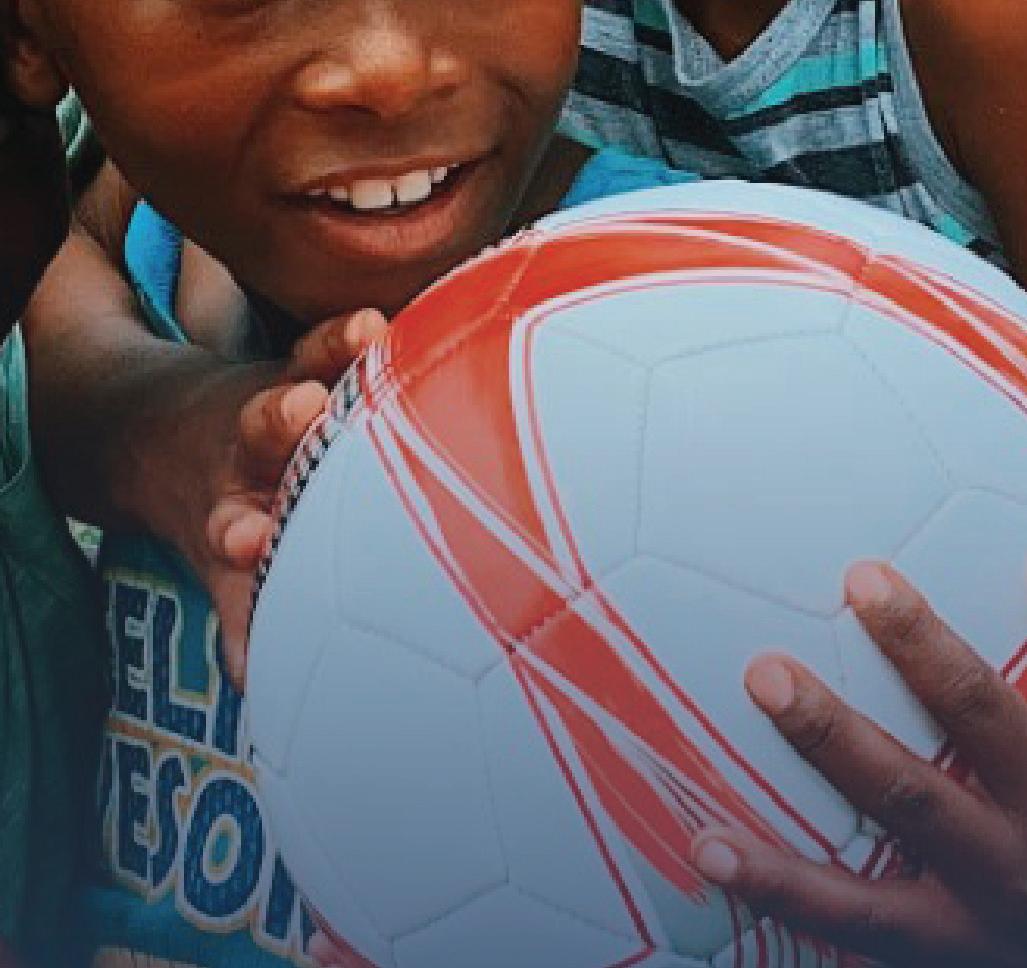
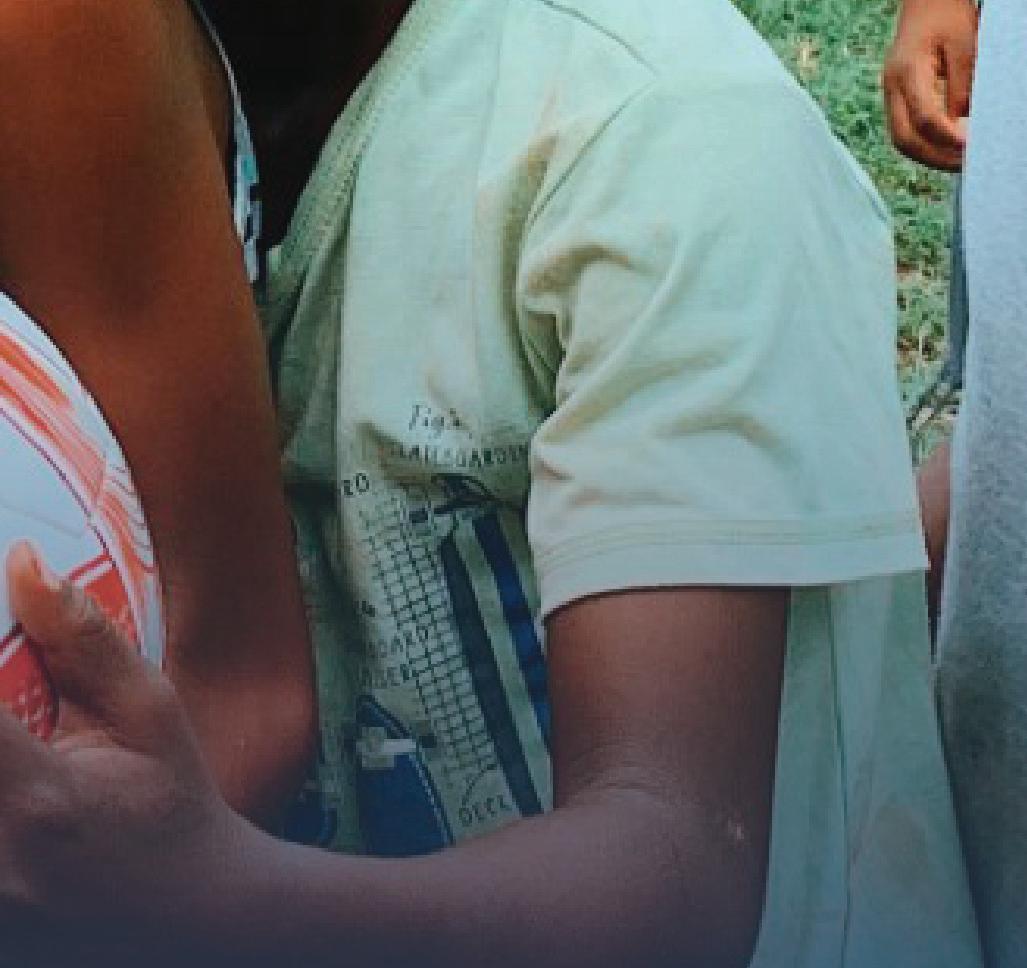
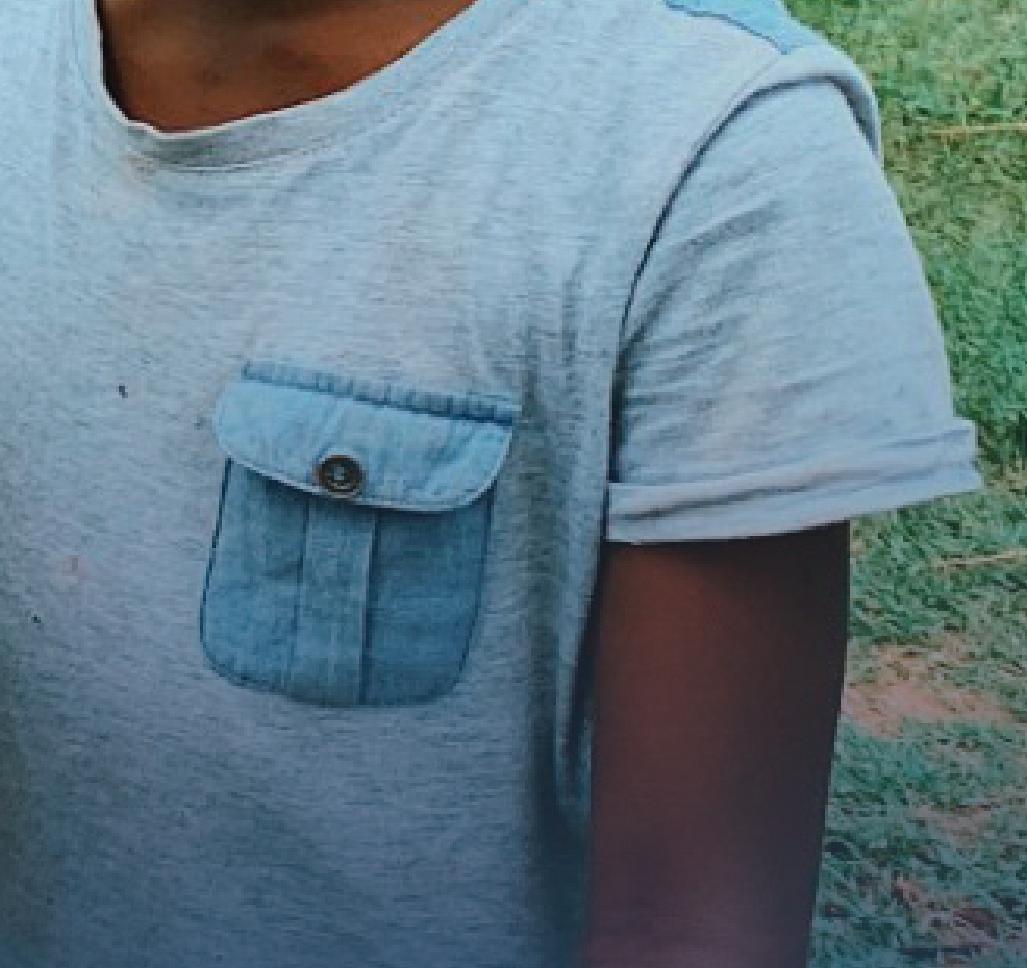
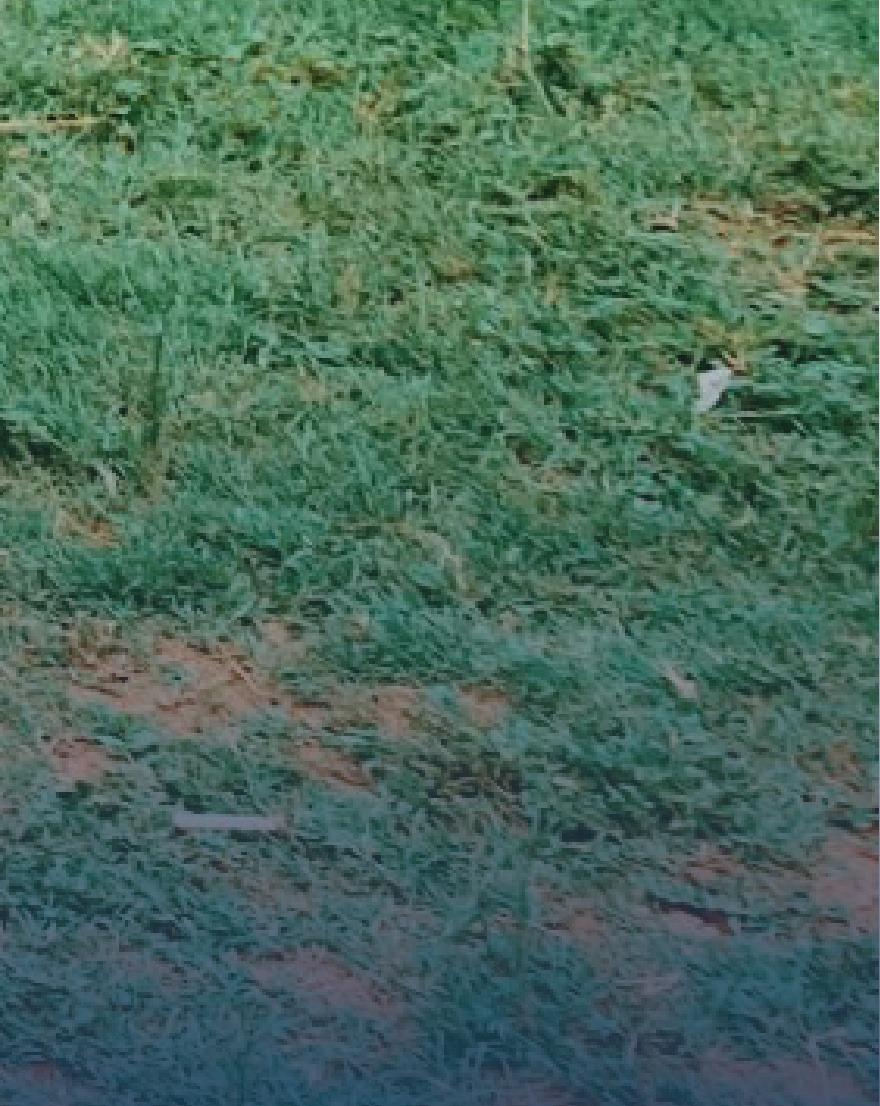



to be continued...
These projects are just the beginning. We will keep going as long as God keeps opening doors and providing the funds for us to change lives.
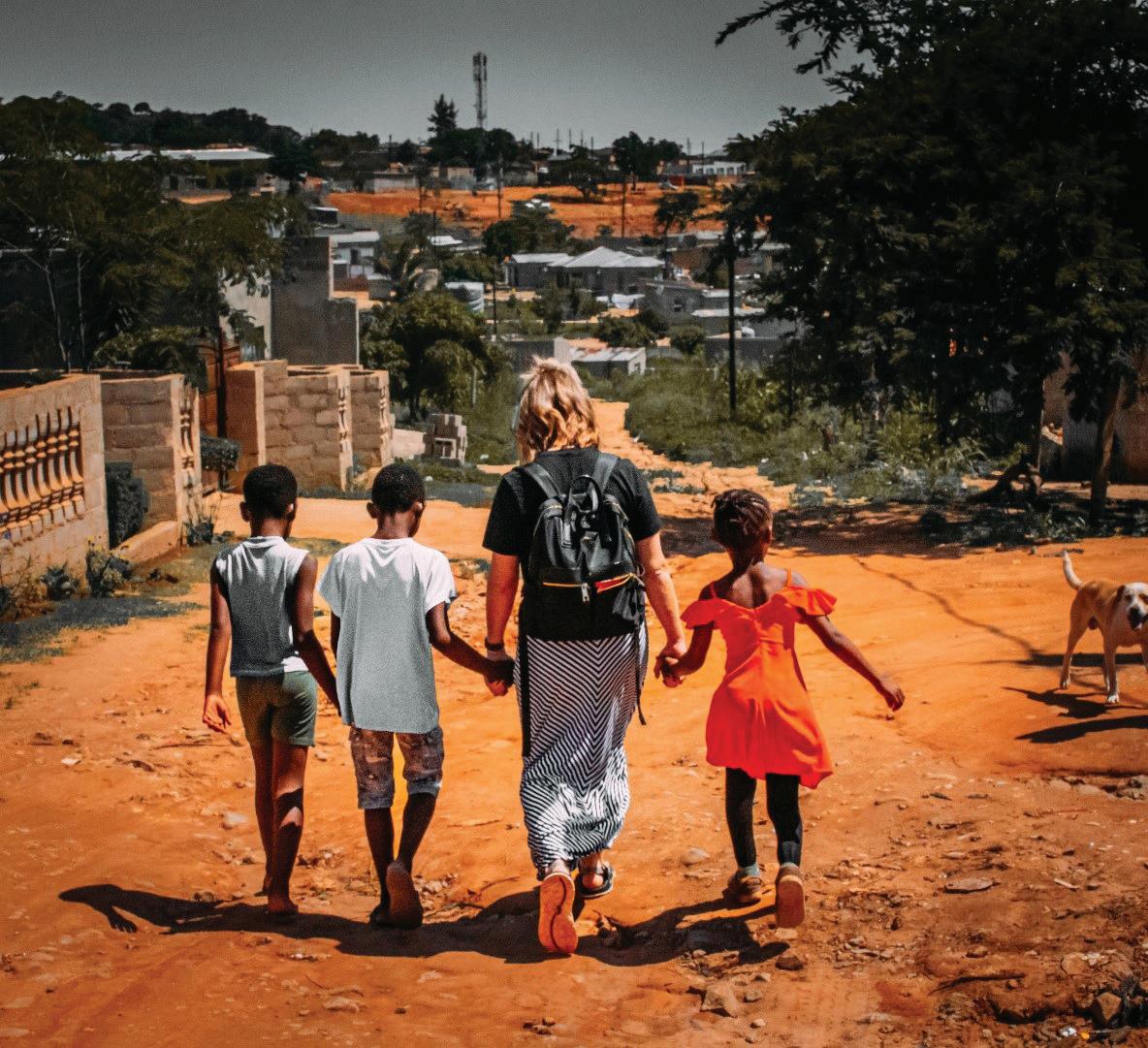
We will keep asking what the next right thing is and keep taking even the little bold steps of faith, trusting we have a big God who can meet all our needs and more.
We can’t wait to see what God has in store for 28Bold next, and we want you to be there every step of the way.




